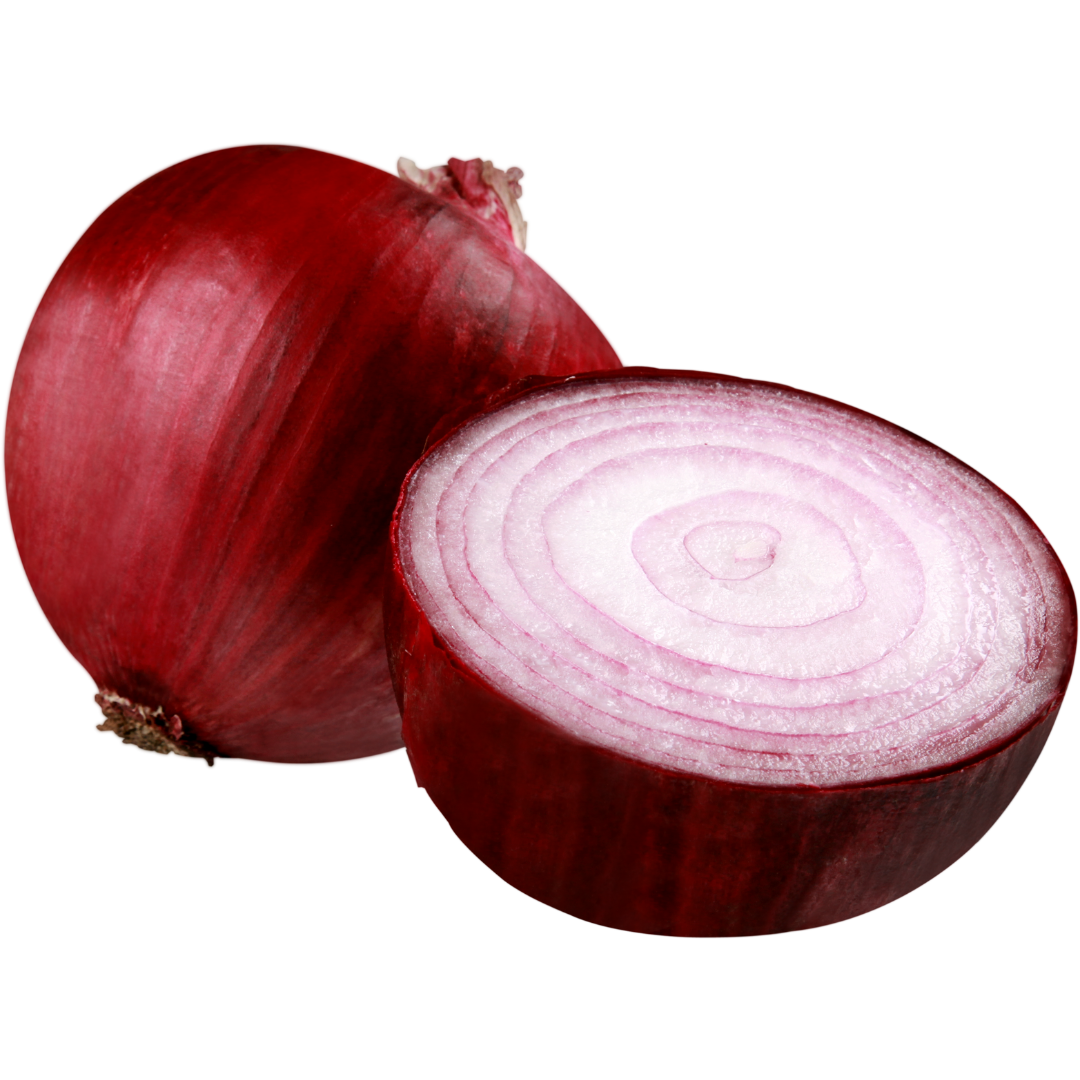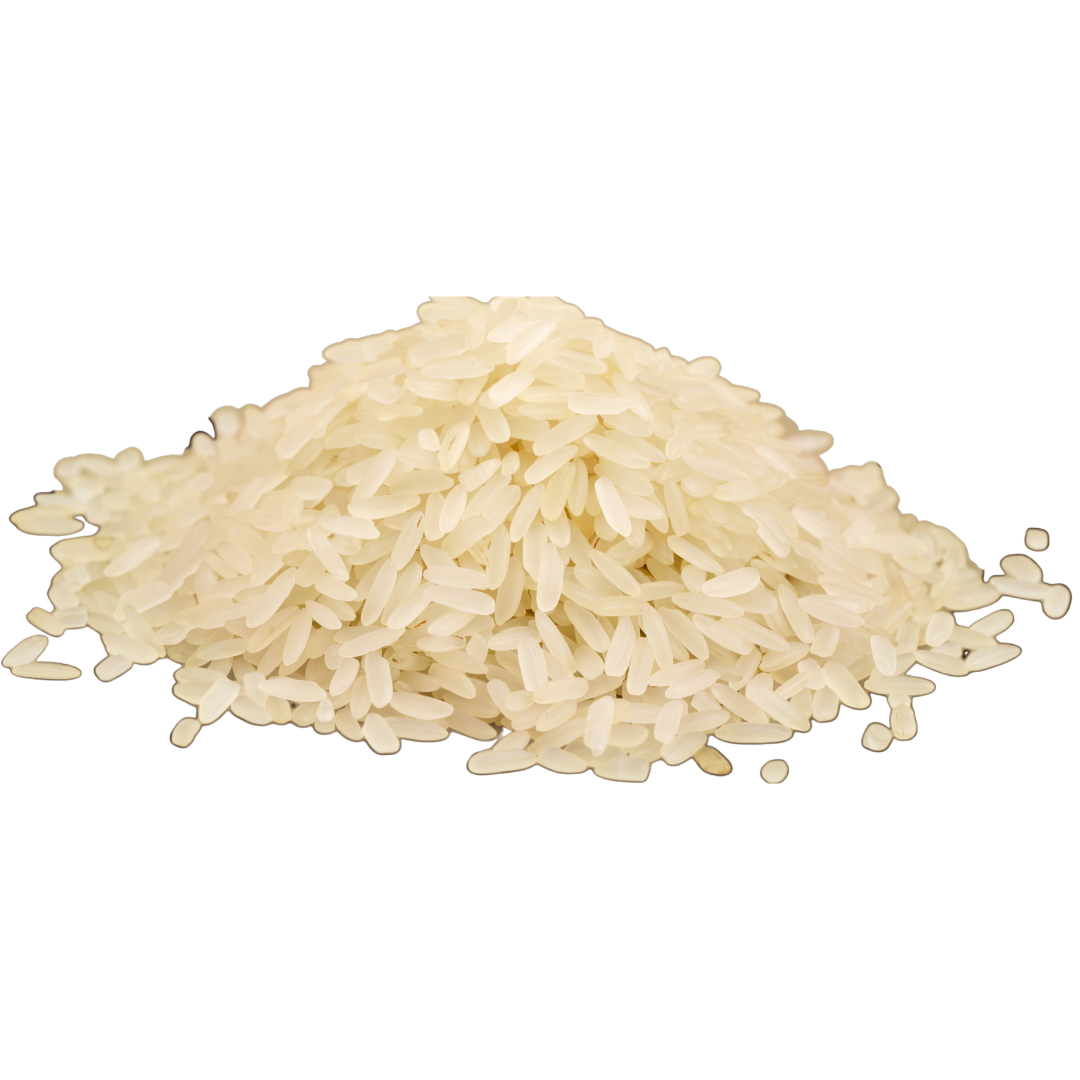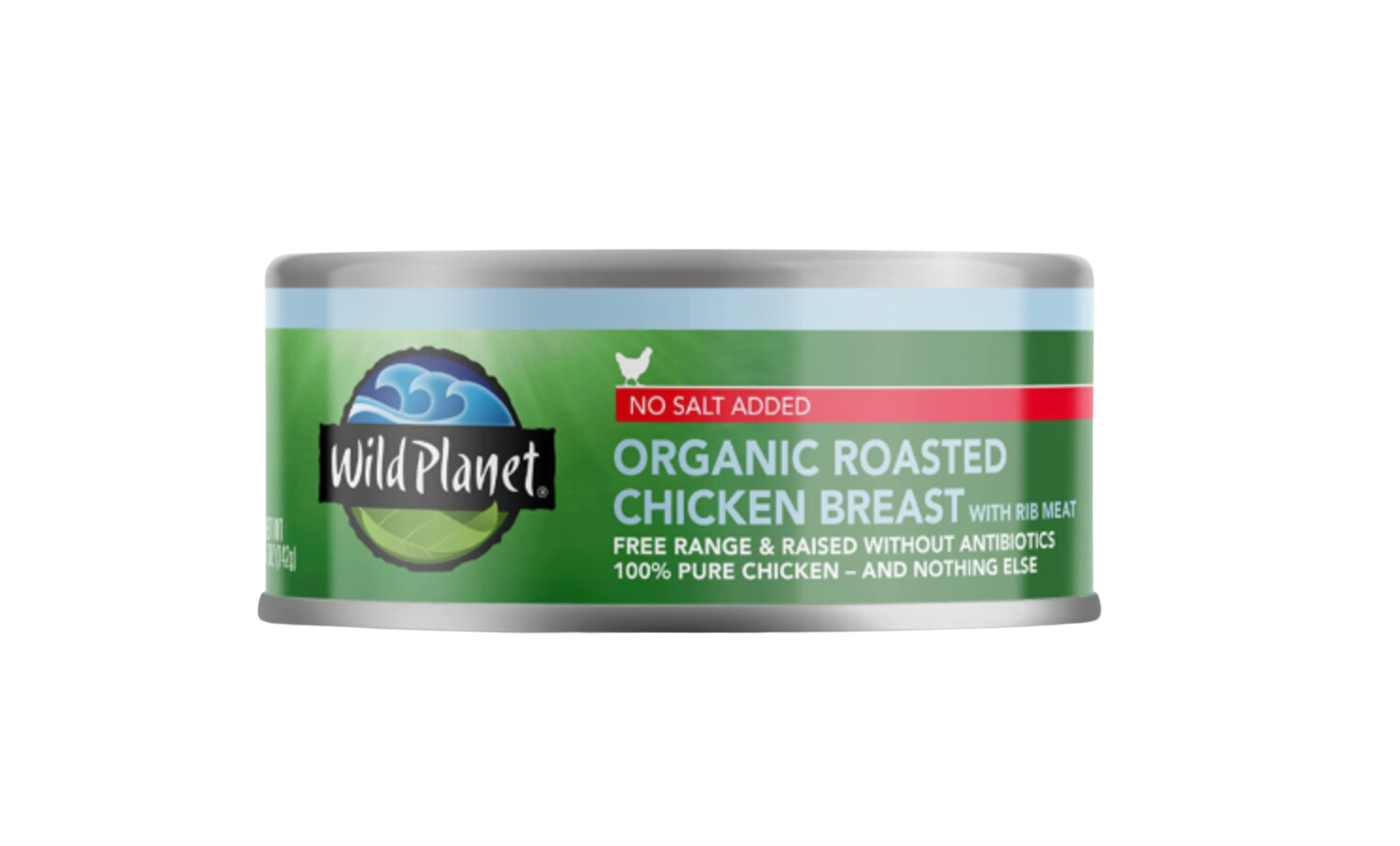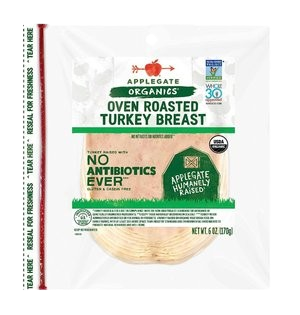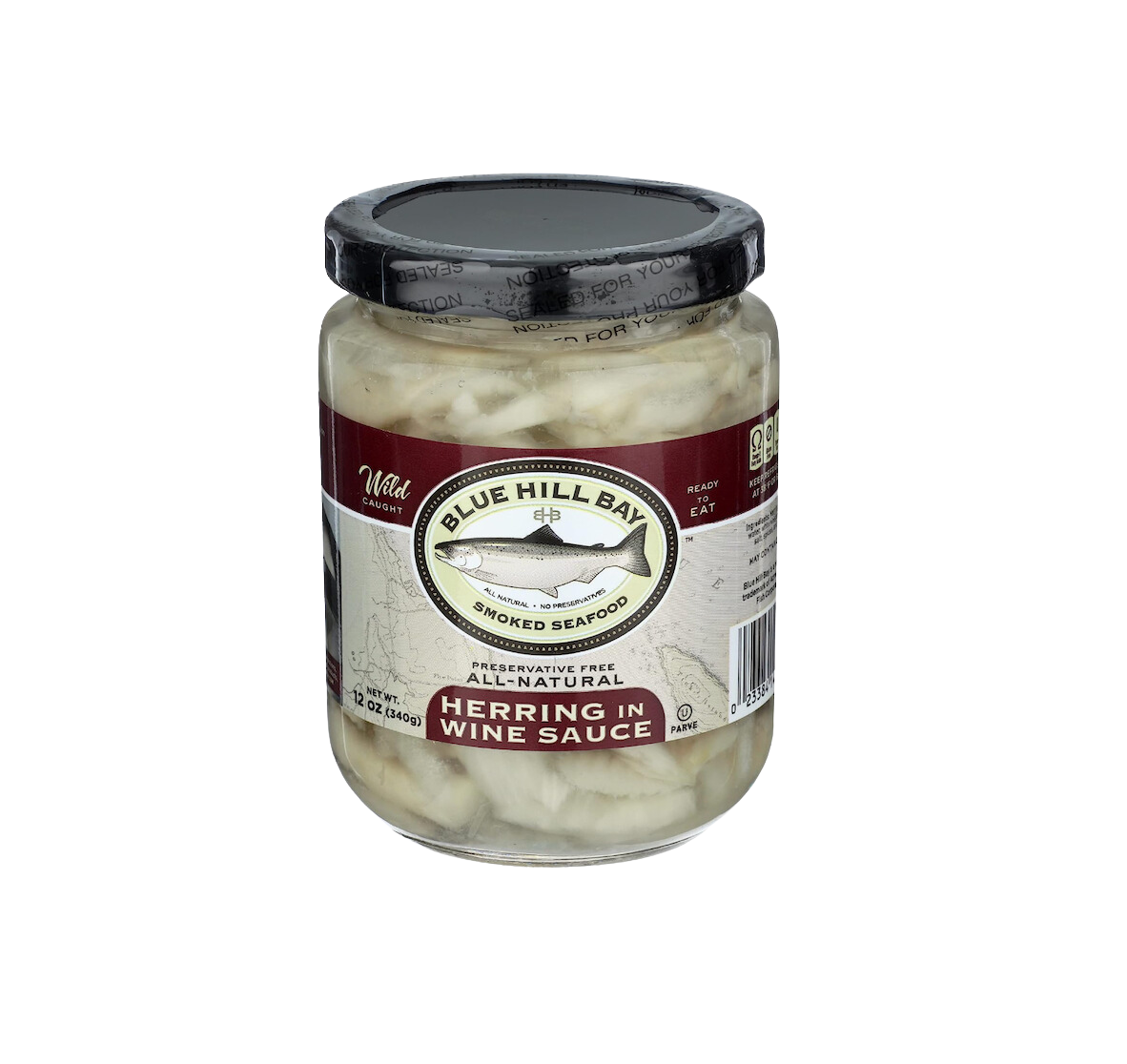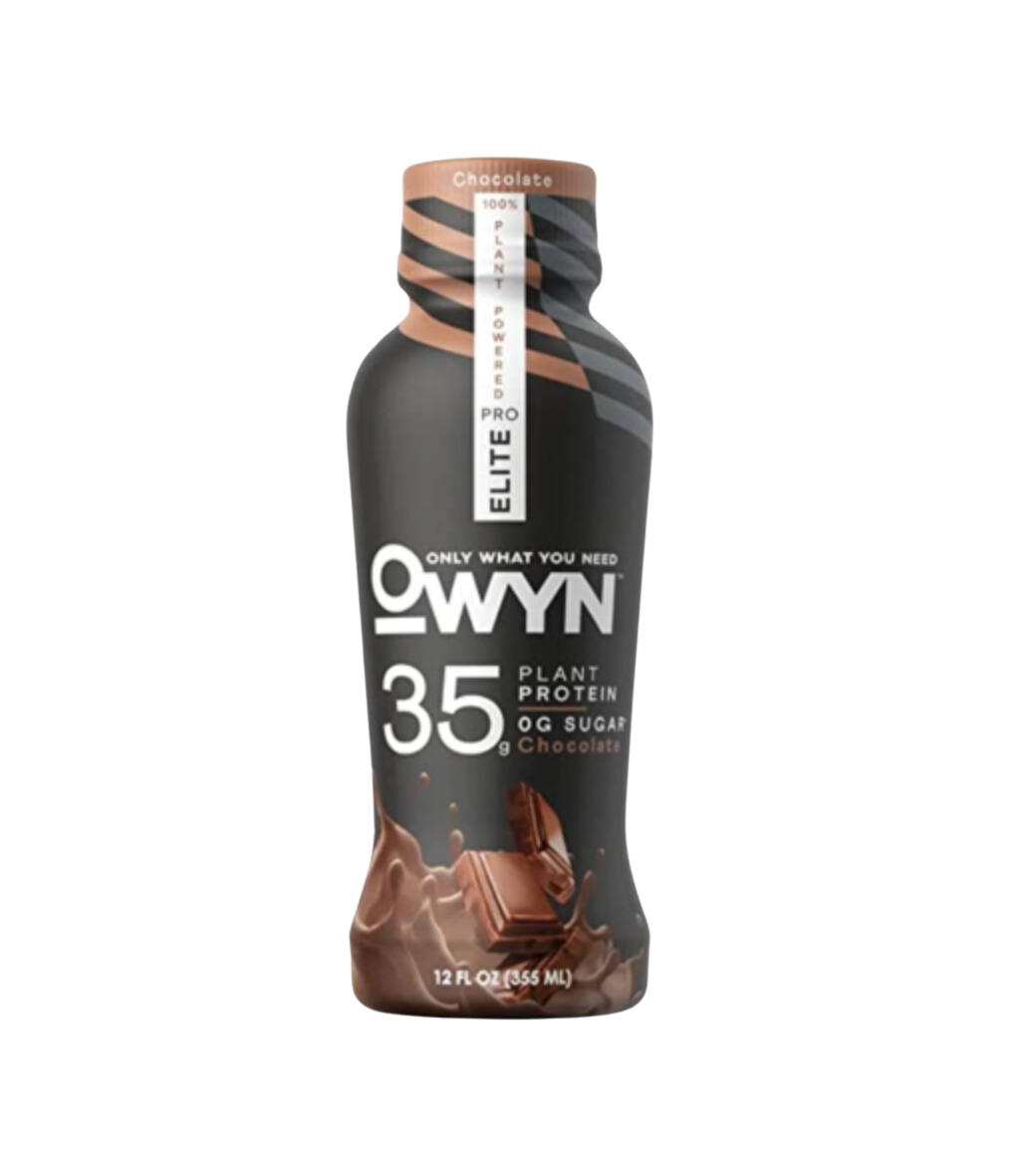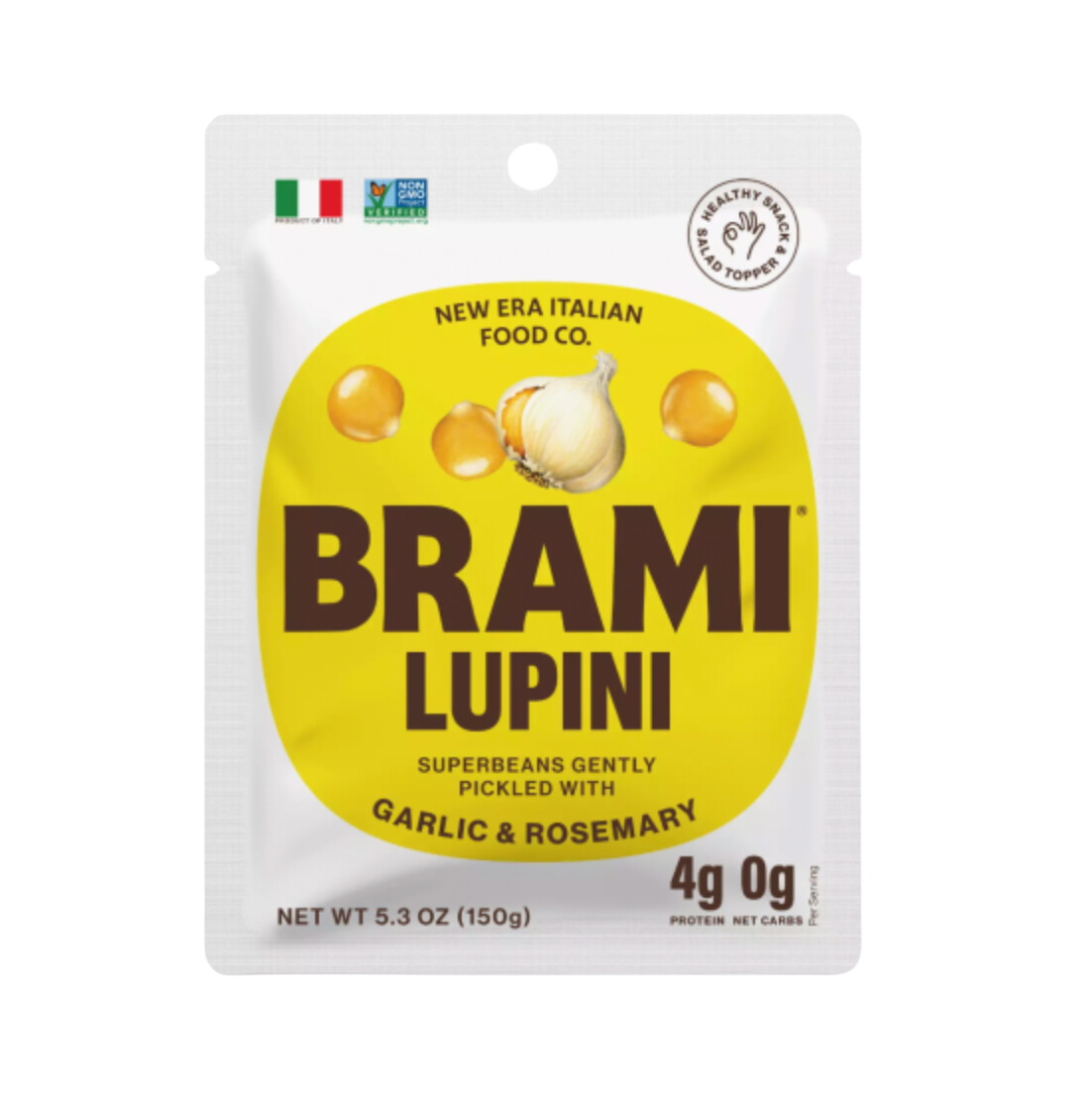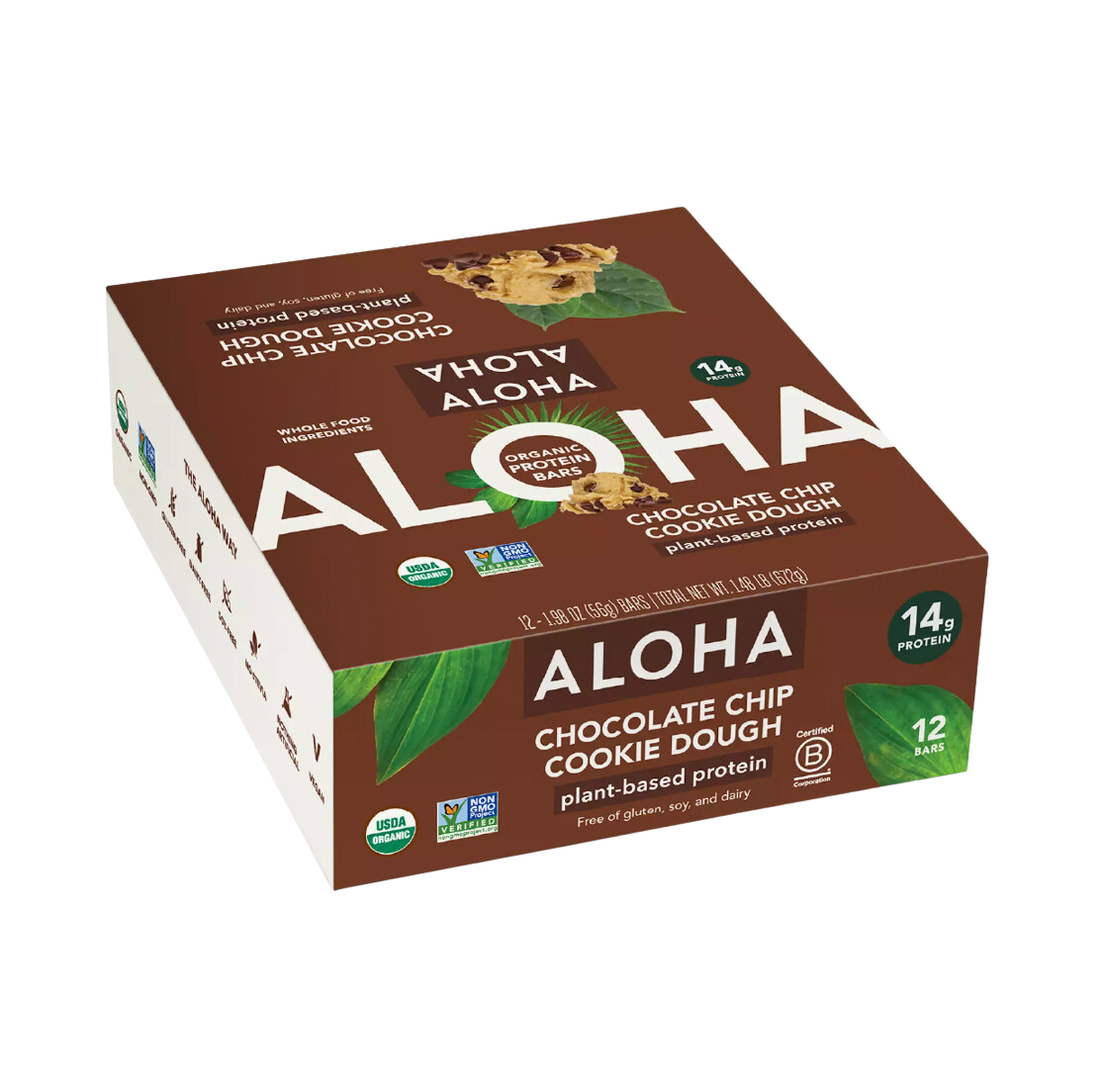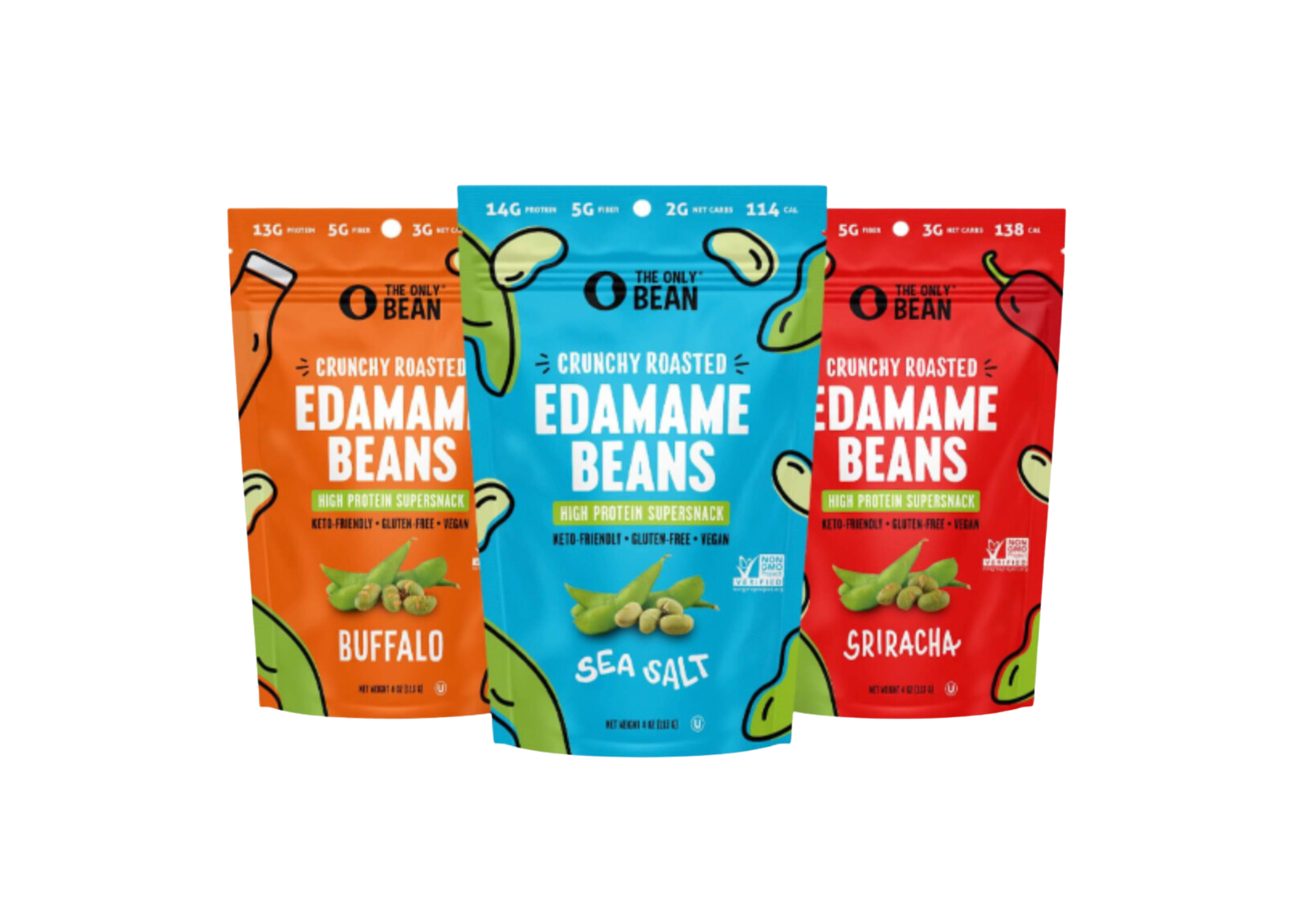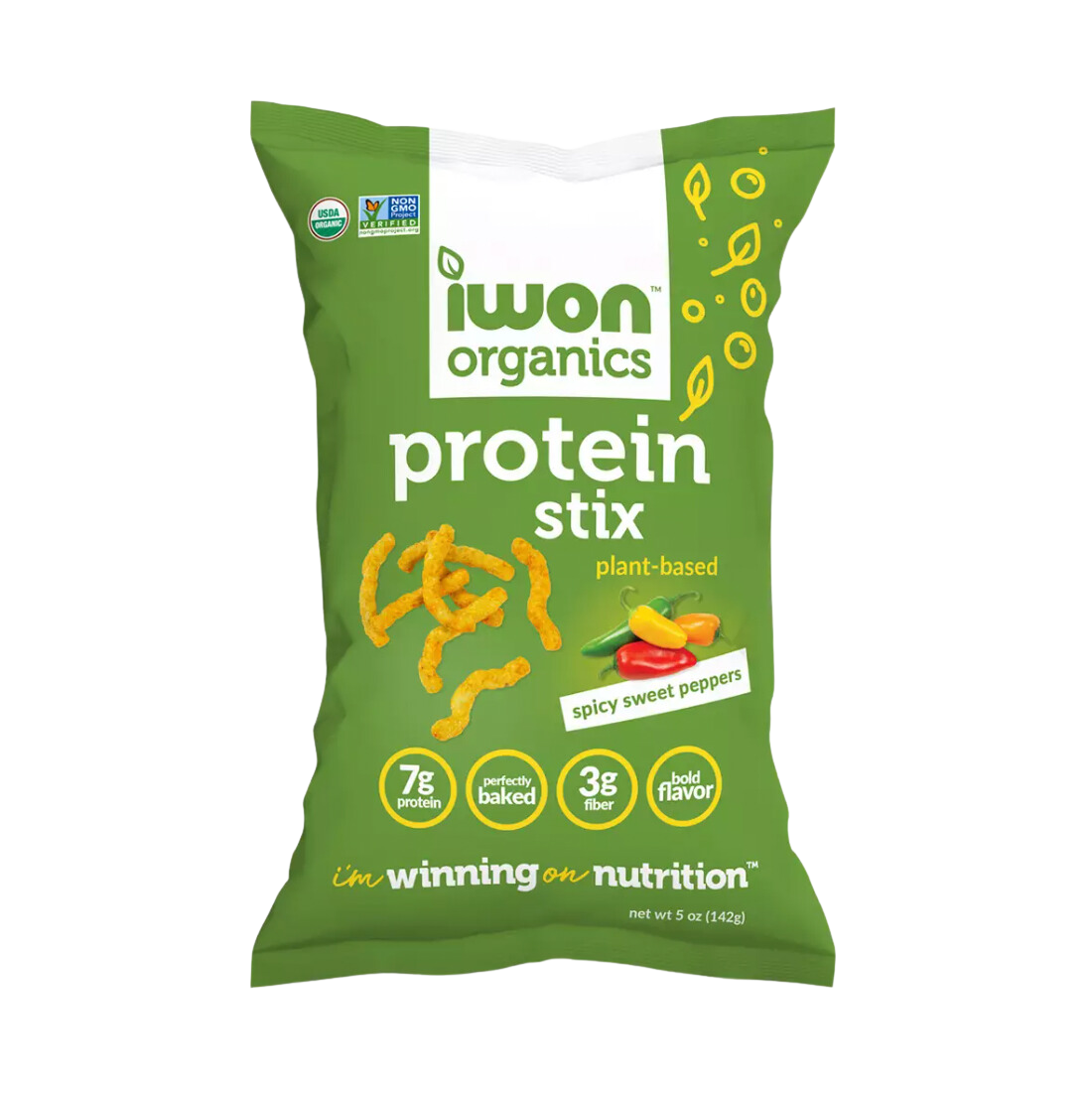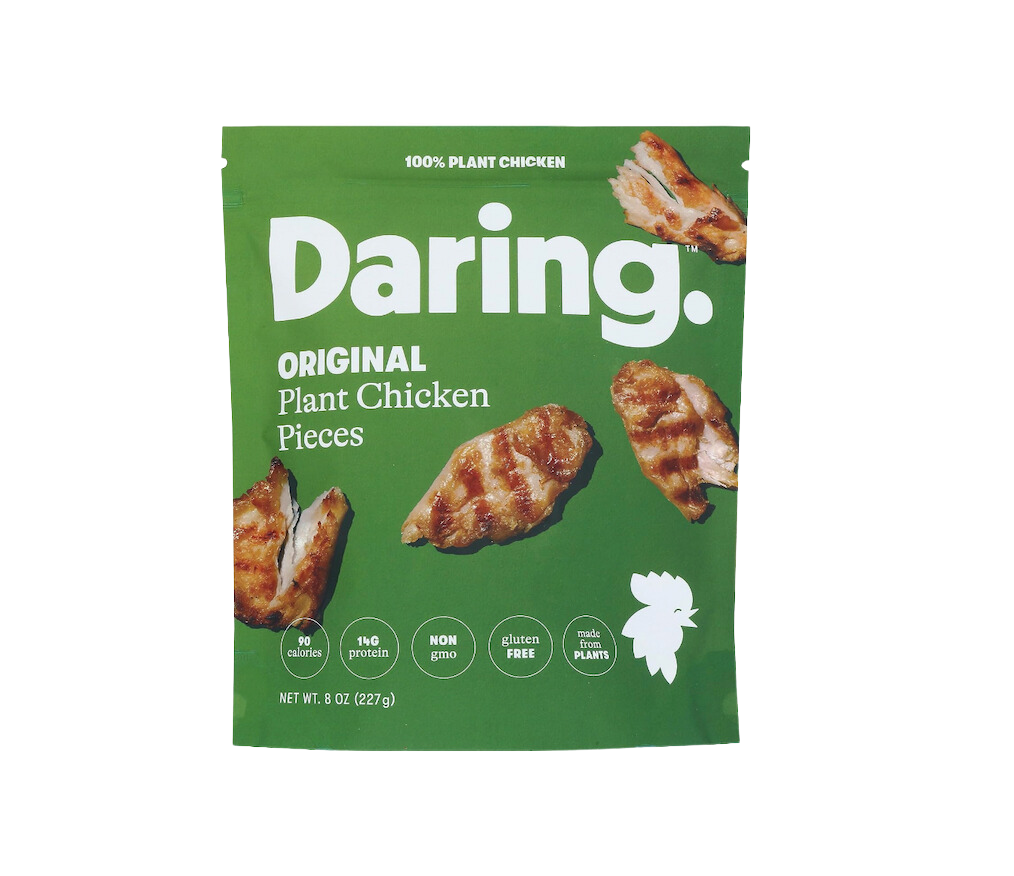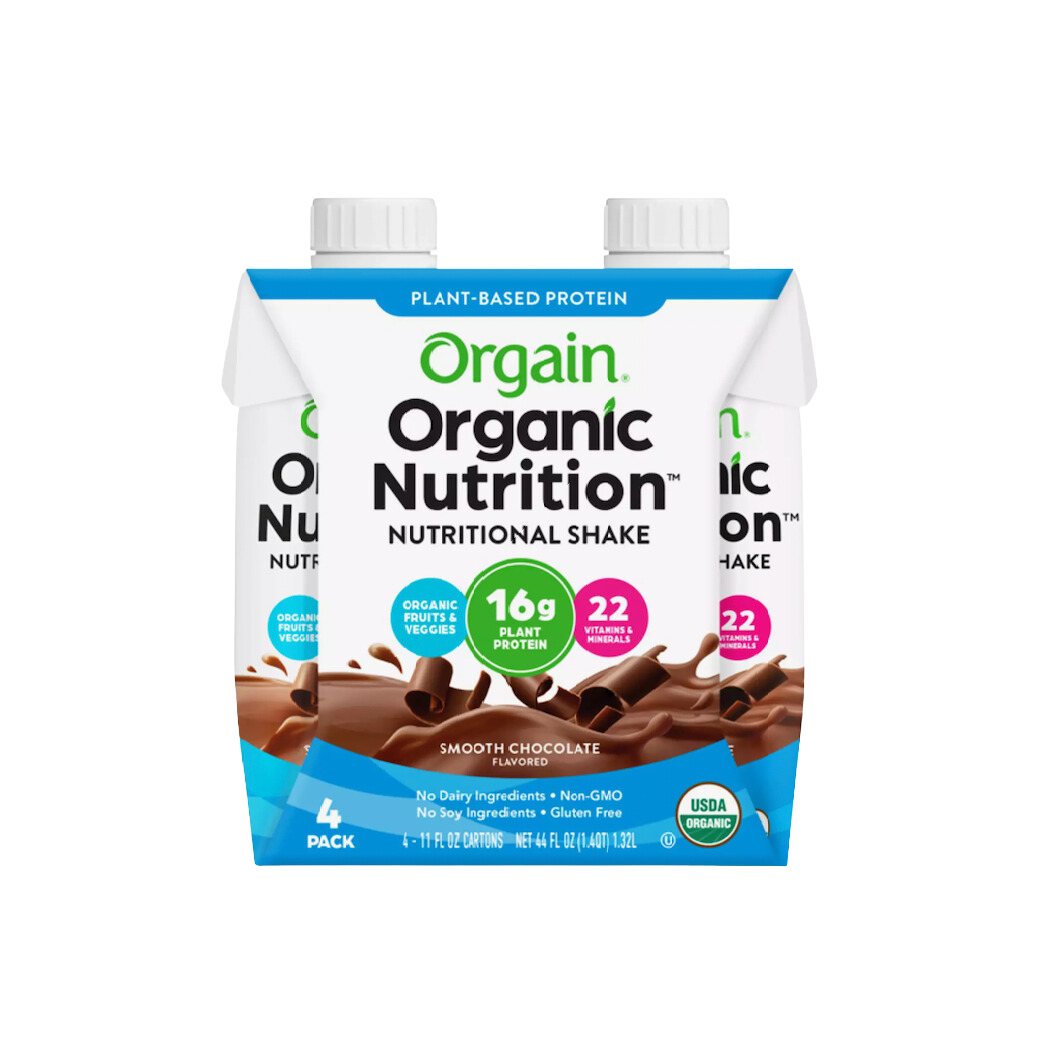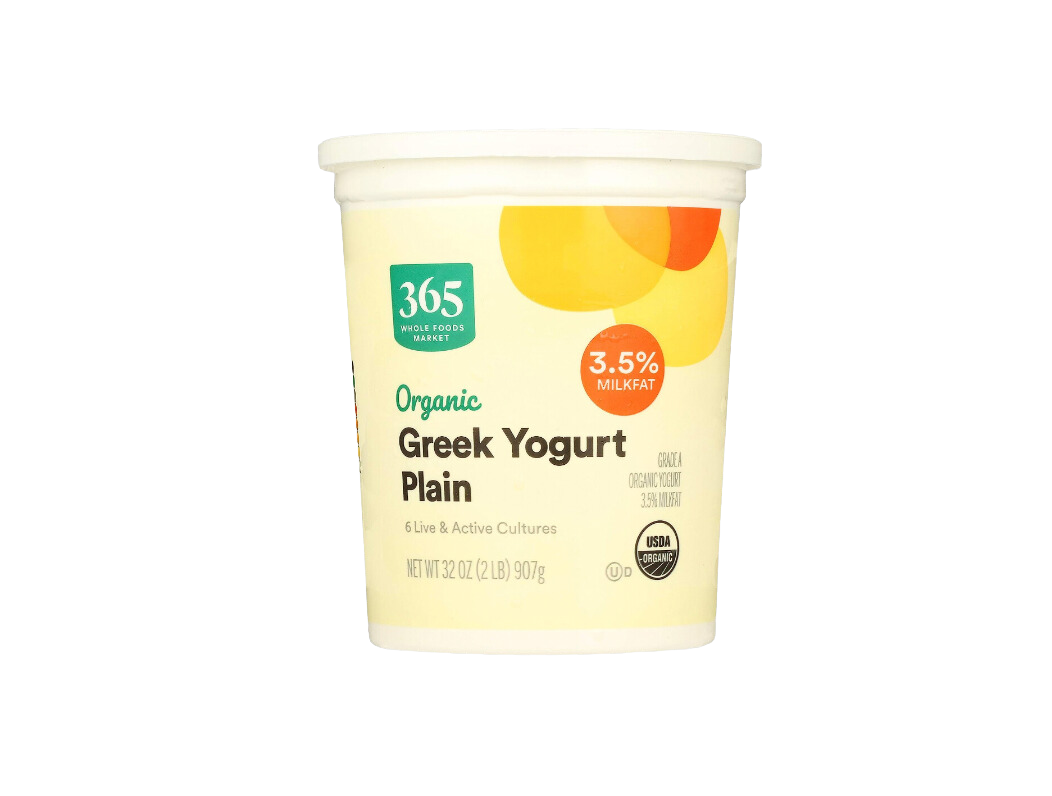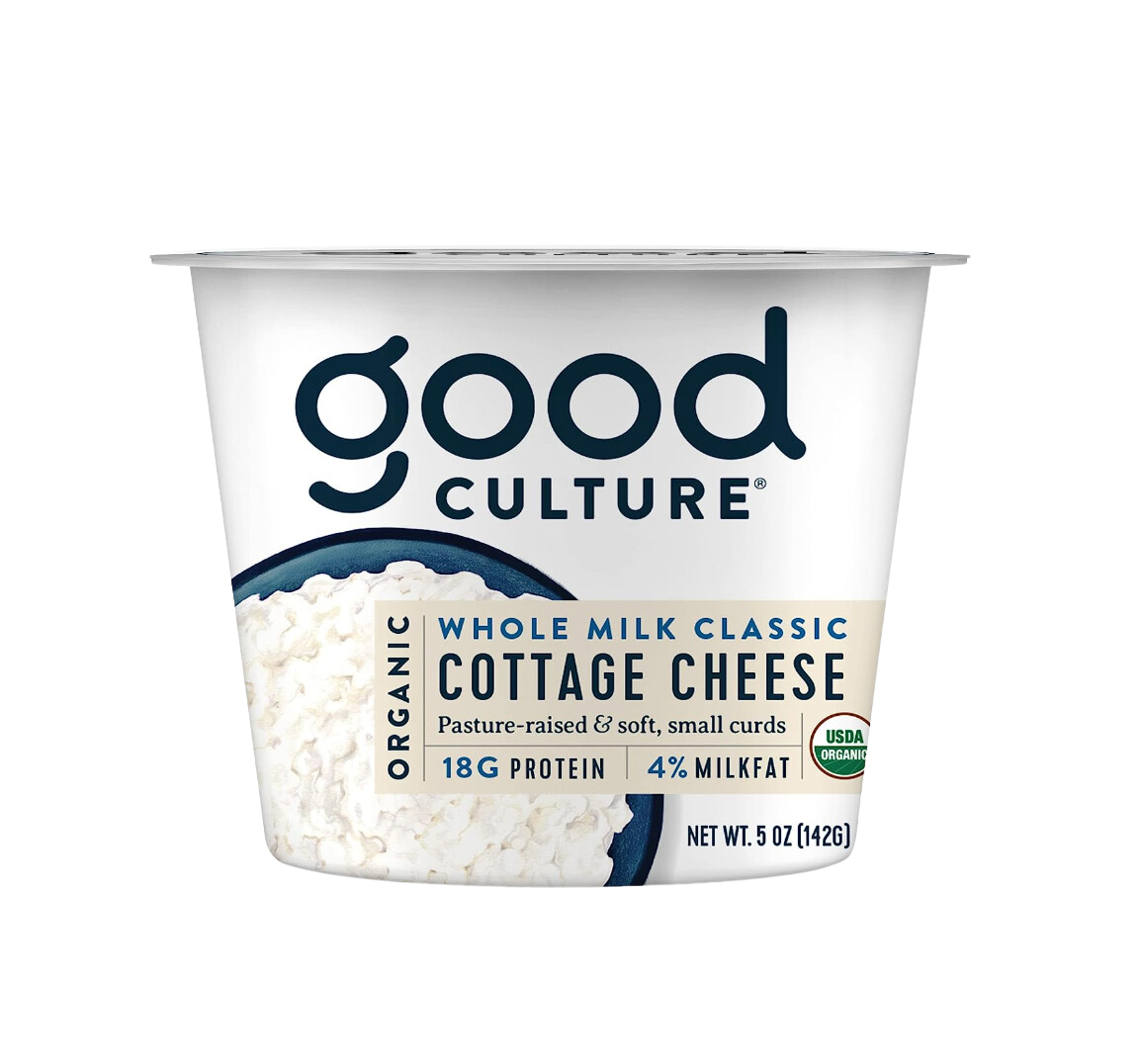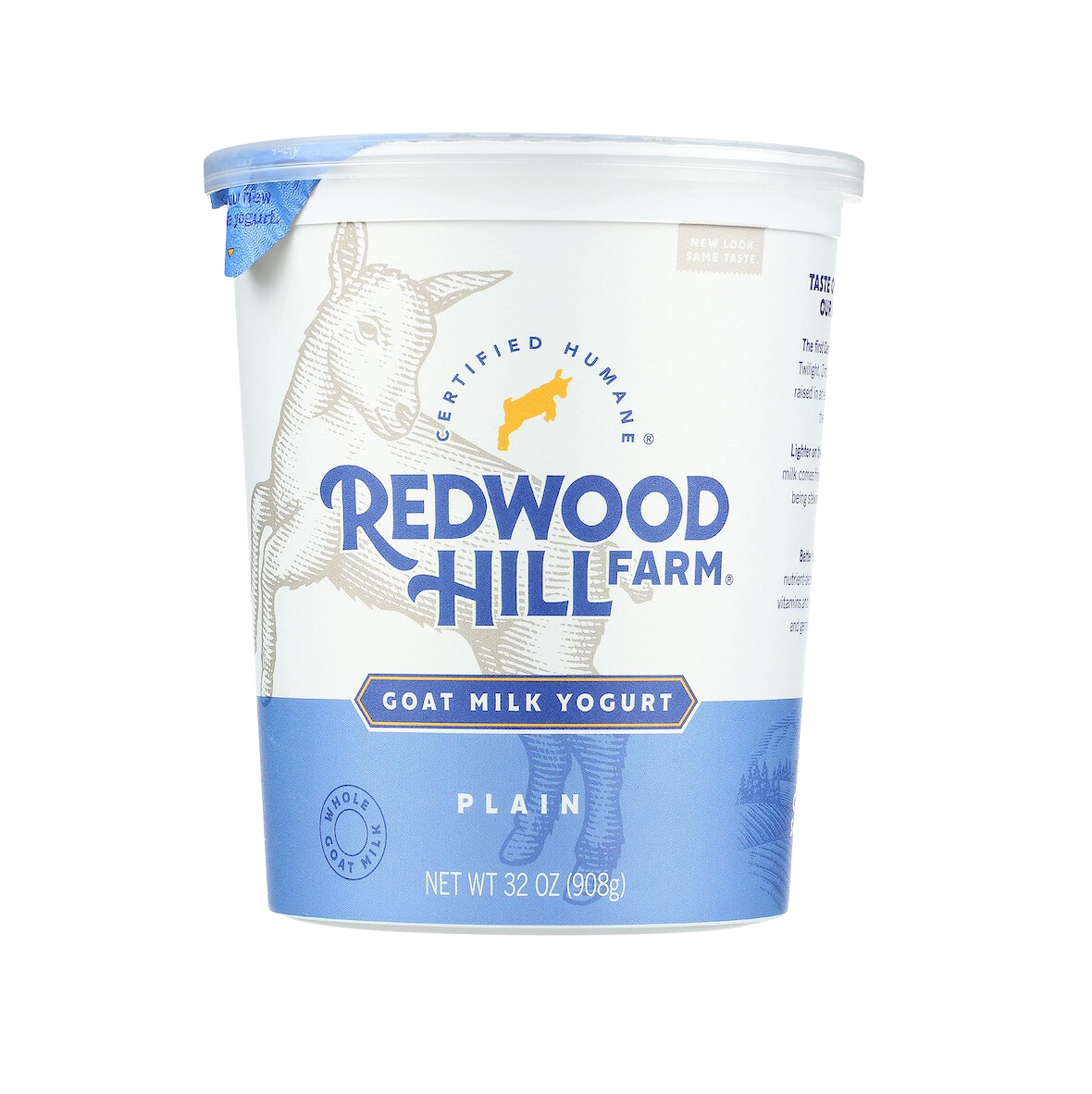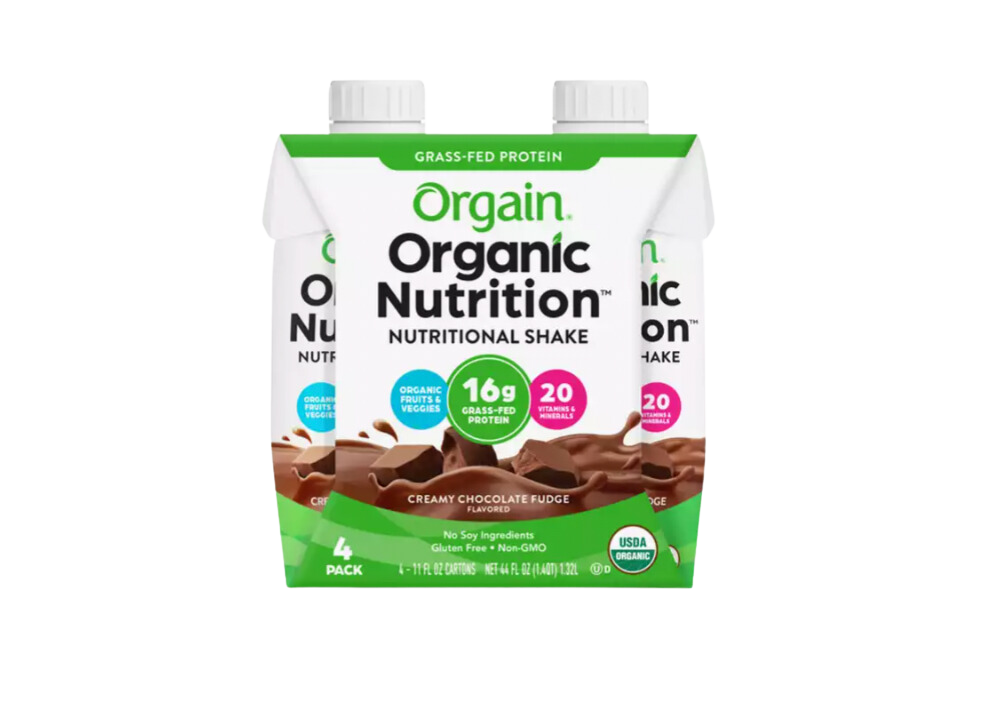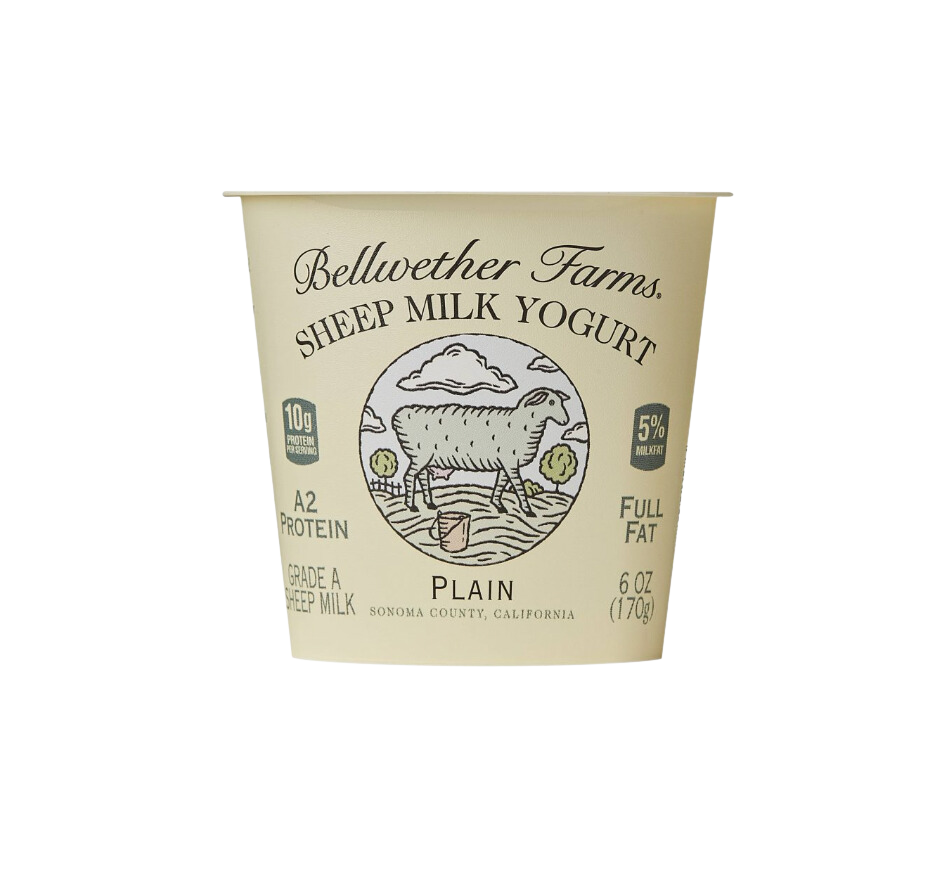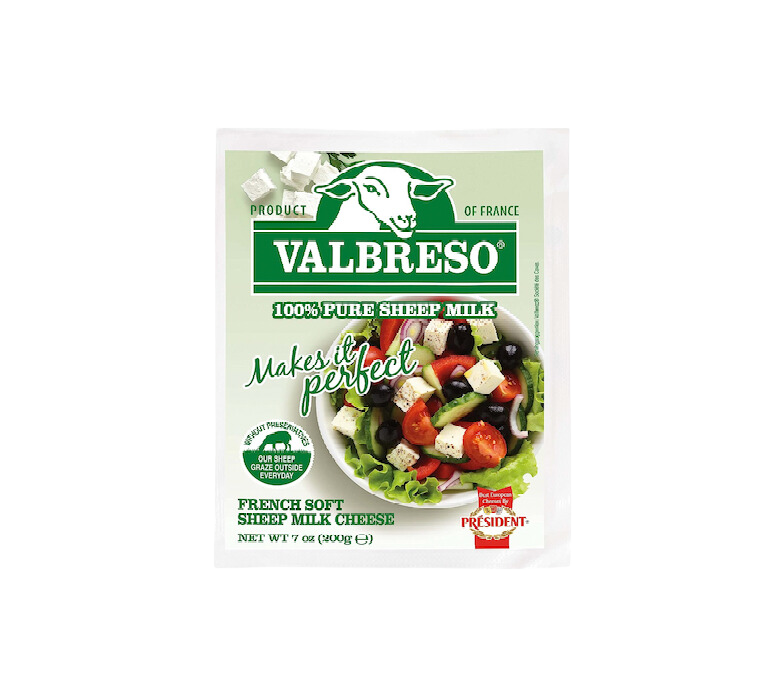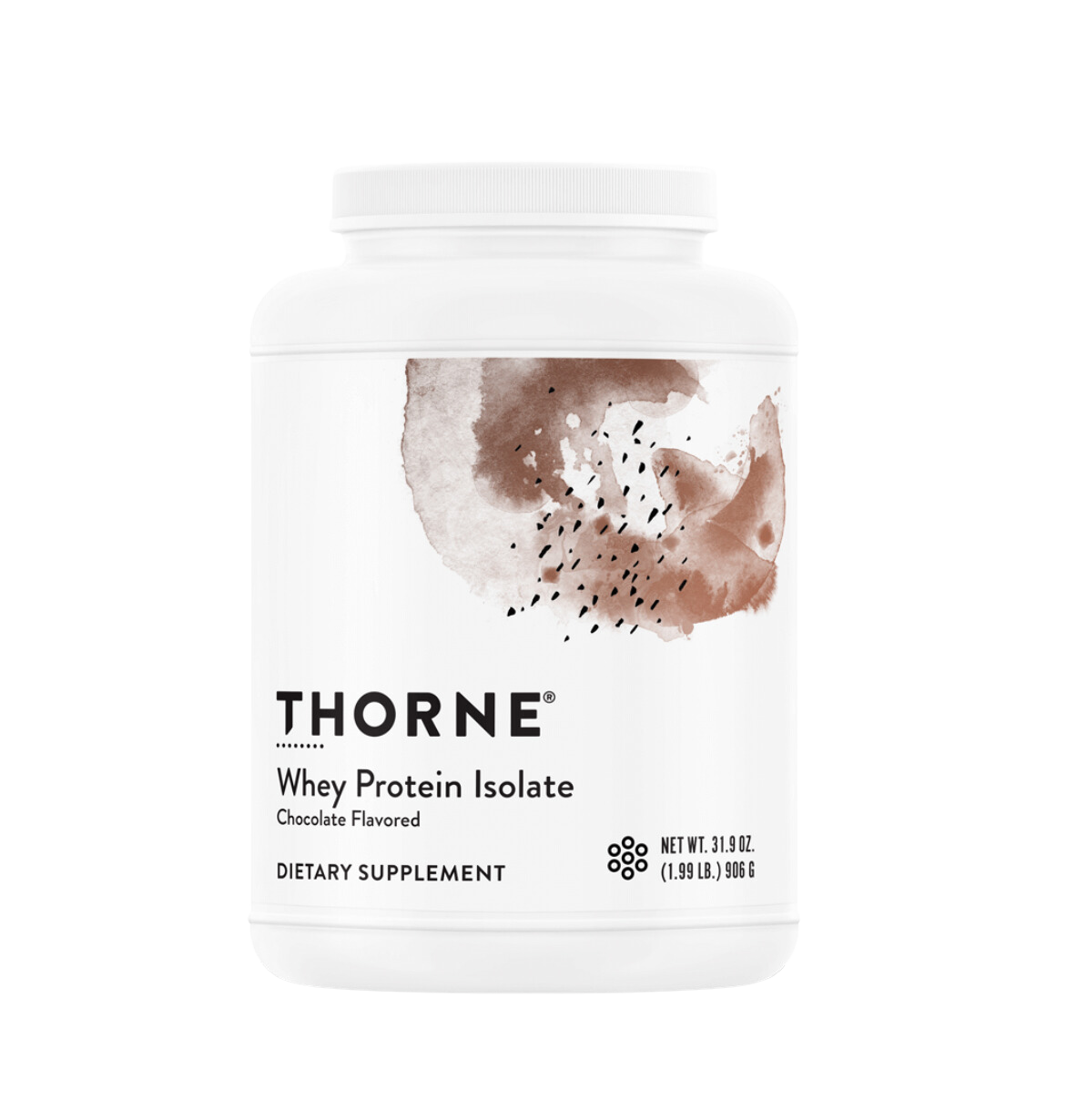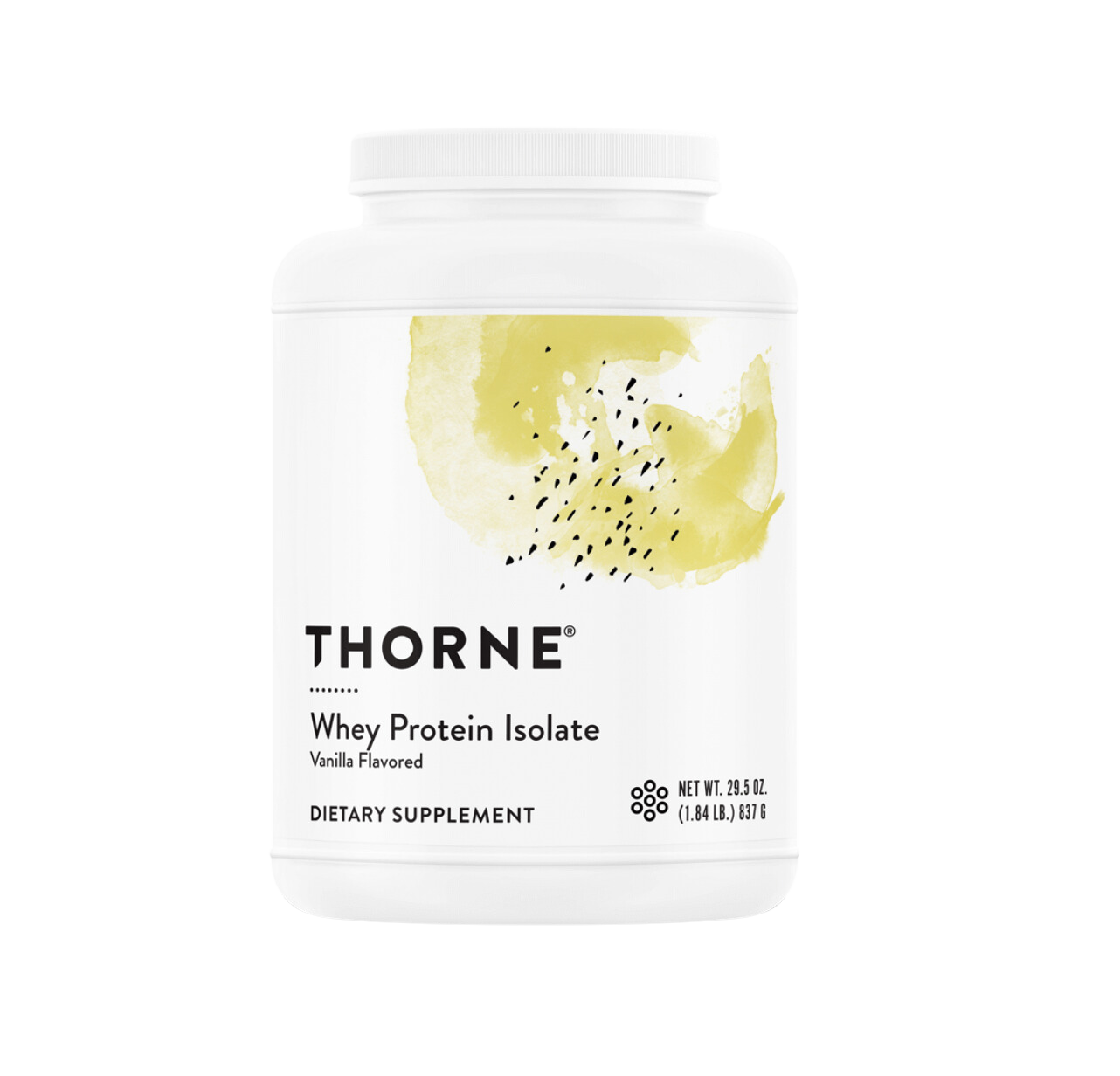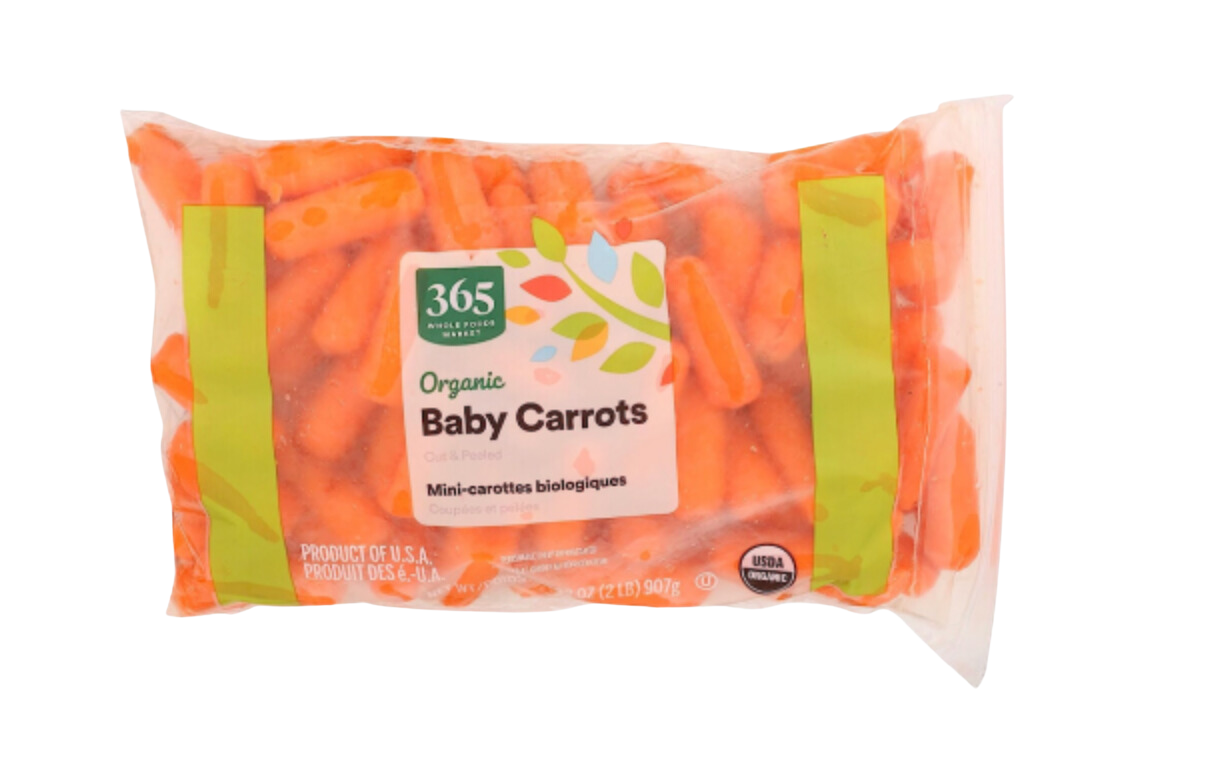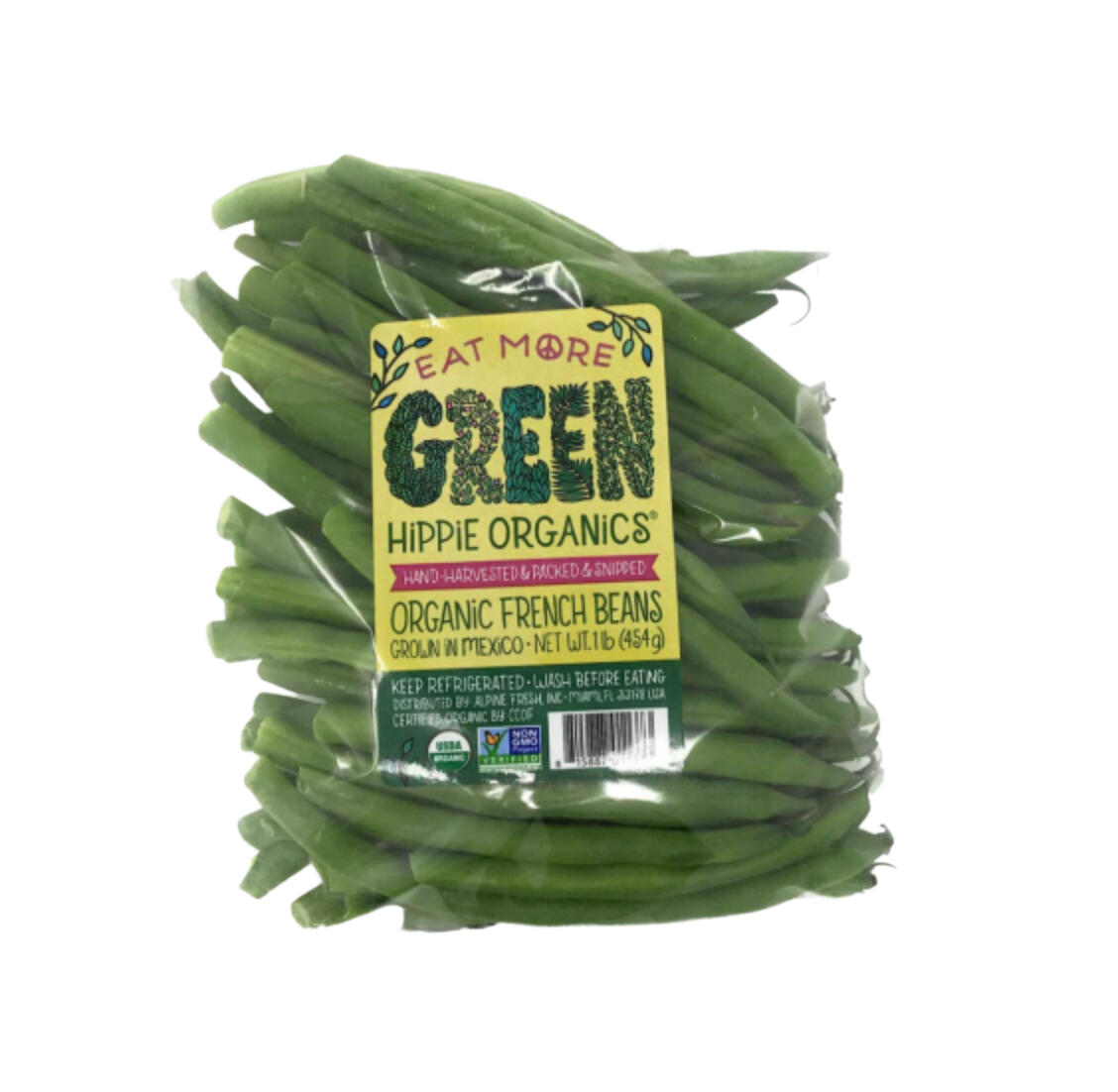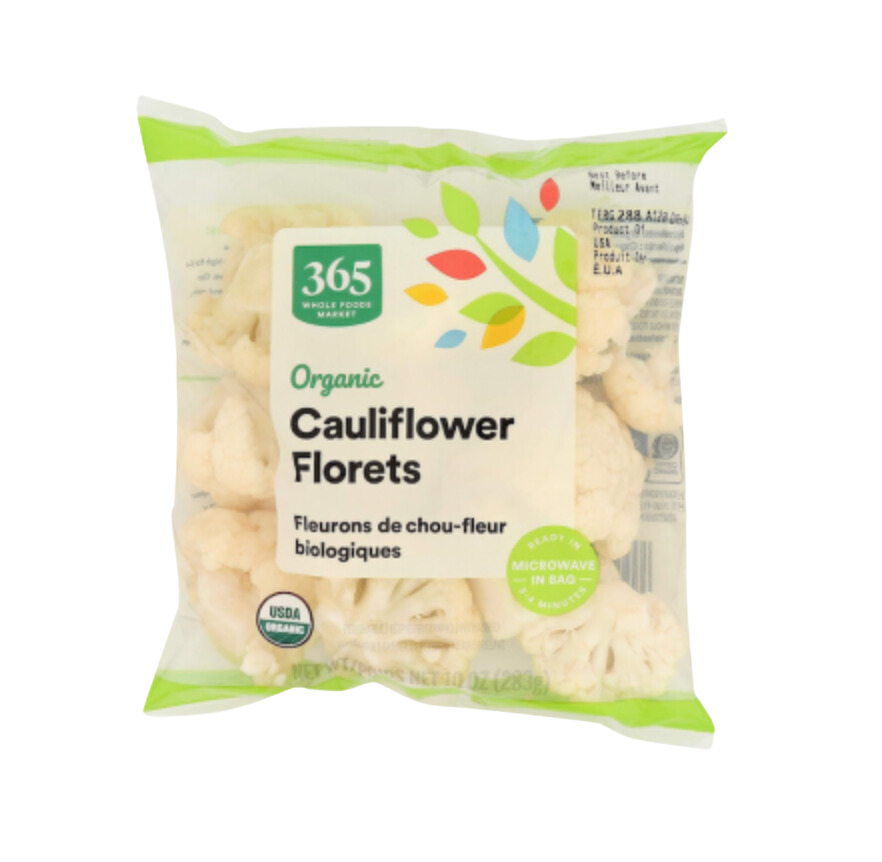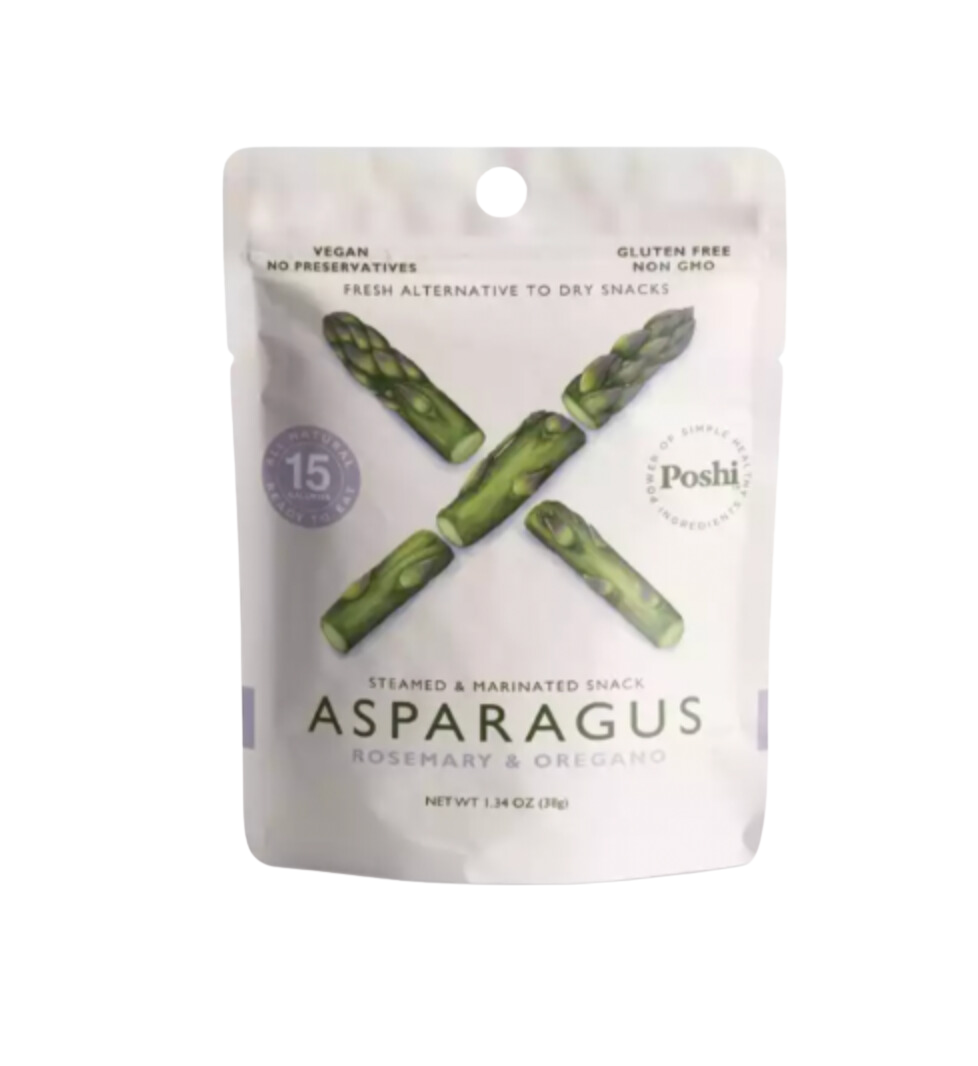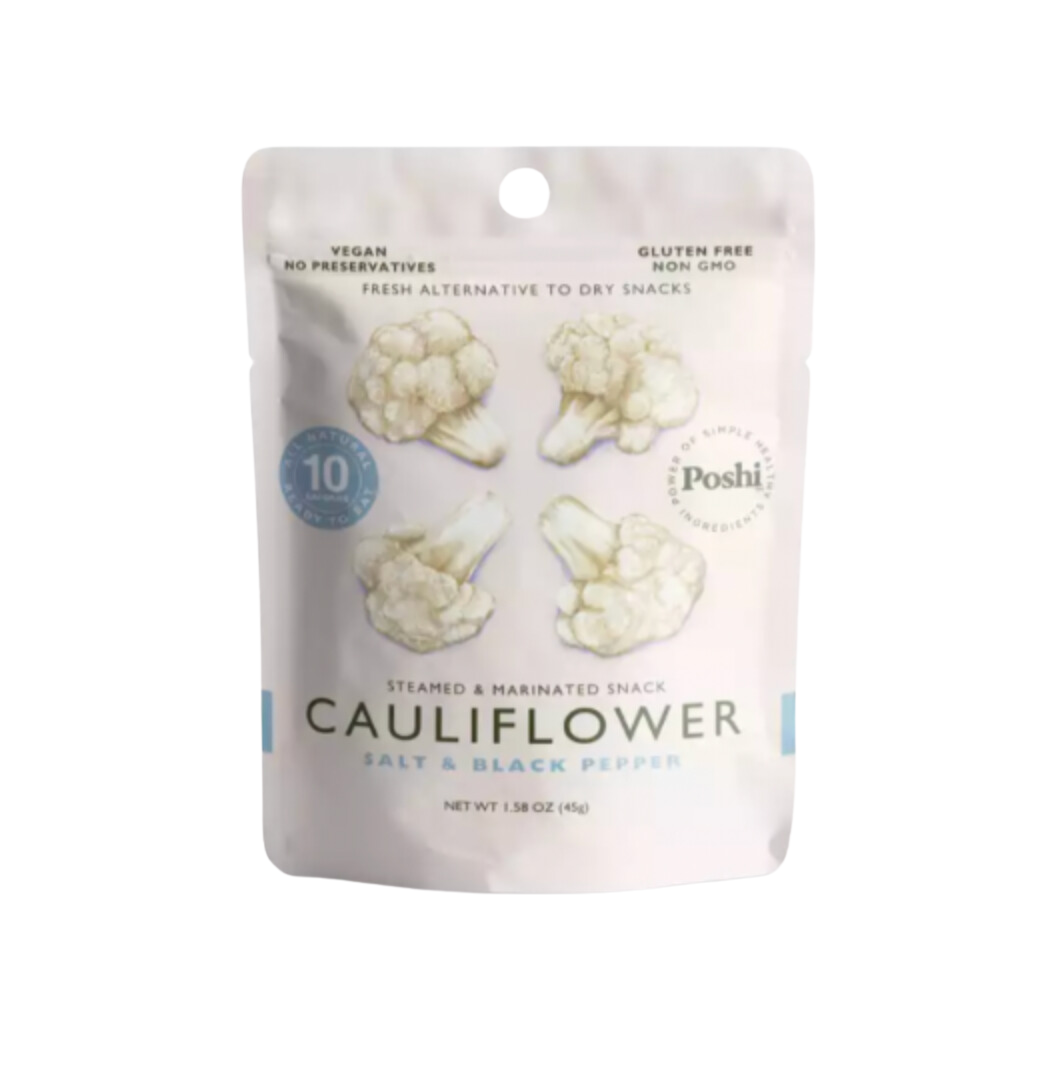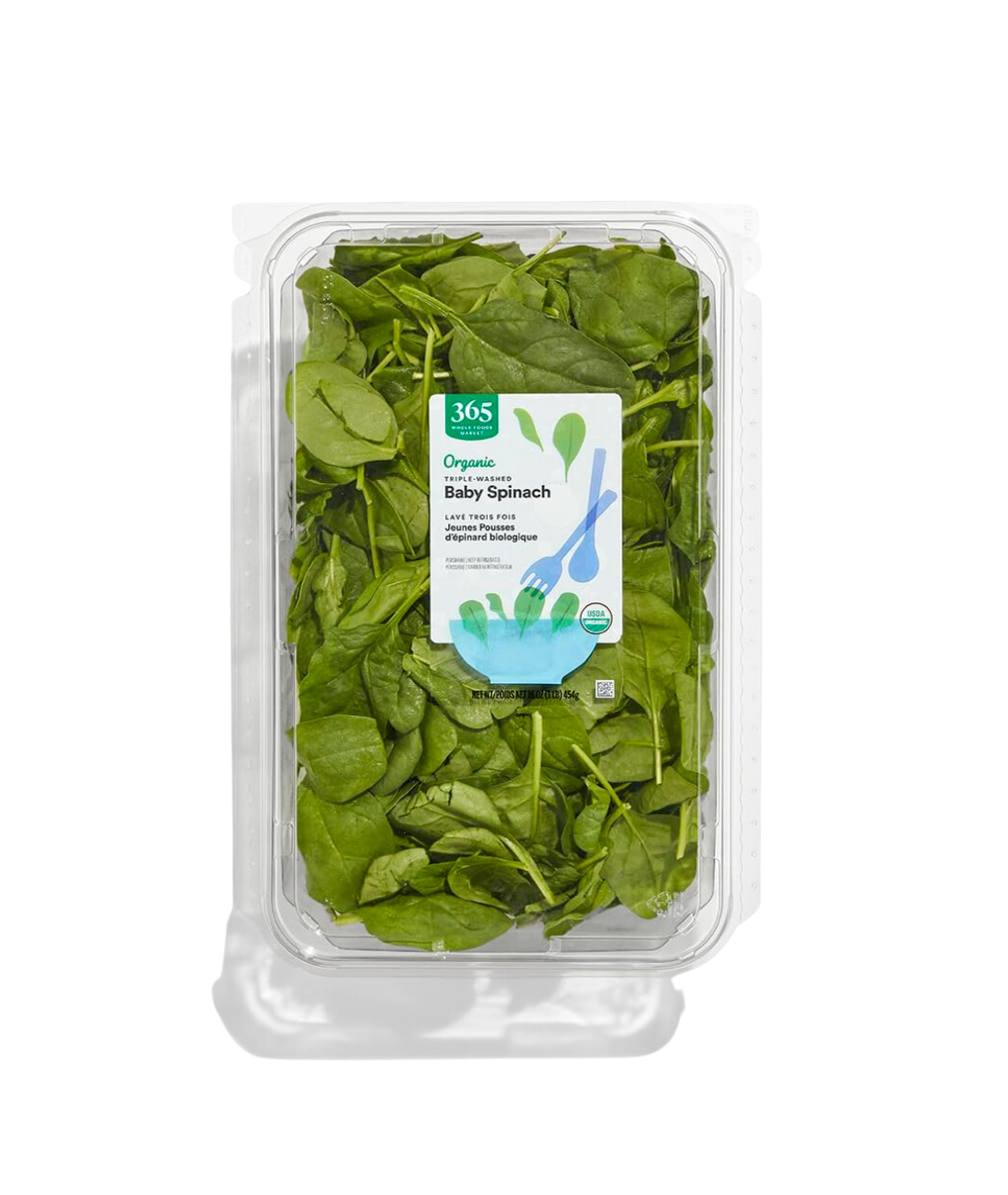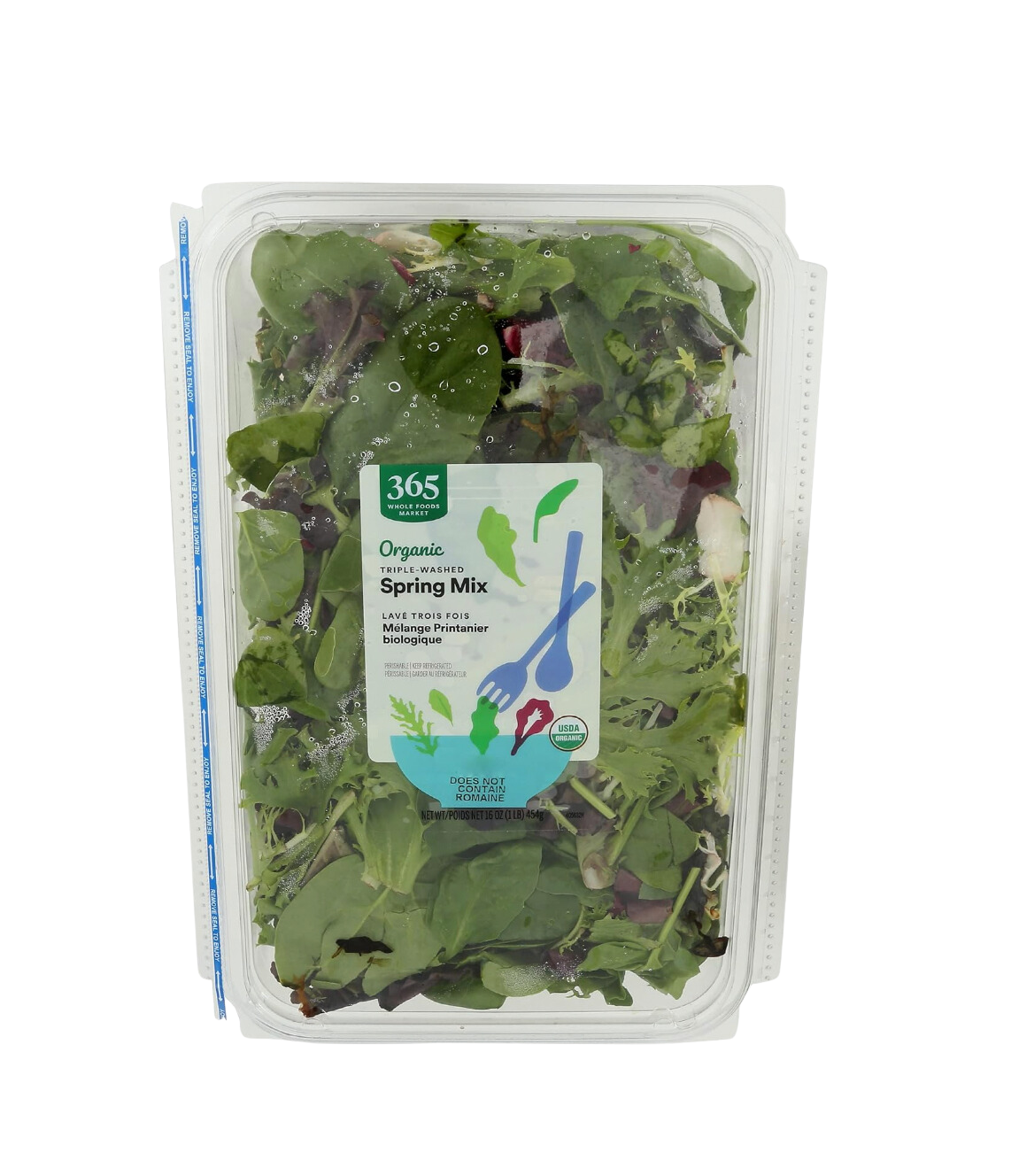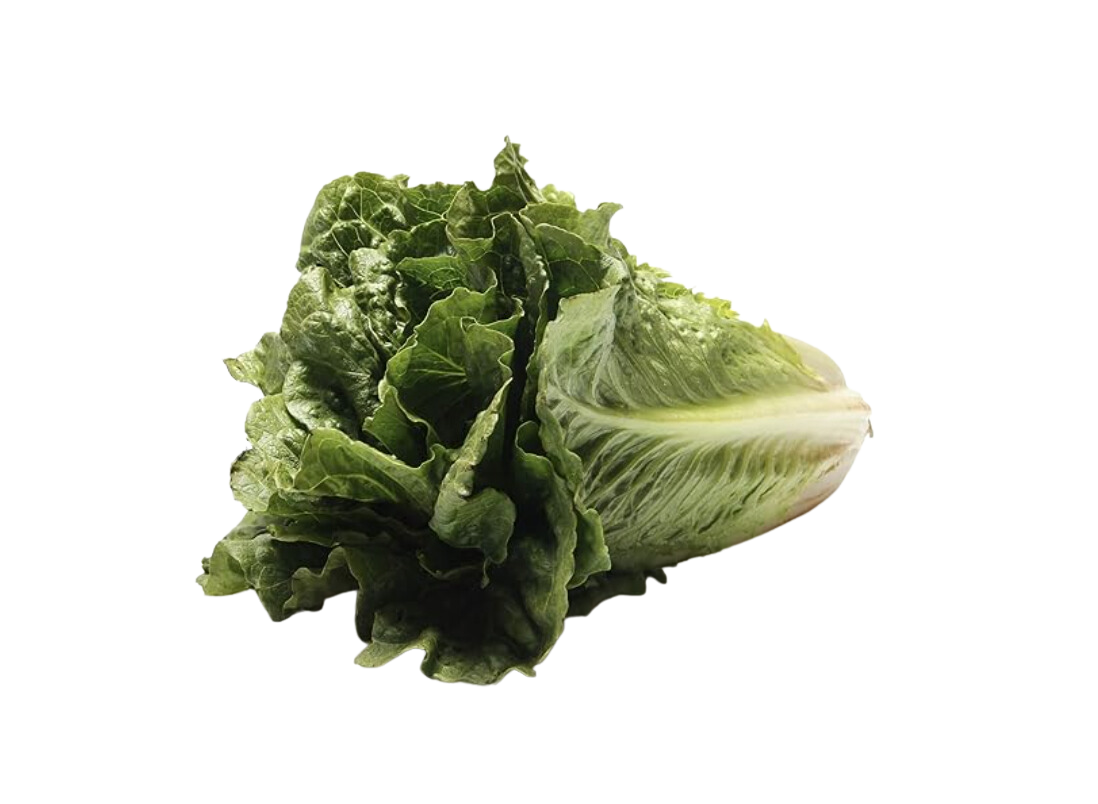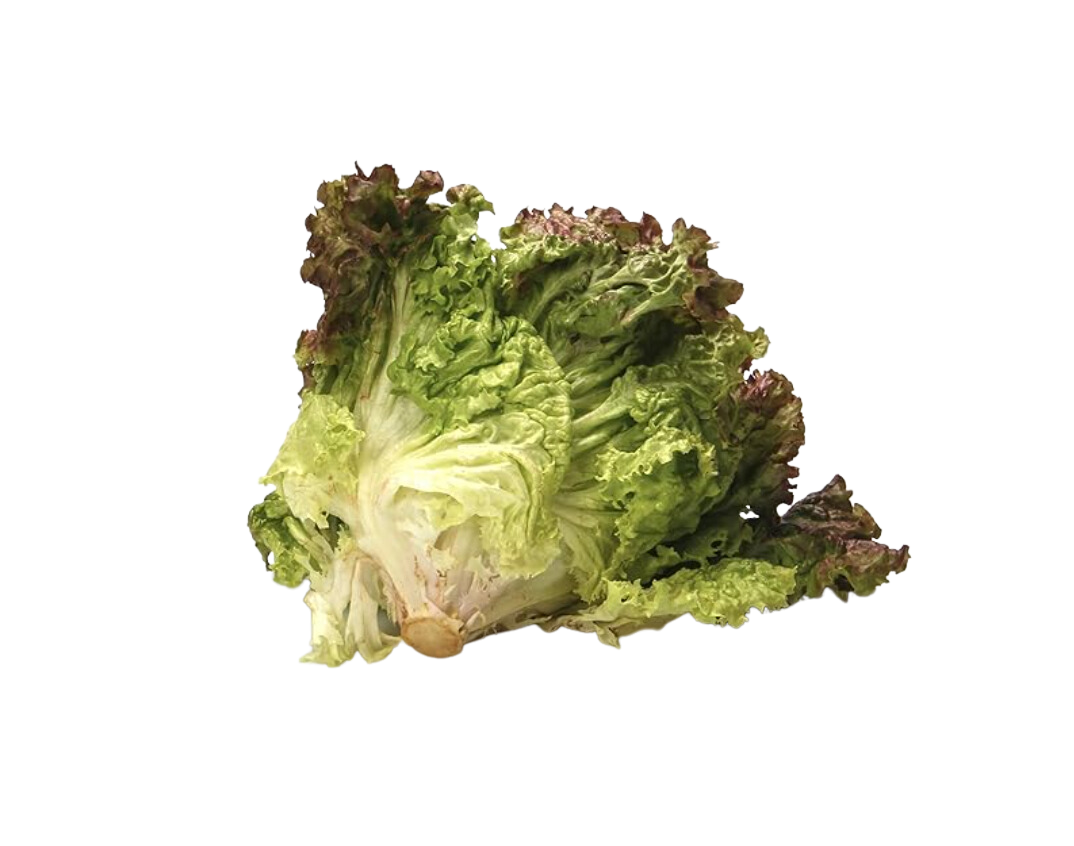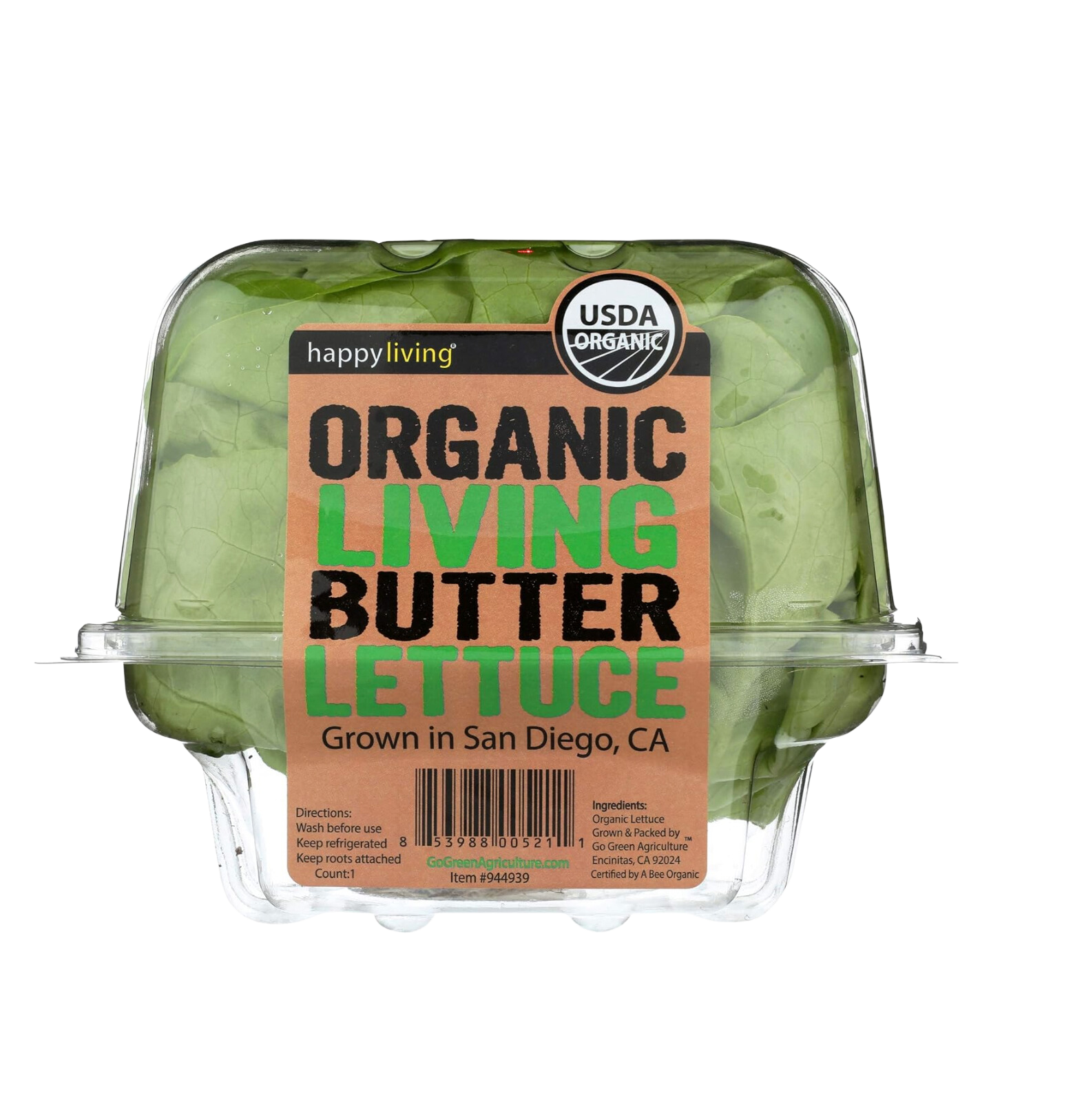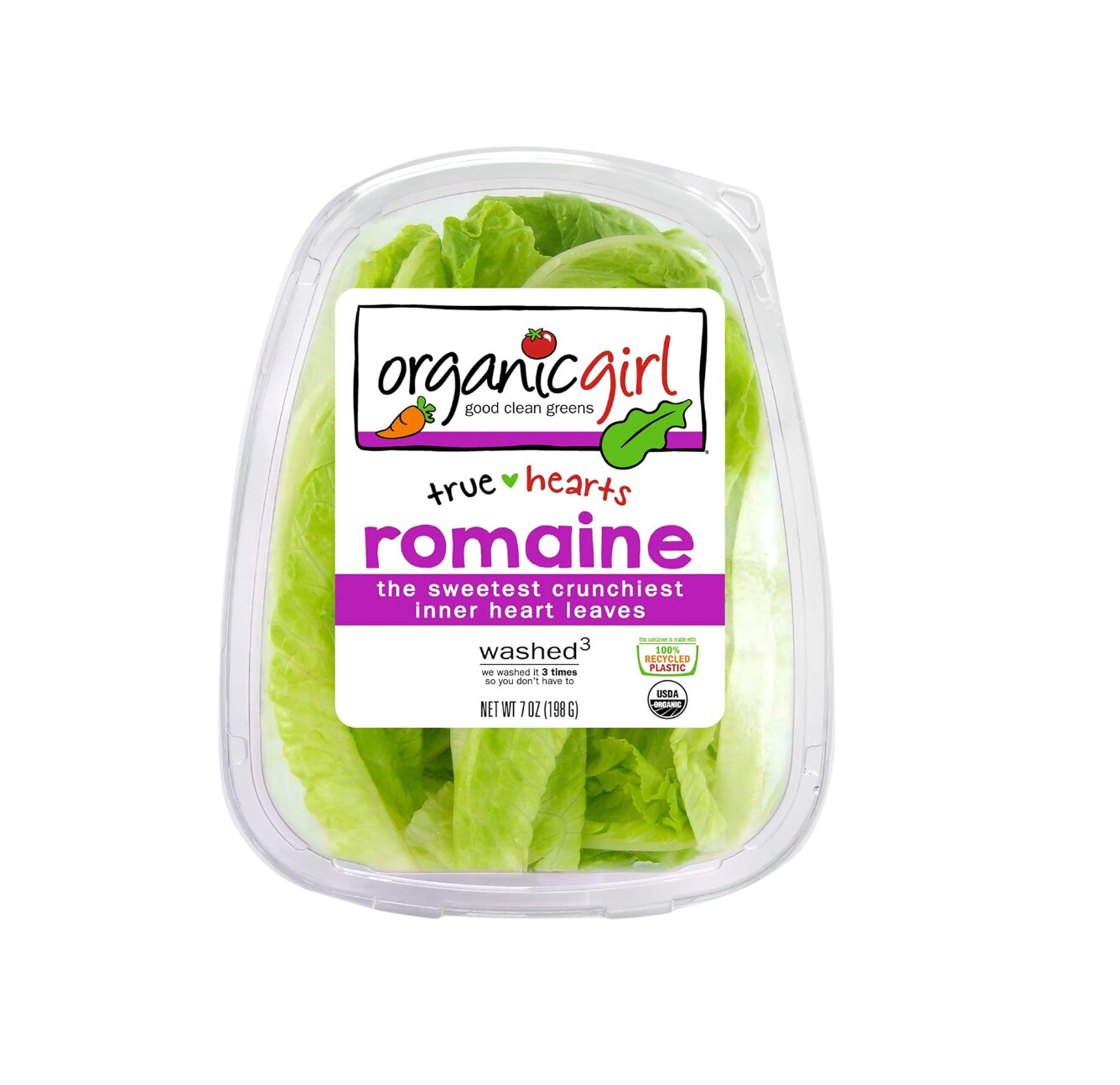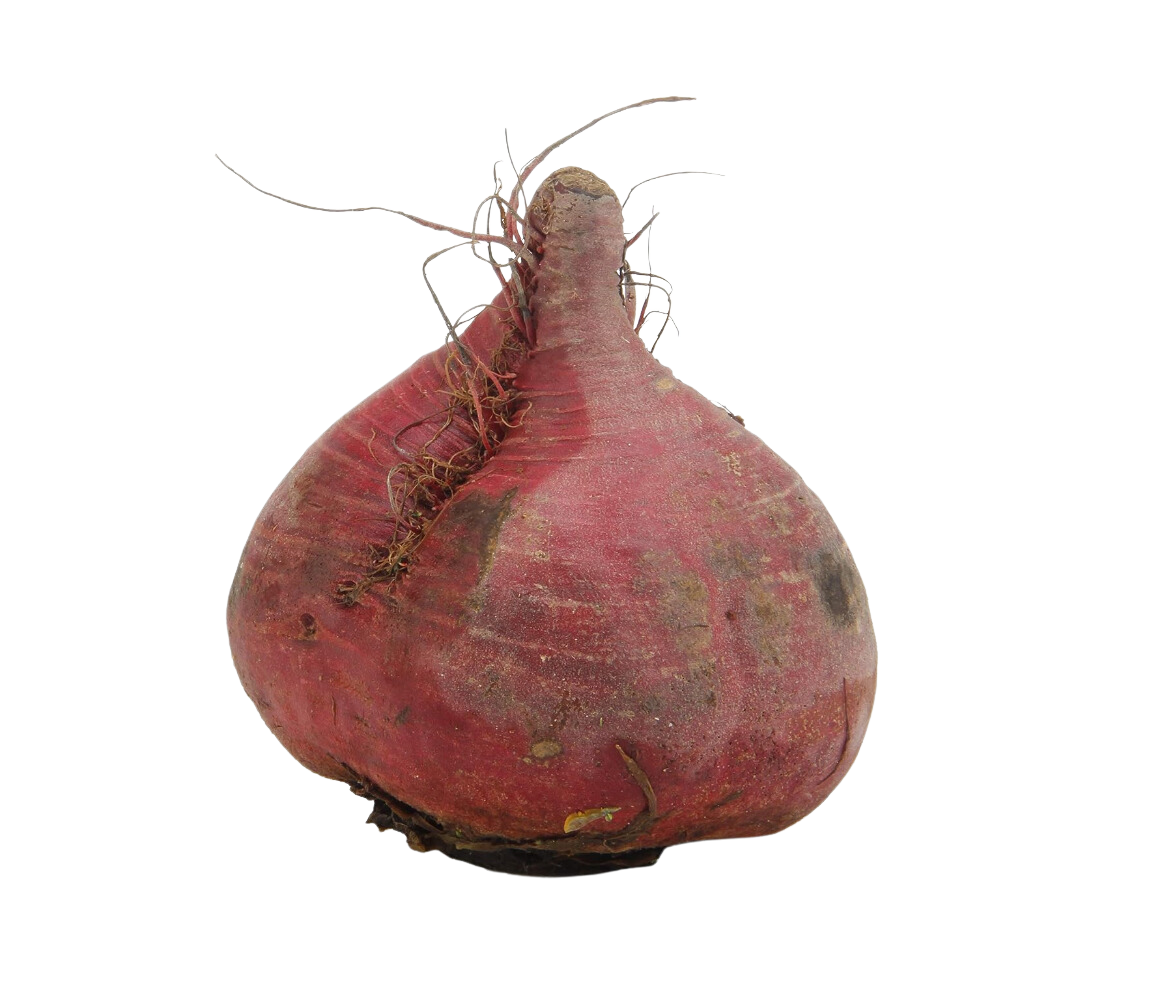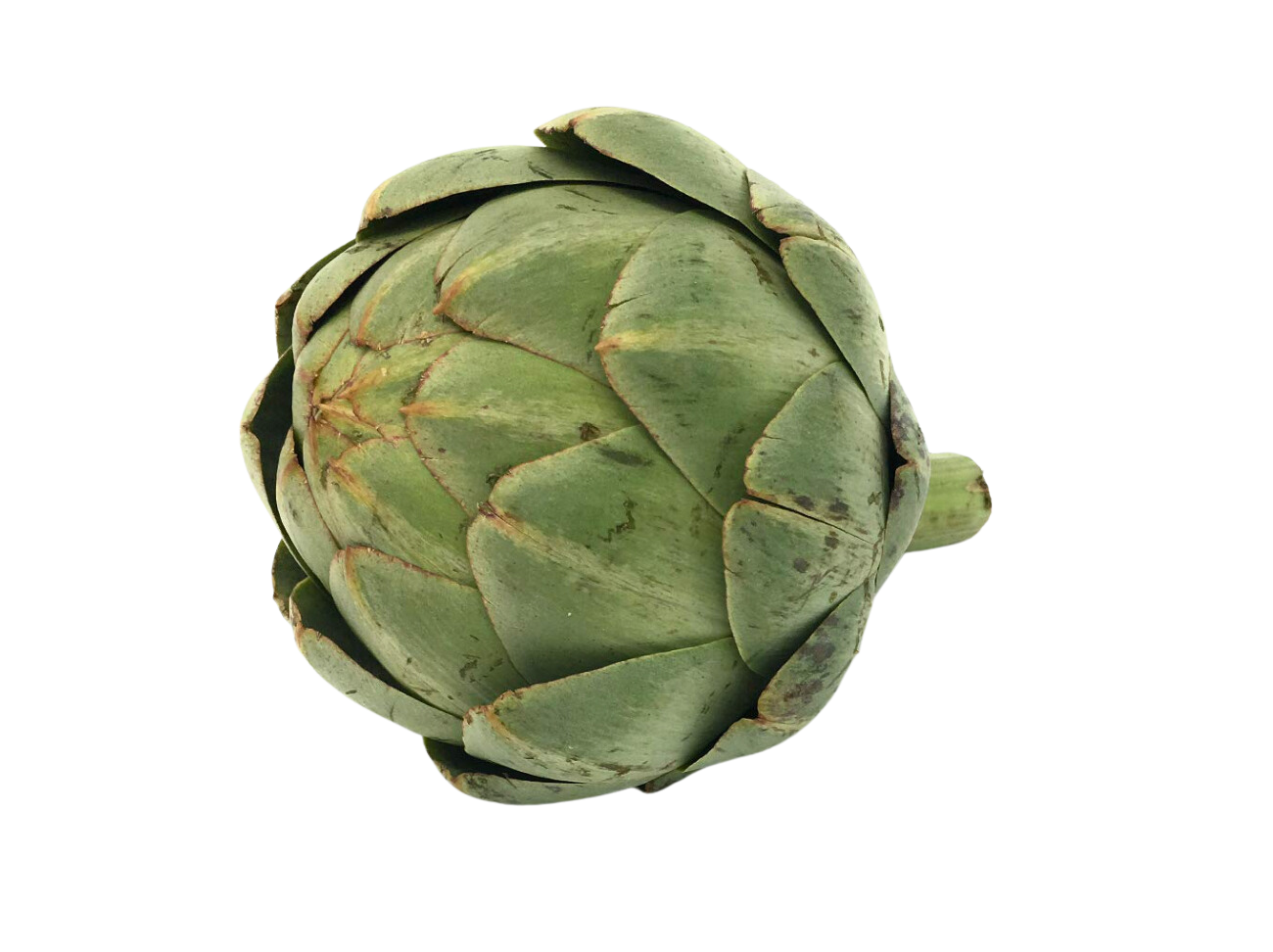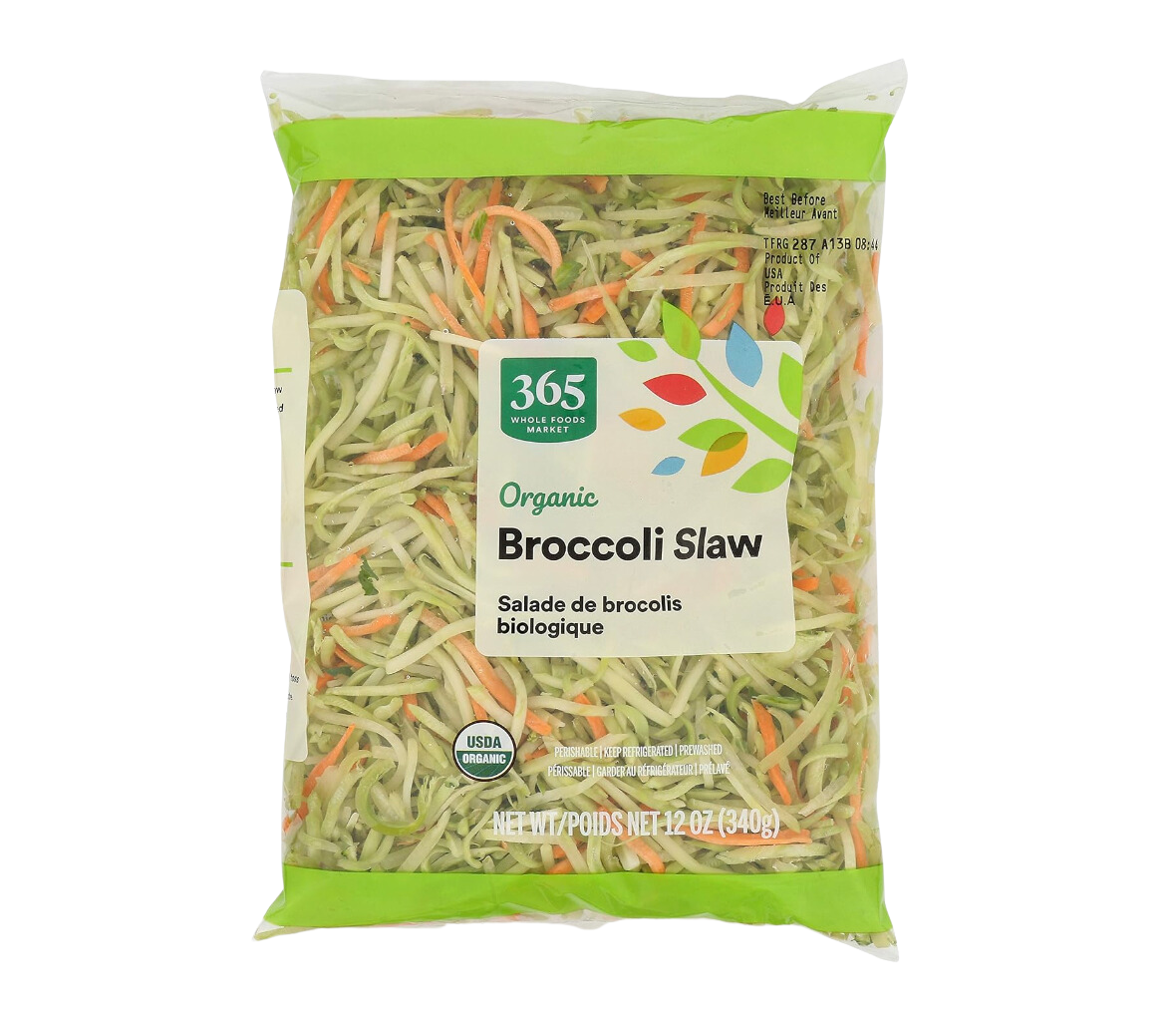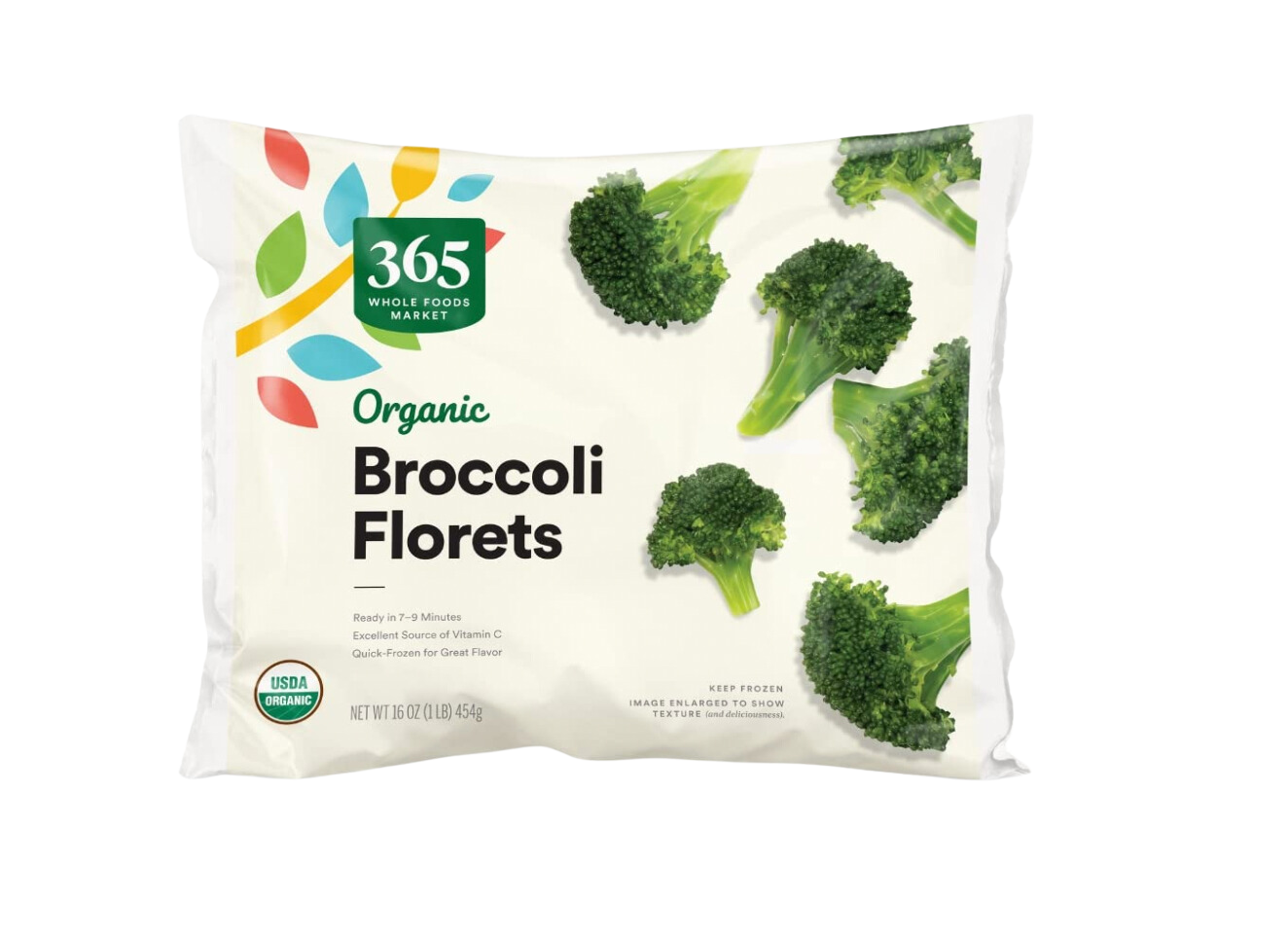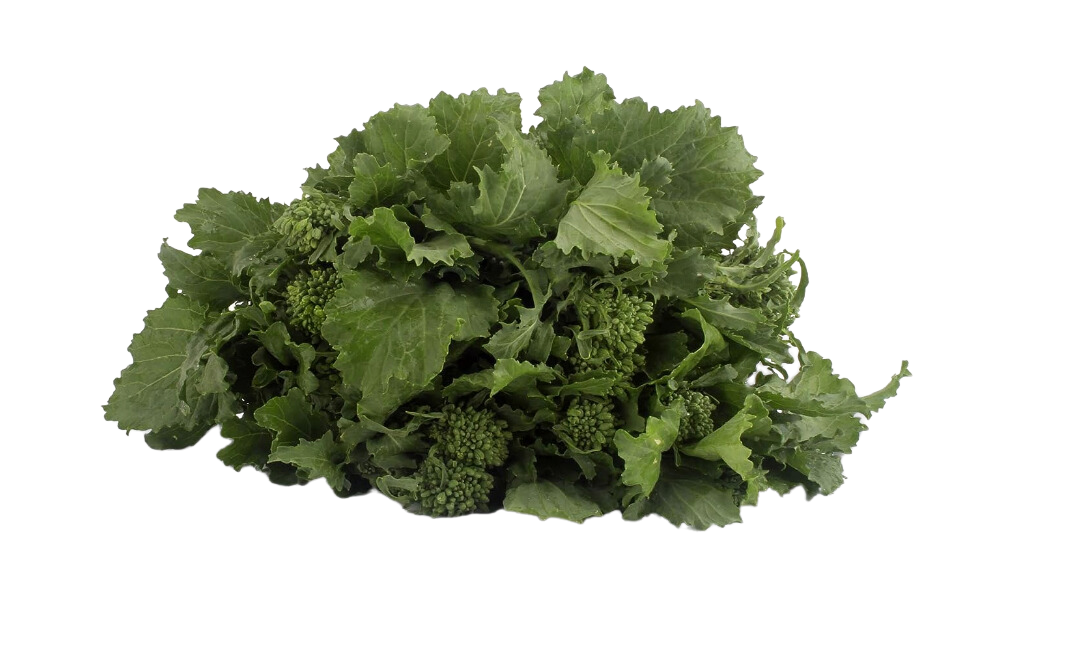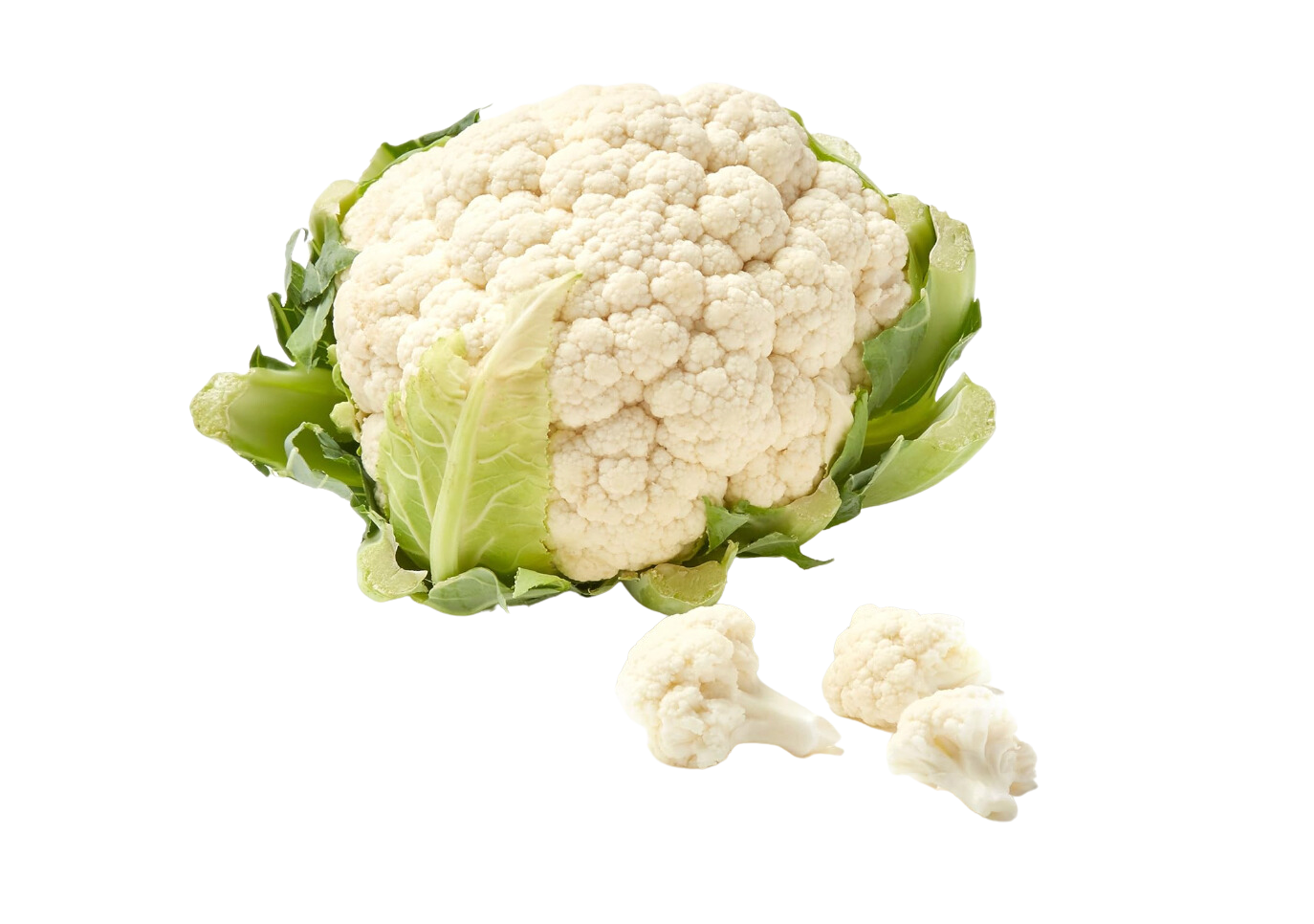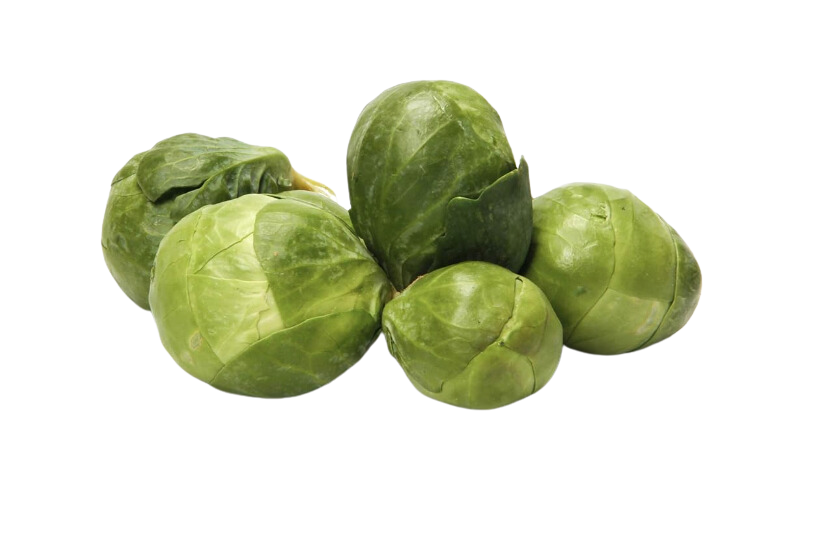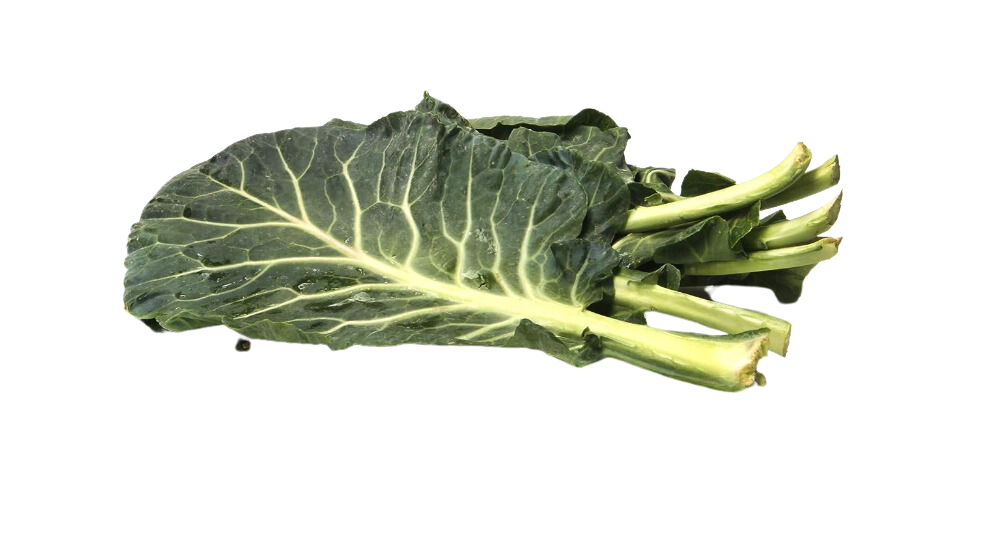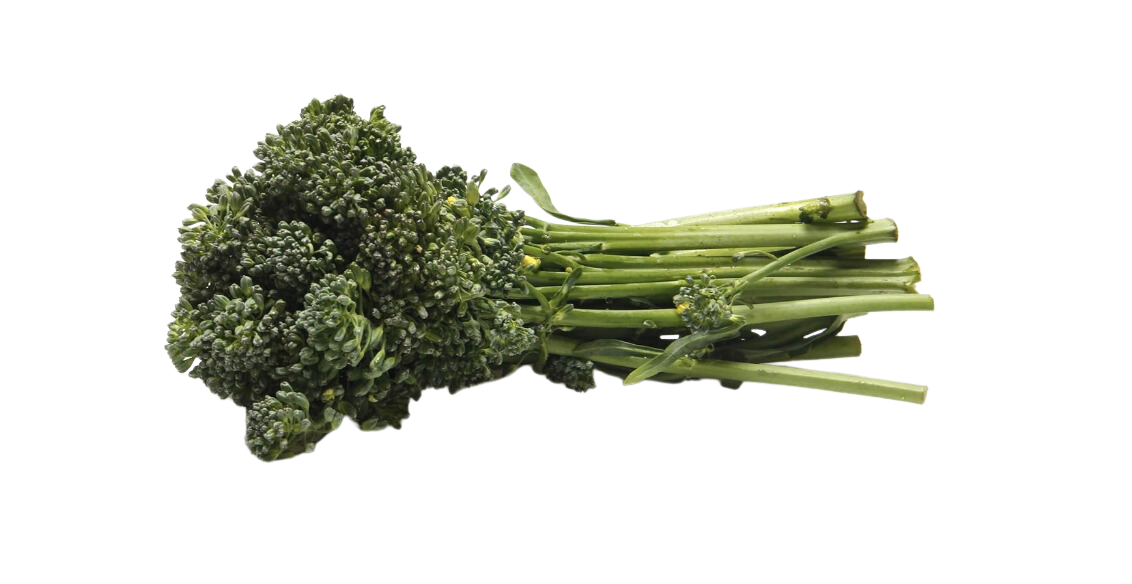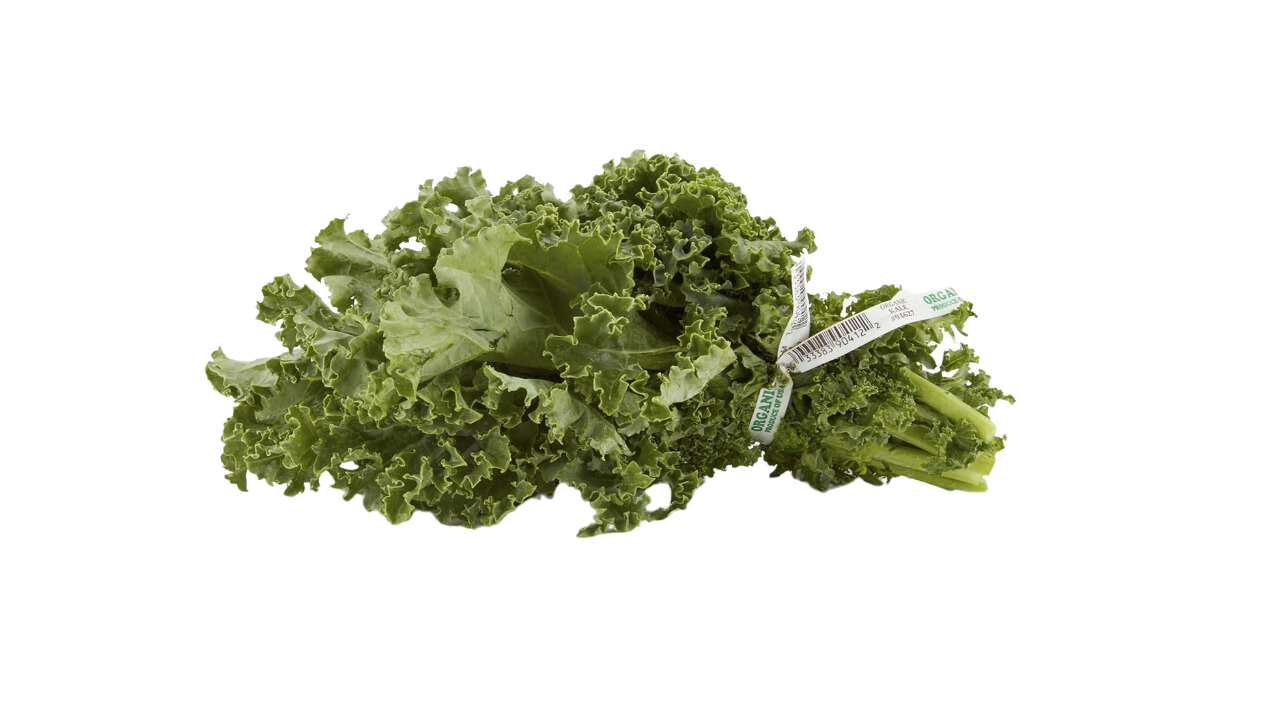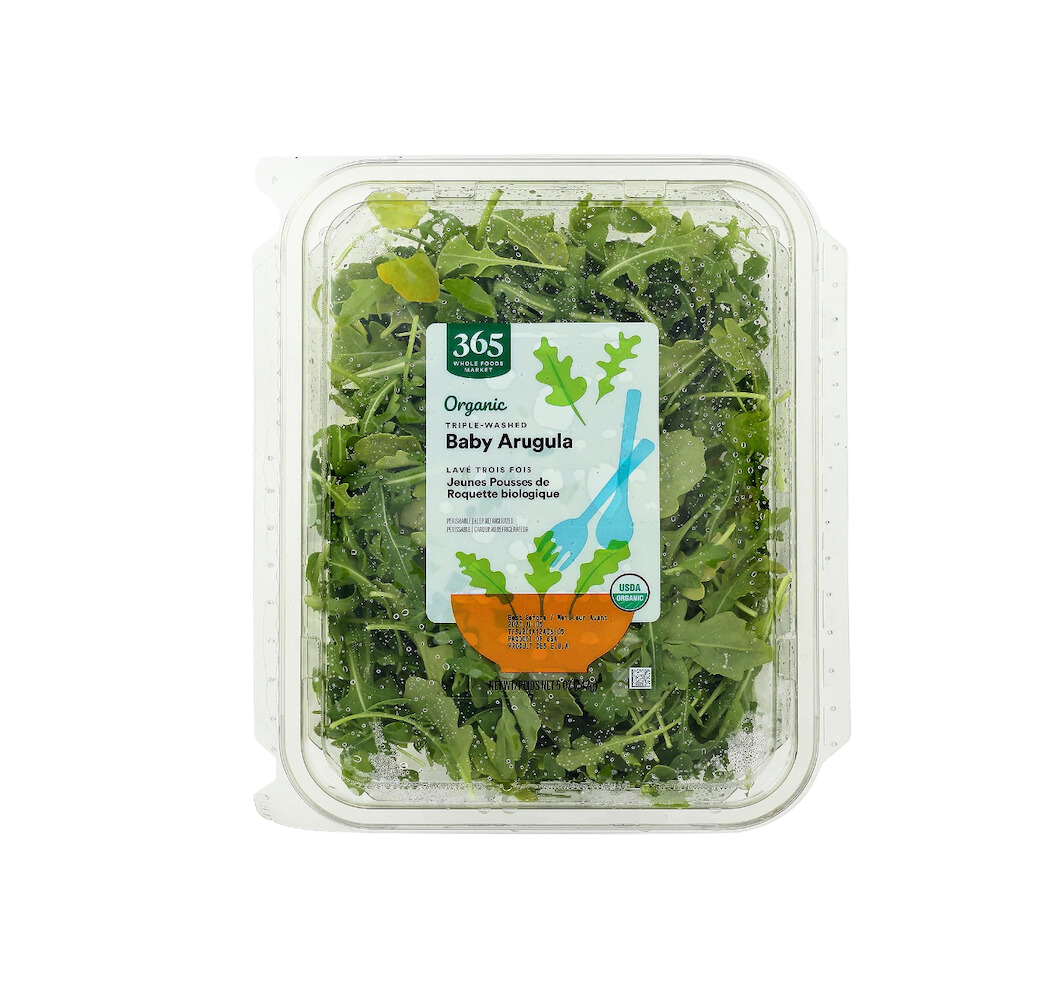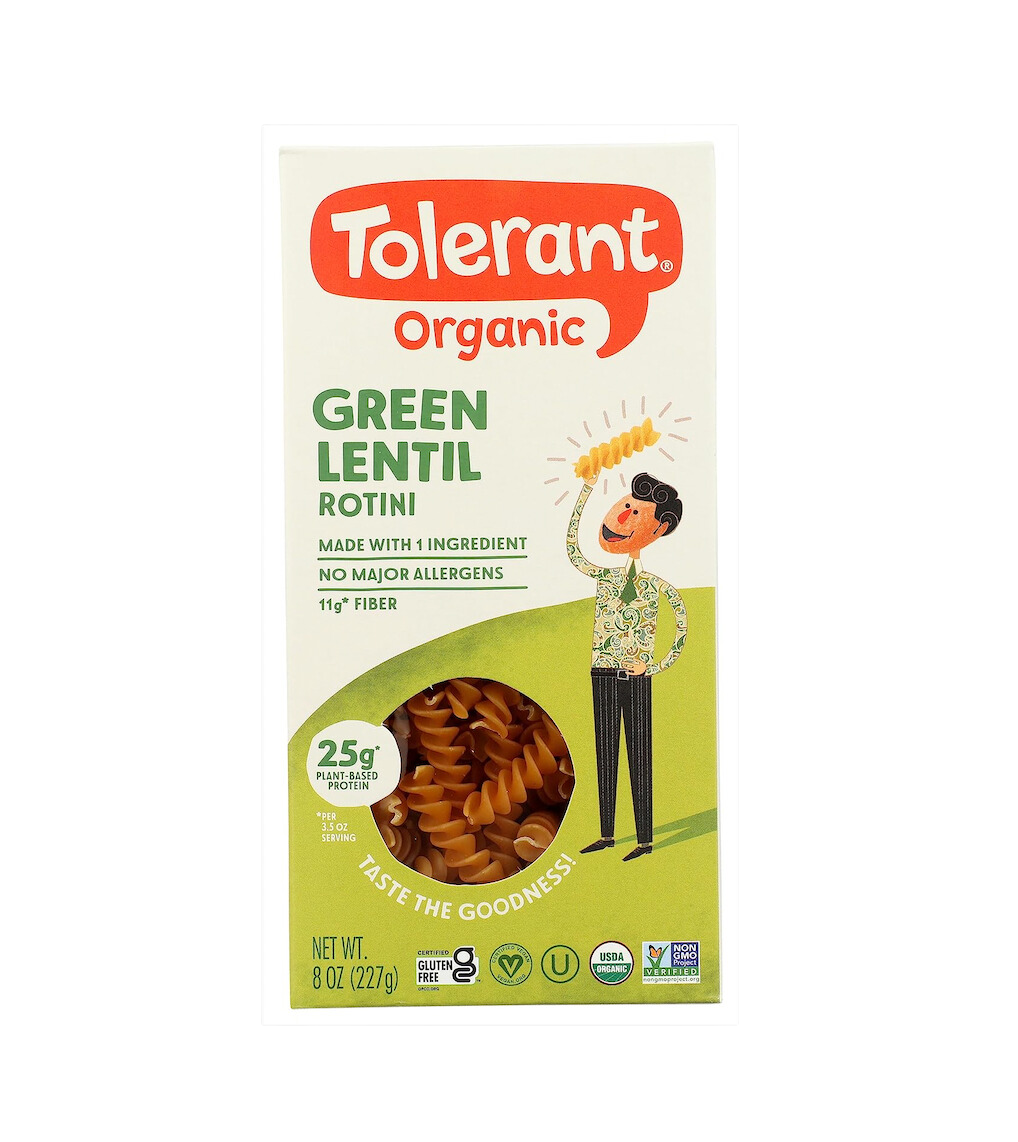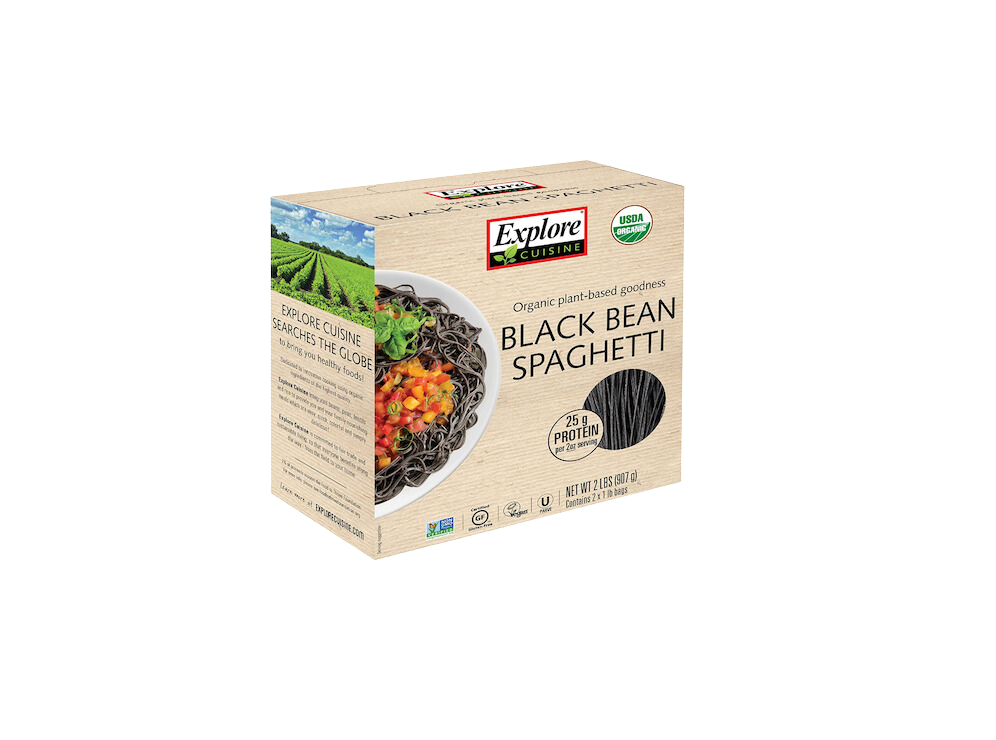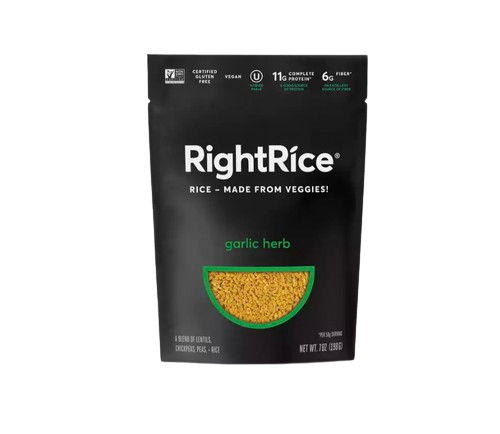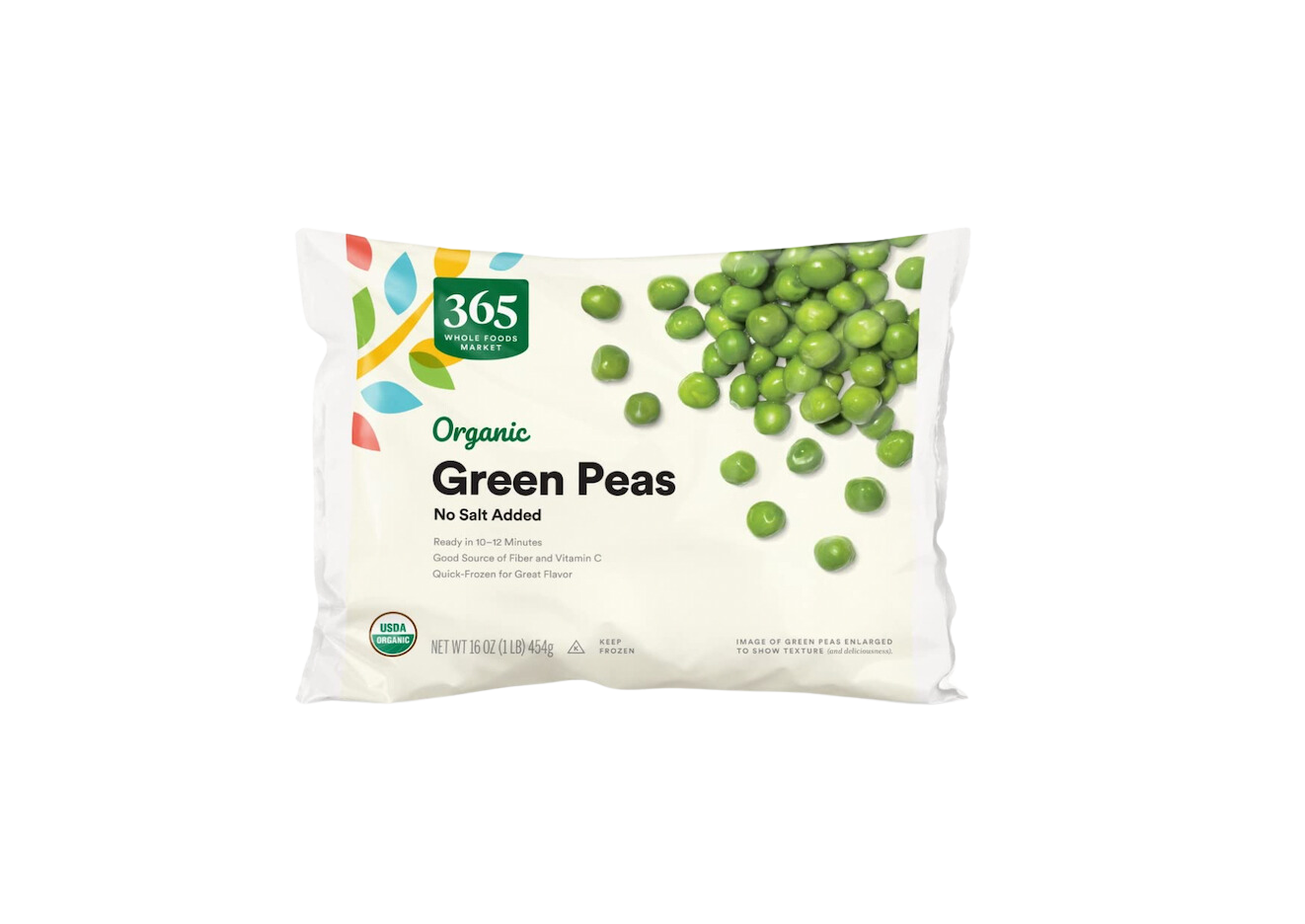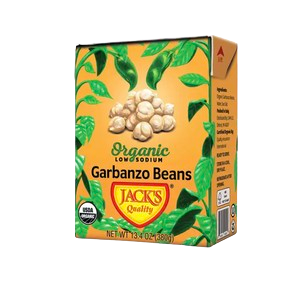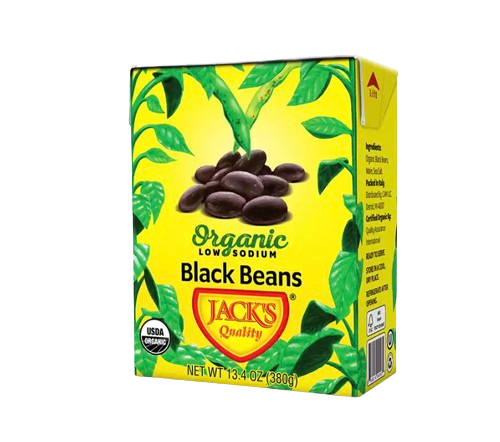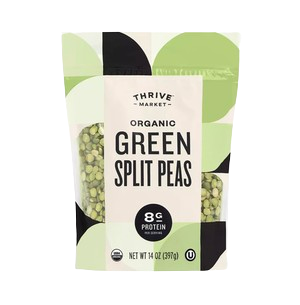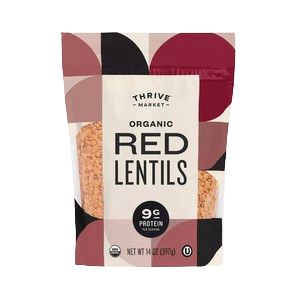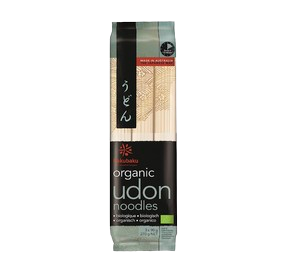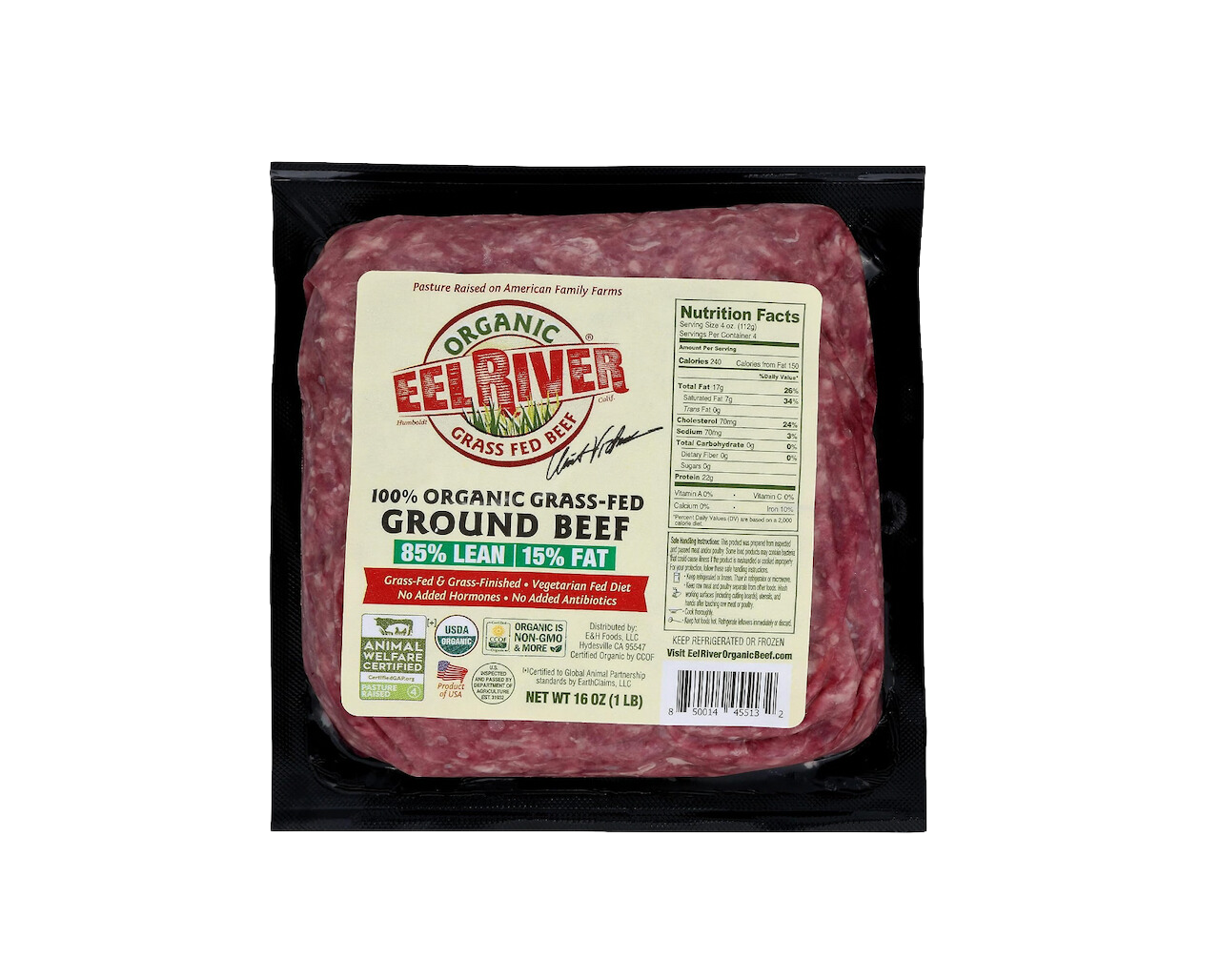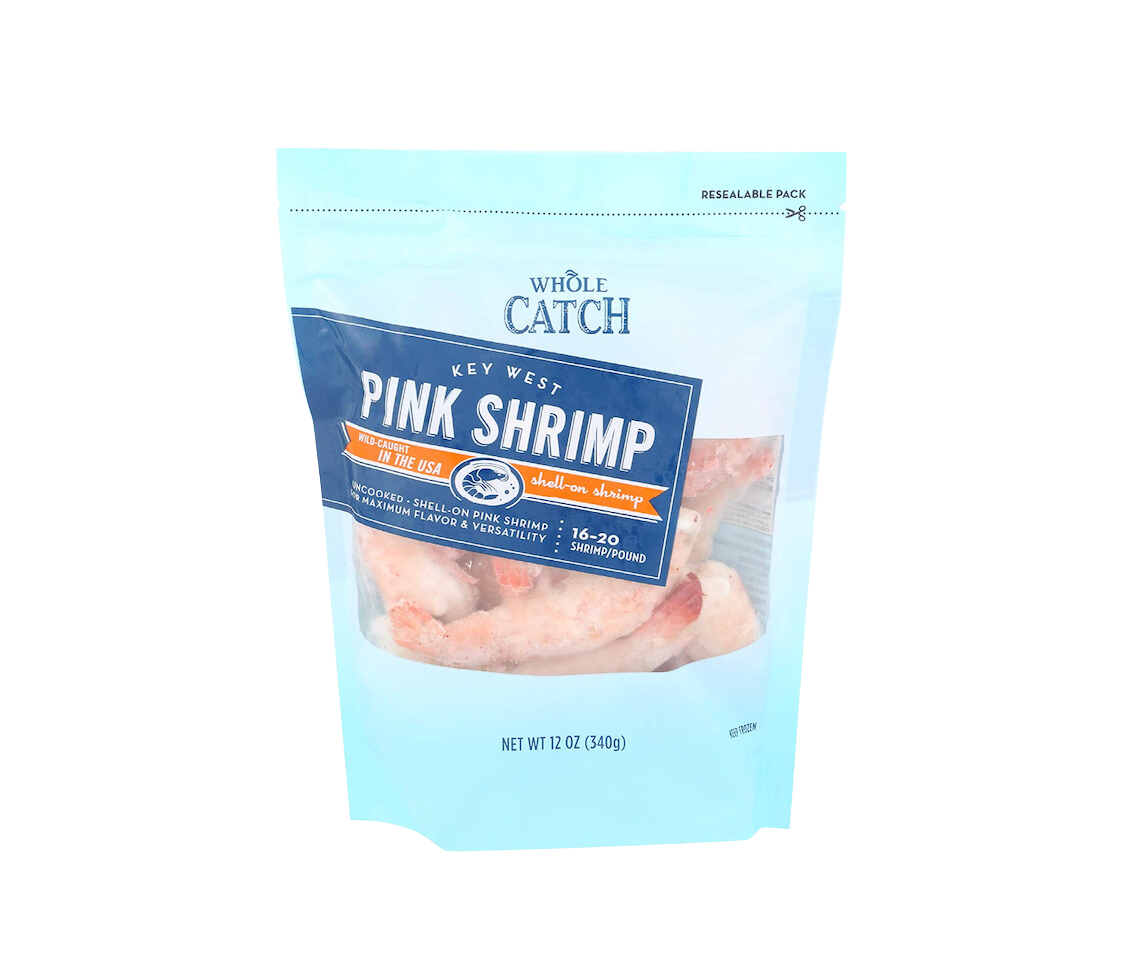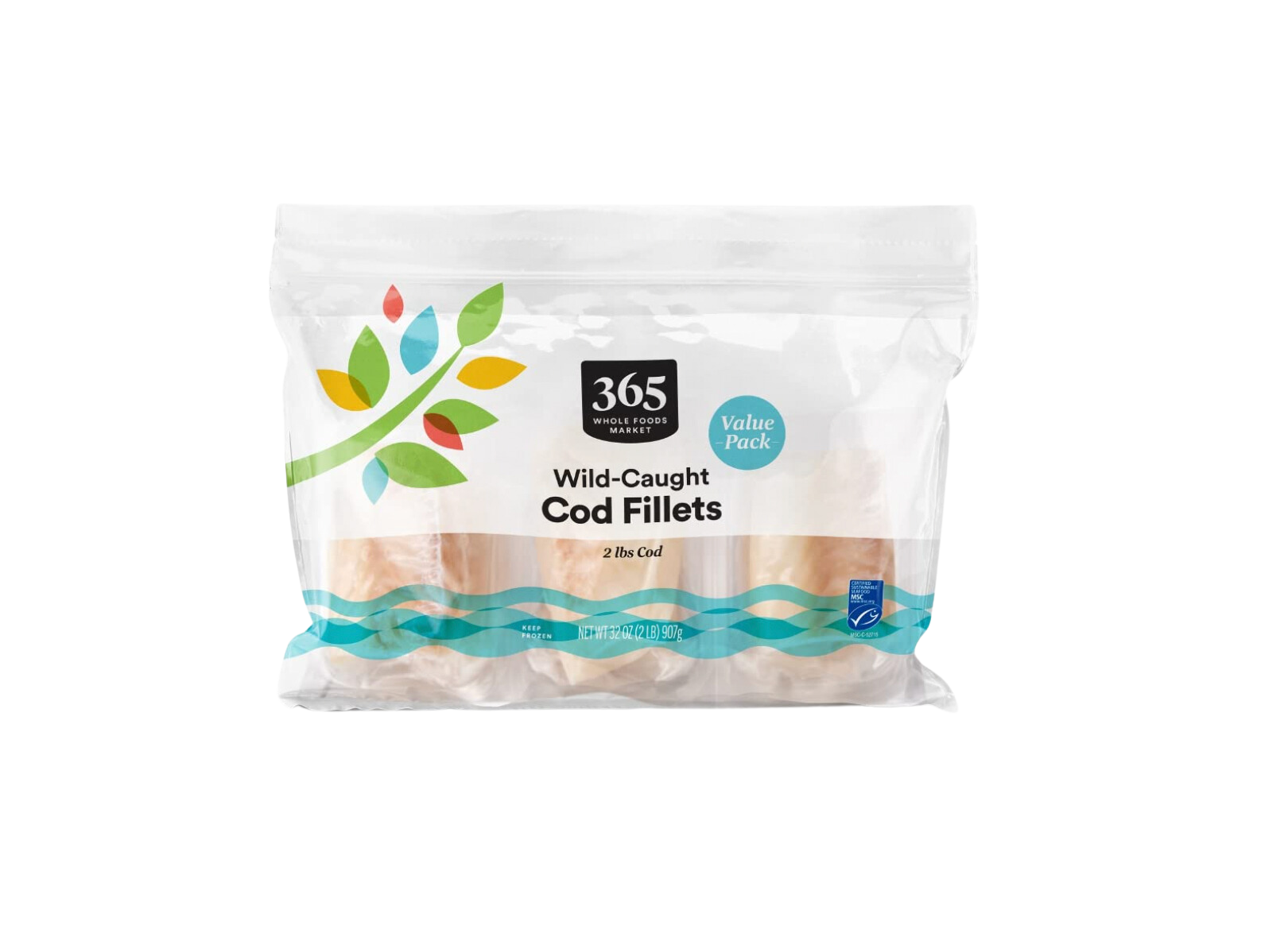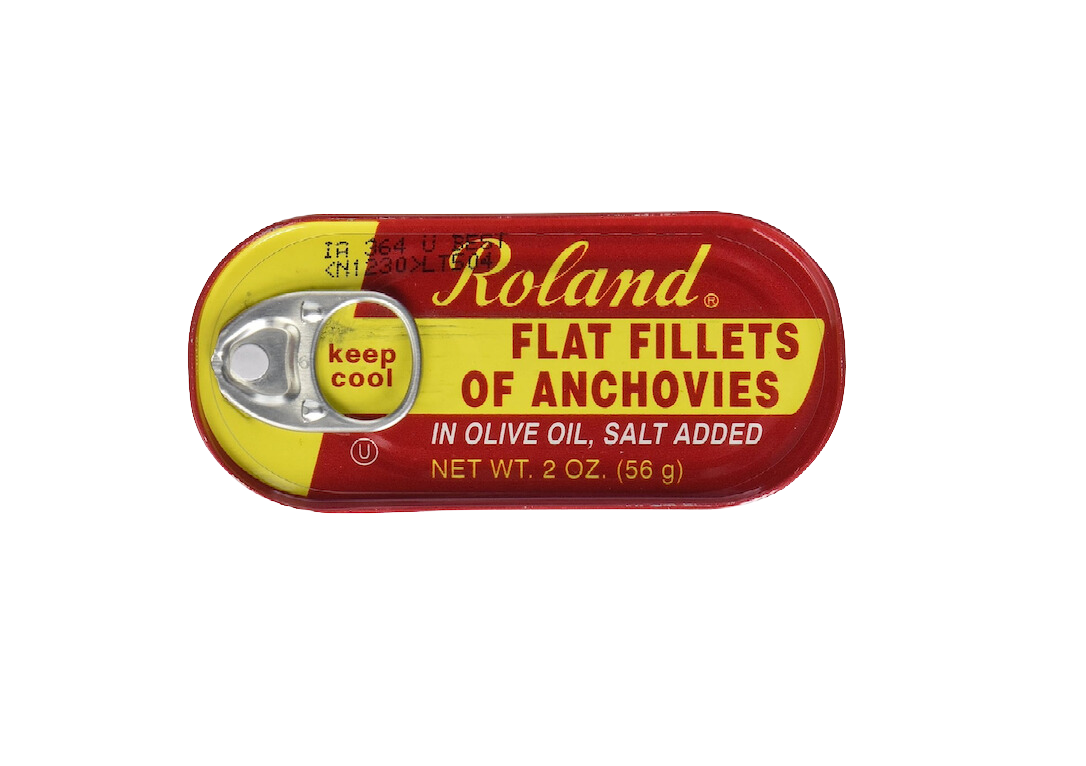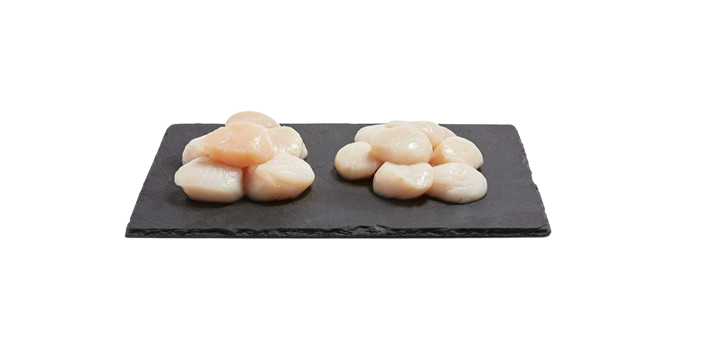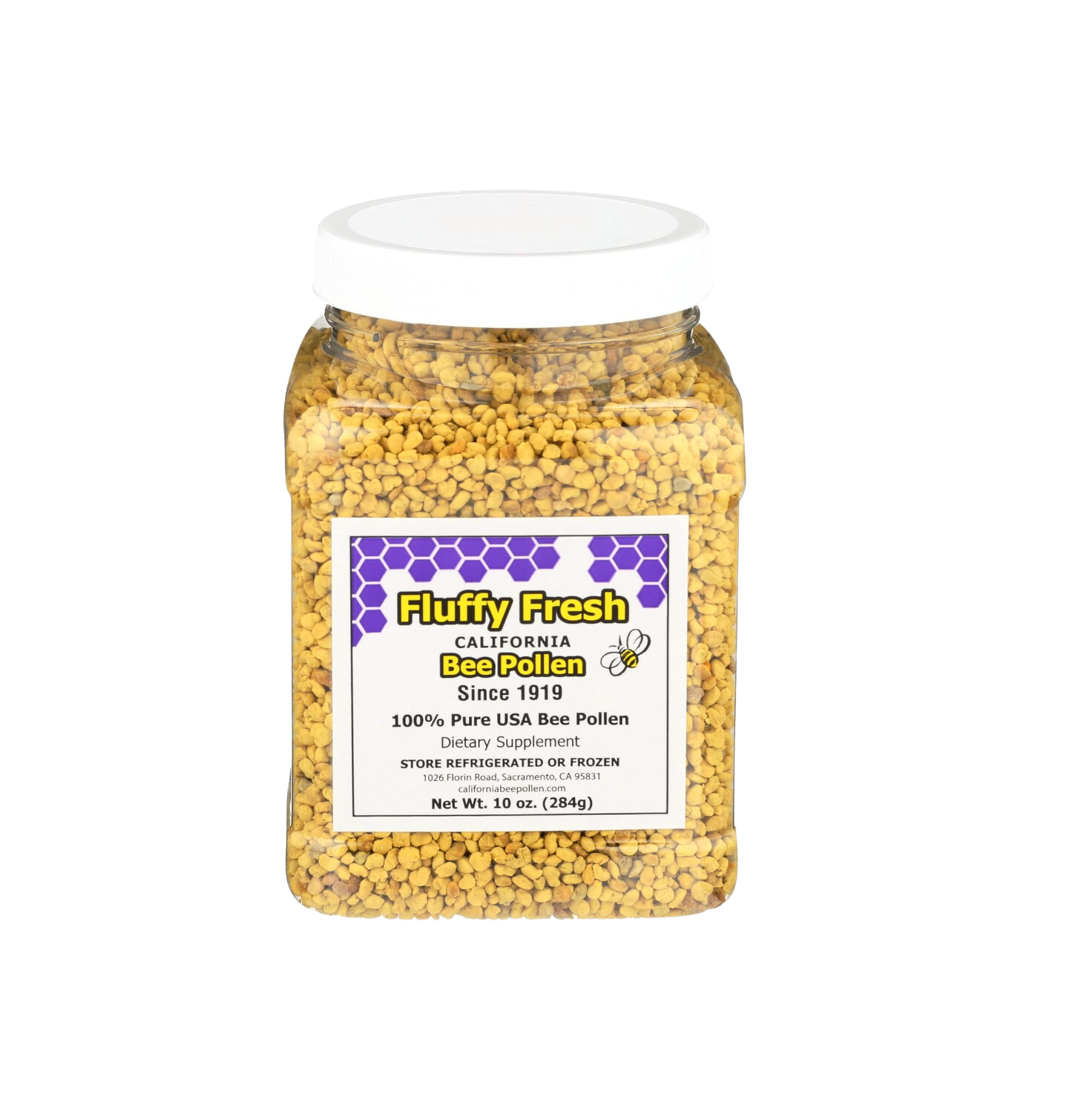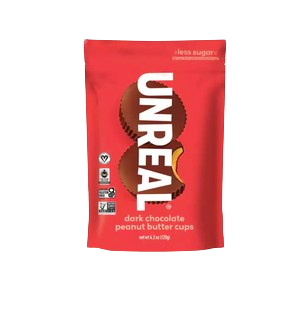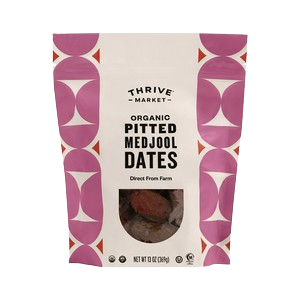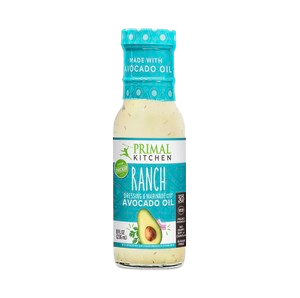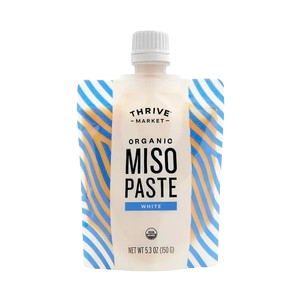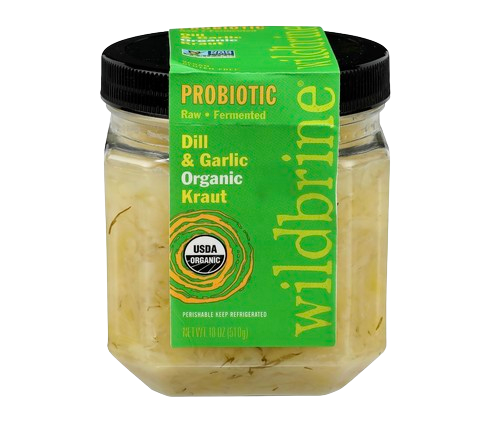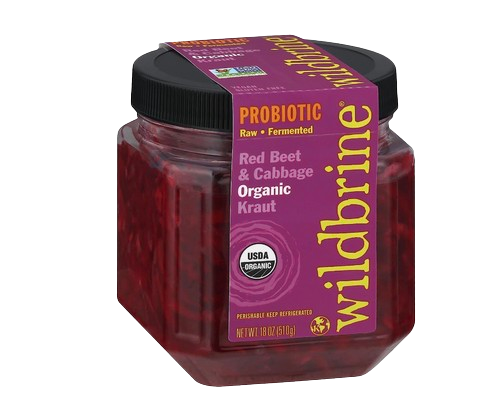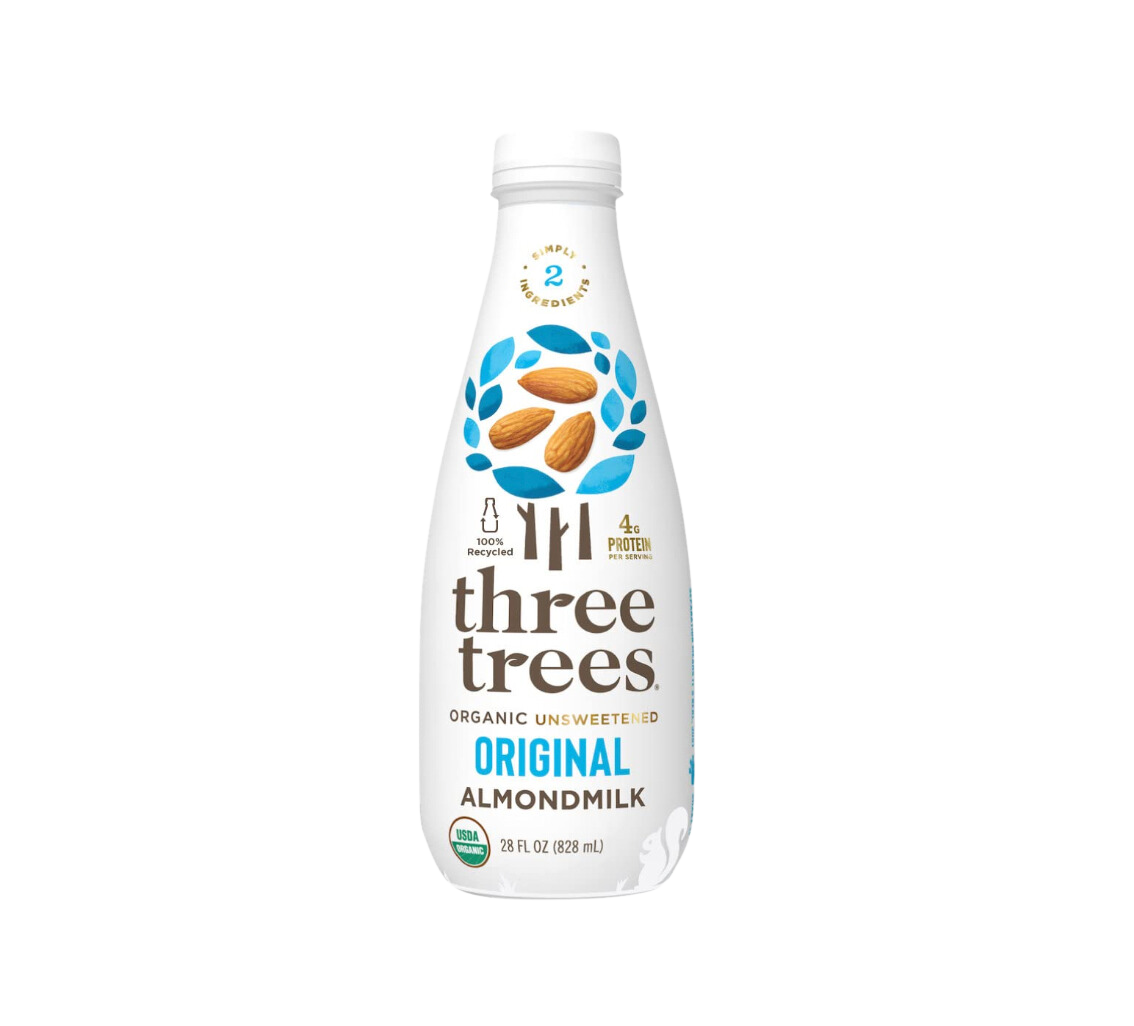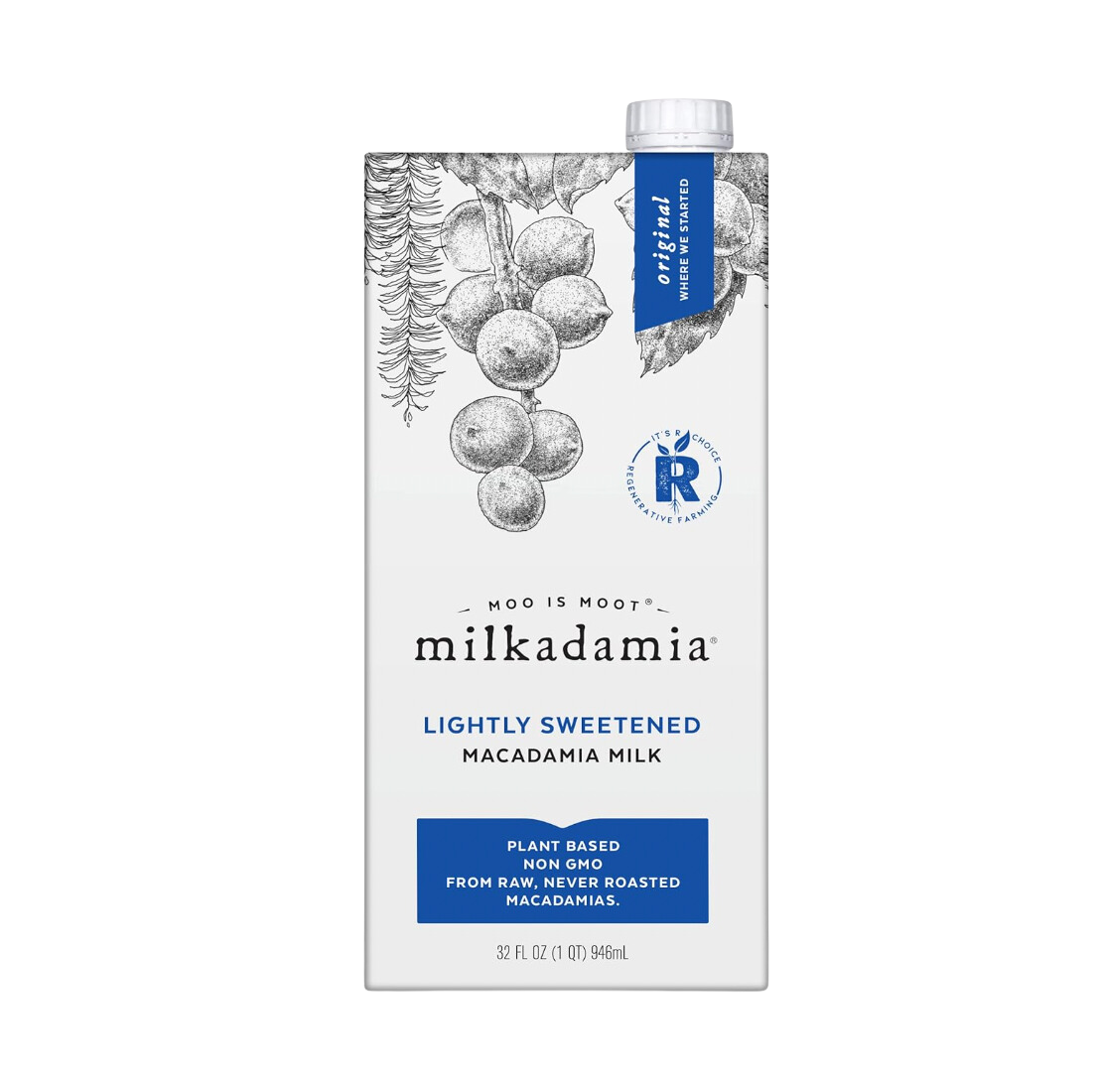
Master Grocery List
This list includes recommendations for high-quality food products, that are nutritionist-approved, with minimal to no preservatives, chemical additives, or harmful toxins. Each section includes educational content to help you understand the importance of choosing these food groups. A well-rounded diet comprises a balanced ratio of macronutrients: carbohydrates, fats, and proteins. Opting for high-quality macronutrients (categorized below) ensures a micronutrient-rich diet. Micronutrients refer to essential vitamins and minerals required for optimal body function and health. Each product is linked to an online retailer for easy and fast shopping. One of the biggest keys to success in maintaining a healthy nutritional lifestyle is being prepared with high quality foods at home to choose from.
Click on the Category Below
Non-Starchy Vegetables
Non-starchy vegetables are technically mostly carbohydrates, yet they stand out due to their notably low carb and calorie content, high fiber and micronutrient content, warranting their distinction in a group separate from carbohydrates. Their richness in antioxidants and micronutrients is pivotal for the body's multifaceted biochemical reactions which encompasses functions like methylation, detoxification, ATP energy production, and beyond. Moreover, their abundance in fiber significantly contributes to a healthy gut microbiome, aids in regulating blood sugar levels, and provides cardiovascular protection. Choose from a variety of the categories below to ensure optimal nutrient diversity.
High-Quality Proteins
Protein stands as a cornerstone for maintaining lean body mass, crucial enzymatic functions, robust immunity, and balanced blood sugar levels. Enzymes, the catalysts for biochemical reactions in the body, predominantly consist of proteins, making adequate protein intake vital for sustaining these fundamental processes. Additionally, proteins play a pivotal role in bolstering the immune system, ensuring its proper function and resilience. They also aid in regulating blood sugar levels, preventing sharp spikes or drops. Often, individuals unknowingly fall short in their protein intake, highlighting the importance of diverse protein sources to ensure a spectrum of amino acids necessary for optimal health.
High-Quality Carbohydrates
Carbohydrates serve as the body's primary source of energy, broken down into glucose to fuel our cells, tissues, and organs. However, the quality of carbohydrates significantly impacts metabolism. High-quality carbohydrates, like those found in whole grains, fruits, and vegetables, contain fiber, vitamins, and minerals, facilitating a slower digestion process and a steadier release of glucose into the bloodstream. This slow release supports stable energy levels and aids in metabolic regulation. On the flip side, processed carbohydrates, like those in refined grains and sugary snacks, lack fiber and essential nutrients, causing rapid spikes in blood sugar levels and subsequently straining metabolic functions. The choice between high-quality and processed carbs greatly influences how efficiently our metabolism functions and how effectively our bodies utilize energy.
Anti-Inflammatory Fats
Anti-inflammatory fats play a pivotal role in maintaining optimal hormone balance and supporting neurological health. These fats, commonly found in sources like oily fish, flaxseeds, walnuts, and olive oil, contain omega-3 fatty acids known for their anti-inflammatory properties. They actively reduce inflammation throughout the body, fostering a balanced hormonal environment and supporting the health of the nervous system. On the contrary, pro-inflammatory fats, often found in processed foods and certain cooking oils are high in omega-6 fatty acids, which can promote inflammation within the body when eaten in excess. This chronic inflammation can disrupt hormonal equilibrium and negatively impact neurological functions, emphasizing the critical role of anti-inflammatory fats in preserving both hormone balance and neurological well-being.

Hydration Product Recommendations
These hydration products come enriched with phytonutrients, electrolytes, and antioxidants, enhancing your replenishment routine. Notably, they maintain low levels of contaminants like pesticides and heavy metals, ensuring a cleaner, purer hydration experience.


Miscellaneous Product Recommendations
Here's a list of miscellaneous product recommendations that boast high-quality macronutrients while being densely packed with essential micronutrients. These products are curated to provide a balanced and nourishing dietary addition. From nutrient-rich superfood blends and organic nut butter to whole grain-based snacks and fermented foods, each item prioritizes not only the right balance of macronutrients like proteins, healthy fats, and complex carbohydrates but also offers an abundance of vitamins, minerals, and antioxidants crucial for overall health. These selections aim to support your nutritional needs with a diverse range of micronutrients, enhancing the quality and richness of your diet.

High Protein Animal-based Based Snacks
High-protein, animal-based snacks present an optimal means to achieve ideal protein macros, offering an excellent amino acid profile with a high protein availability score. These snacks provide a superior composition of amino acids, promoting efficient muscle repair and growth. However, caution is advised for individuals with high cholesterol, as beef-based products, while rich in protein, often contain higher levels of saturated fat, potentially impacting cholesterol levels. Opting for leaner protein sources helps mitigate this concern while still meeting protein needs effectively.
AVOID: Conventional
High Protein Seafood-Based Snacks
Seafood-based high-protein snacks serve as an excellent option for meeting ideal protein macros, aligning perfectly with a pescetarian lifestyle. They offer an optimal blend of amino acids with a high protein availability score, supporting muscle repair and growth efficiently.
High Protein Plant-Based Snacks
Seafood-based high-protein snacks serve as an excellent option for meeting ideal protein macros, aligning perfectly with a pescetarian lifestyle. They offer an optimal blend of amino acids with a high protein availability score, supporting muscle repair and growth efficiently.
High Protein Dairy-Based Snacks
Dairy product snacks serve as an excellent option for meeting ideal protein macros because of their high protein content and protein availability score, making them a substantial protein source in many diets. Opting for grass-fed and organic dairy products is crucial as they tend to offer higher levels of beneficial nutrients like omega-3 fatty acids and conjugated linoleic acid (CLA), while avoiding potential exposure to pesticides and synthetic hormones. Individuals grappling with inflammatory conditions or autoimmune issues might consider sheep or goat-based dairy over cow's milk due to their lower content of potentially inflammatory A1 beta-casein protein. This switch may offer a more easily digestible and potentially less inflammatory alternative for those with specific health concerns.
High Protein Goat/ Sheep Milk-Based Snacks
Dairy product snacks serve as an excellent option for meeting ideal protein macros because of their high protein content and protein availability score, making them a substantial protein source in many diets. Opting for grass-fed and organic dairy products is crucial as they tend to offer higher levels of beneficial nutrients like omega-3 fatty acids and conjugated linoleic acid (CLA), while avoiding potential exposure to pesticides and synthetic hormones. Individuals grappling with inflammatory conditions or autoimmune issues might consider sheep or goat-based dairy over cow's milk due to their lower content of potentially inflammatory A1 beta-casein protein. This switch may offer a more easily digestible and potentially less inflammatory alternative for those with specific health concerns.
High Antioxidant Veggie-Based Snacks
High-antioxidant veggie-based snacks serve as an exceptional addition to your daily routine, offering an infusion of fiber, phytonutrients, and a satisfying sense of fullness. These snacks prove especially beneficial for inflammatory conditions and weight management due to their anti-inflammatory properties and low-calorie density. However, individuals with gut issues might find that cooked veggies are a better option than raw ones. Cooking breaks down certain fibers and reduces the content of compounds like lectins, making them easier to digest for sensitive stomachs.
Non-Starchy Vegetables (Leafy Greens)
Non-starchy vegetables are technically carbohydrates, yet they stand out due to their notably low carb and calorie content, warranting their distinction in a separate group. Their richness in antioxidants and micronutrients is pivotal for the body's multifaceted biochemical reactions which encompasses functions like methylation, detoxification, ATP energy production, and beyond. Moreover, their abundance in fiber significantly contributes to a healthy gut microbiome, aids in regulating blood sugar levels, and provides cardiovascular protection. Choose from a variety of the categories below to ensure optimal nutrient diversity.
Non-Starchy Vegetables
Non-starchy vegetables are technically carbohydrates, yet they stand out due to their notably low carb and calorie content, warranting their distinction in a separate group. Their richness in antioxidants and micronutrients is pivotal for the body's multifaceted biochemical reactions which encompasses functions like methylation, detoxification, ATP energy production, and beyond. Moreover, their abundance in fiber significantly contributes to a healthy gut microbiome, aids in regulating blood sugar levels, and provides cardiovascular protection. Choose from a variety of the categories below to ensure optimal nutrient diversity.
Non-Starchy Vegetables
Non-Starchy Cruciferous Vegetables
Non-starchy vegetables are technically carbohydrates, yet they stand out due to their notably low carb and calorie content, warranting their distinction in a separate group. Their richness in antioxidants and micronutrients is pivotal for the body's multifaceted biochemical reactions which encompasses functions like methylation, detoxification, ATP energy production, and beyond. Moreover, their abundance in fiber significantly contributes to a healthy gut microbiome, aids in regulating blood sugar levels, and provides cardiovascular protection. Choose from a variety of the categories below to ensure optimal nutrient diversity.
Non-Starchy Allium Vegetables
Non-starchy vegetables are technically carbohydrates, yet they stand out due to their notably low carb and calorie content, warranting their distinction in a separate group. Their richness in antioxidants and micronutrients is pivotal for the body's multifaceted biochemical reactions which encompasses functions like methylation, detoxification, ATP energy production, and beyond. Moreover, their abundance in fiber significantly contributes to a healthy gut microbiome, aids in regulating blood sugar levels, and provides cardiovascular protection. Choose from a variety of the categories below to ensure optimal nutrient diversity.
-
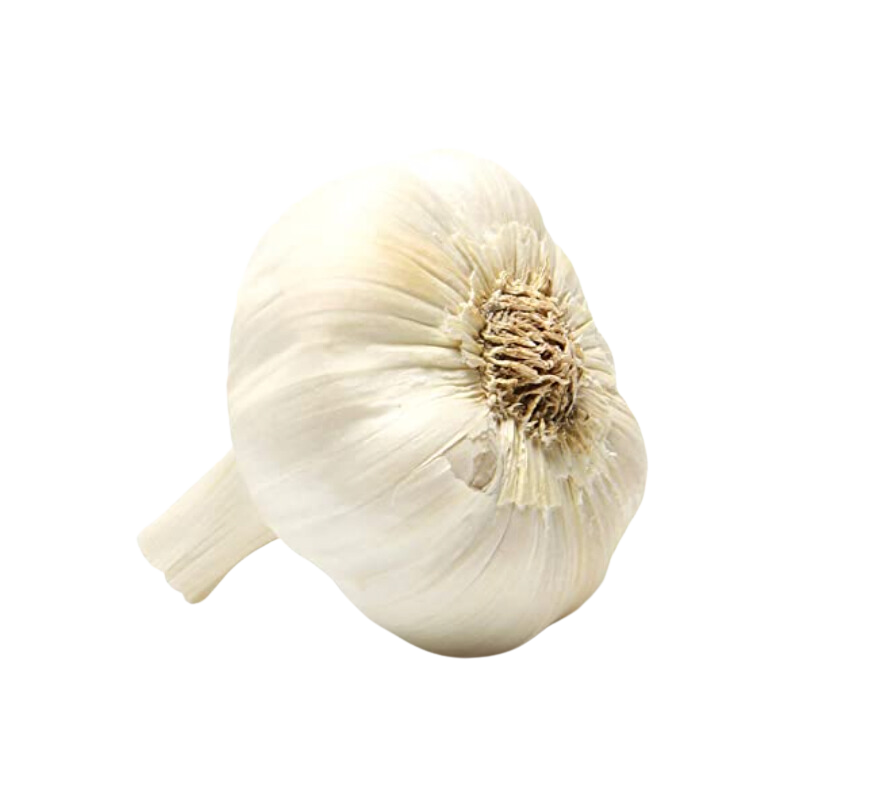
-

-

-
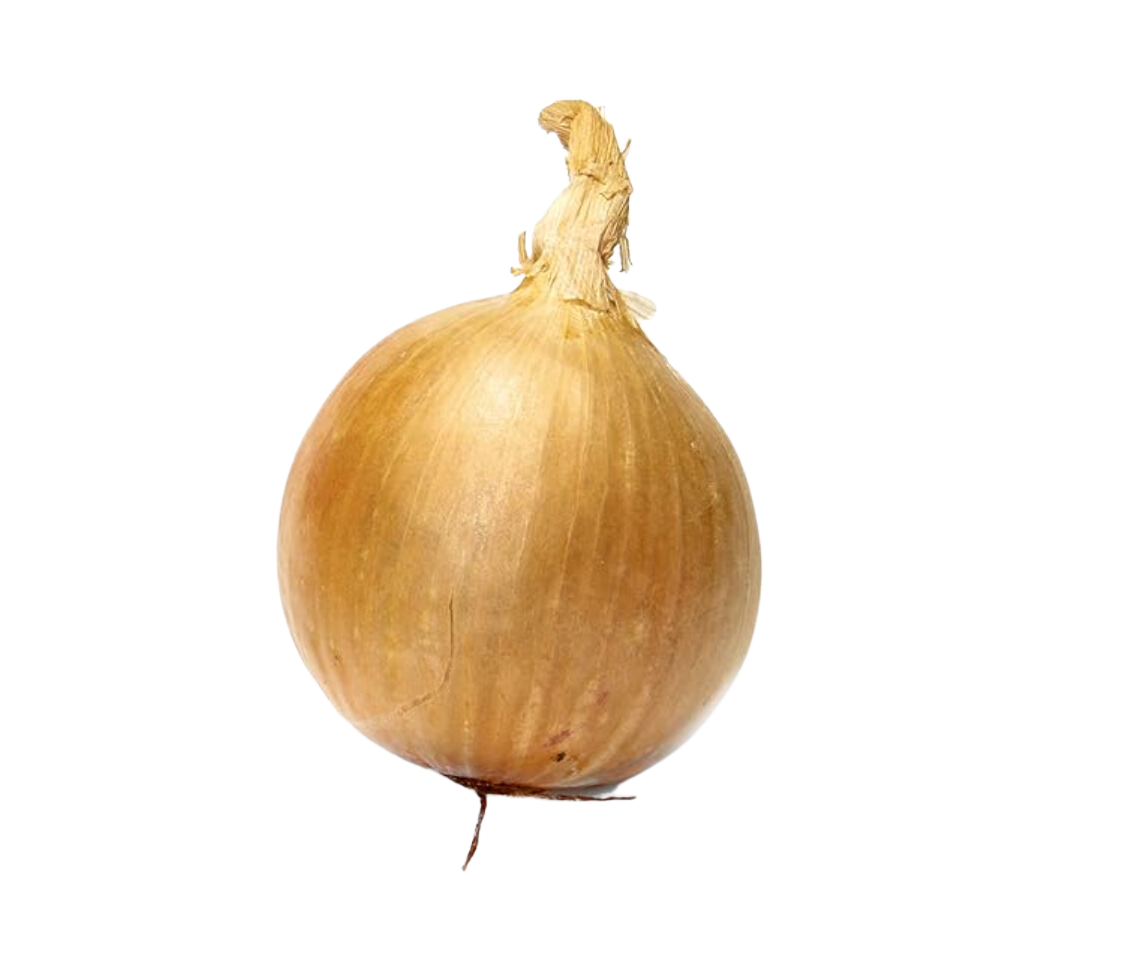
-

-
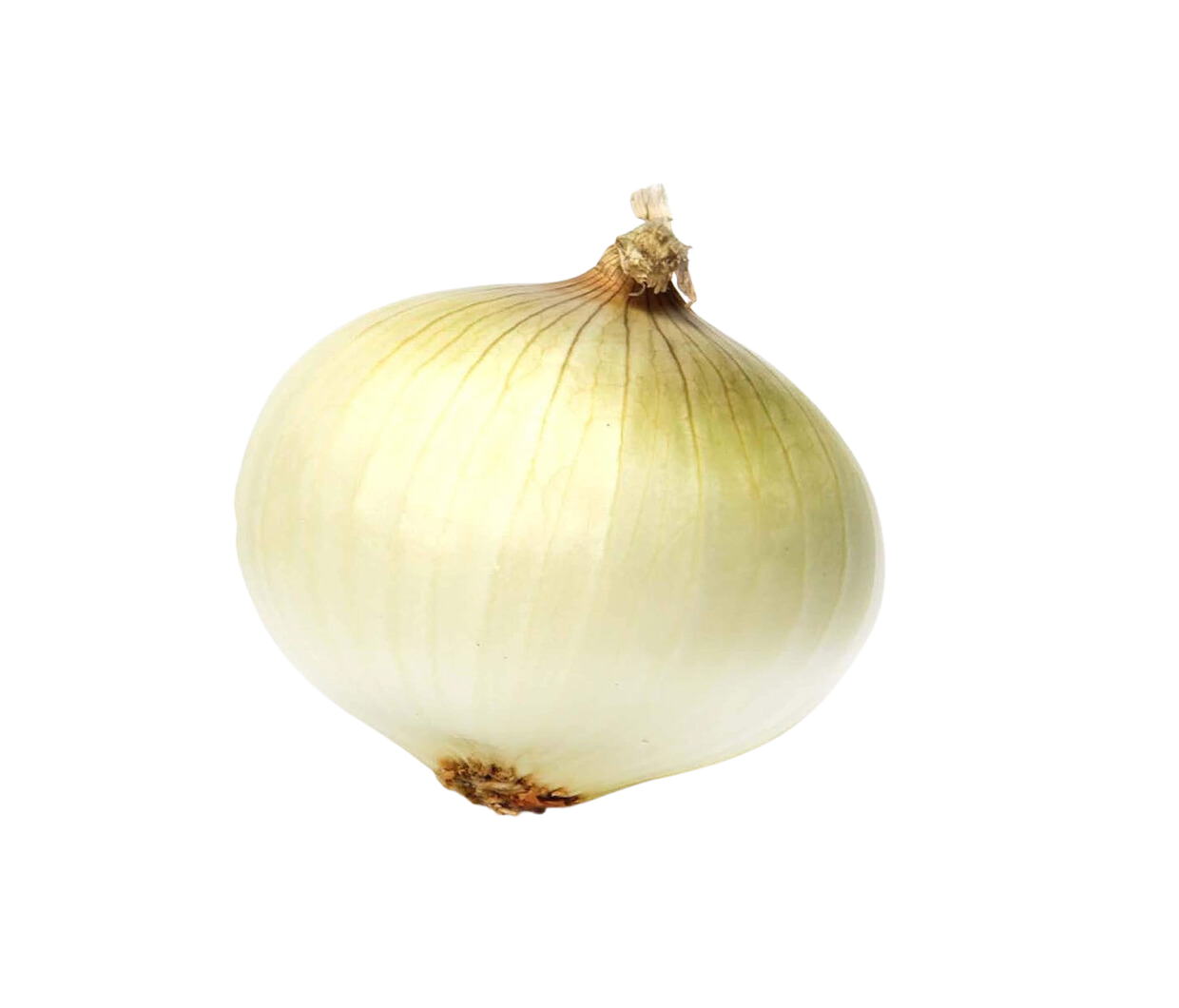
-
New List Item
Black Garlic
Fresh Herbs
Non-starchy vegetables are technically carbohydrates, yet they stand out due to their notably low carb and calorie content, warranting their distinction in a separate group. Their richness in antioxidants and micronutrients is pivotal for the body's multifaceted biochemical reactions which encompasses functions like methylation, detoxification, ATP energy production, and beyond. Moreover, their abundance in fiber significantly contributes to a healthy gut microbiome, aids in regulating blood sugar levels, and provides cardiovascular protection. Choose from a variety of the categories below to ensure optimal nutrient diversity.
-

-

-

-

-

-
New List Item
Black Garlic
Starchy Vegetables
Non-starchy vegetables are technically carbohydrates, yet they stand out due to their notably low carb and calorie content, warranting their distinction in a separate group. Their richness in antioxidants and micronutrients is pivotal for the body's multifaceted biochemical reactions which encompasses functions like methylation, detoxification, ATP energy production, and beyond. Moreover, their abundance in fiber significantly contributes to a healthy gut microbiome, aids in regulating blood sugar levels, and provides cardiovascular protection. Choose from a variety of the categories below to ensure optimal nutrient diversity.
-

-
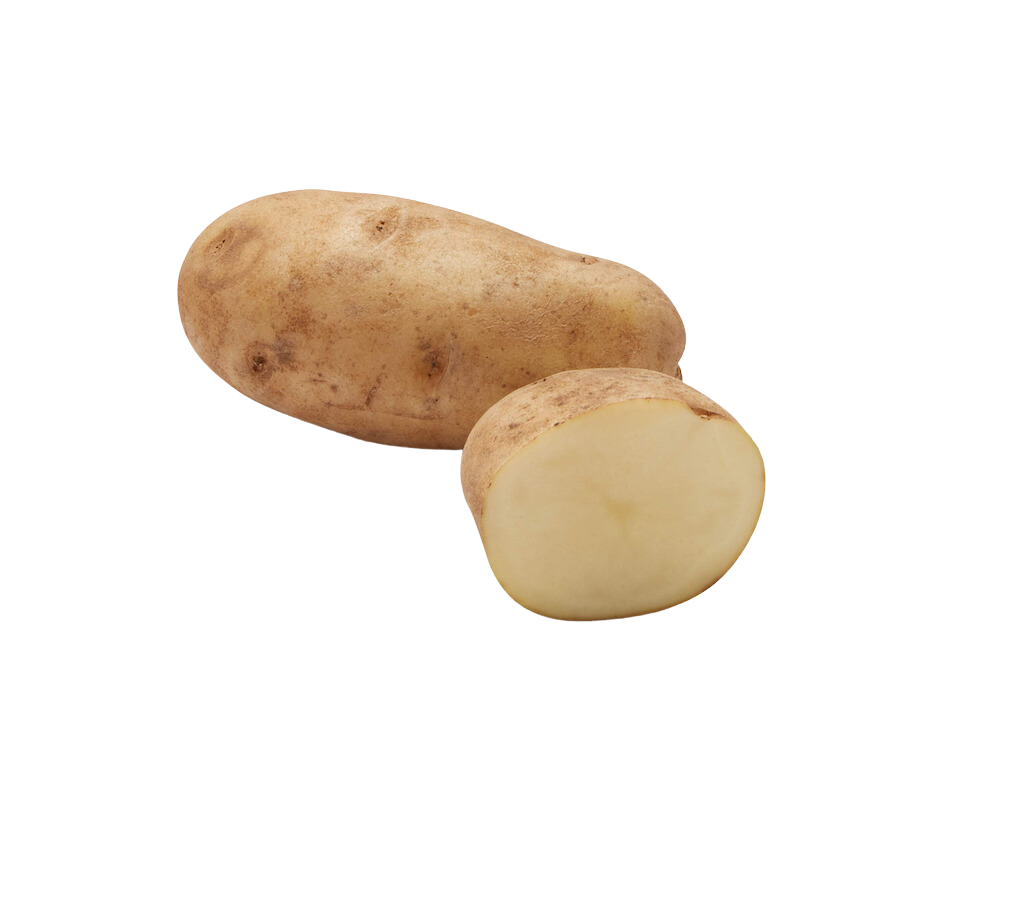
-

-

-

New List Item
Description goes here
Plant-Based High Protein & Fiber Carbohydrates
Non-starchy vegetables are technically carbohydrates, yet they stand out due to their notably low carb and calorie content, warranting their distinction in a separate group. Their richness in antioxidants and micronutrients is pivotal for the body's multifaceted biochemical reactions which encompasses functions like methylation, detoxification, ATP energy production, and beyond. Moreover, their abundance in fiber significantly contributes to a healthy gut microbiome, aids in regulating blood sugar levels, and provides cardiovascular protection. Choose from a variety of the categories below to ensure optimal nutrient diversity.
Plant-Based Low Fiber High Protein
-

-
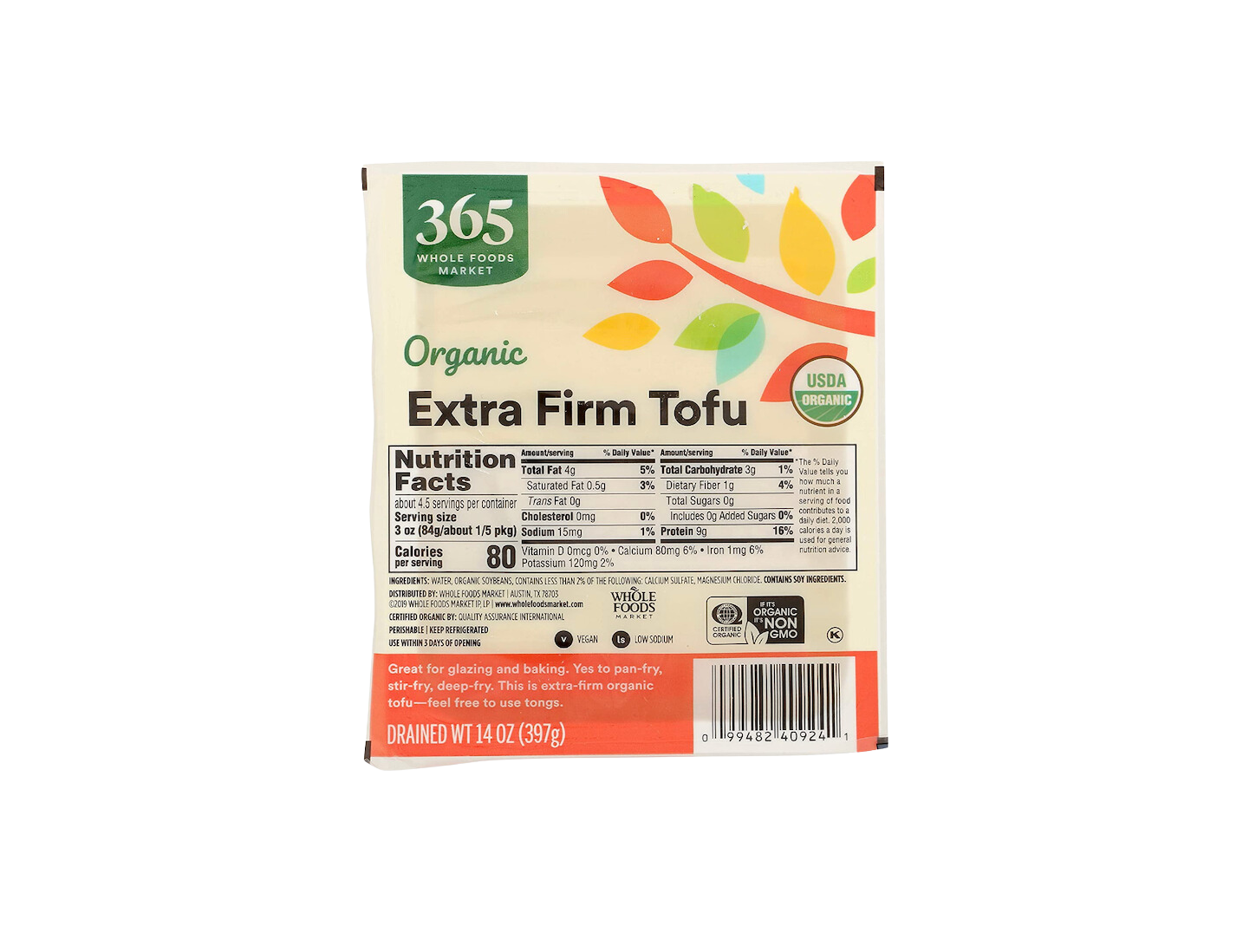
-
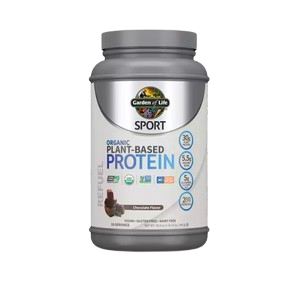
-

-

Soy “Chicken”
High Antioxidant Fruit
Non-starchy vegetables are technically carbohydrates, yet they stand out due to their notably low carb and calorie content, warranting their distinction in a separate group. Their richness in antioxidants and micronutrients is pivotal for the body's multifaceted biochemical reactions which encompasses functions like methylation, detoxification, ATP energy production, and beyond. Moreover, their abundance in fiber significantly contributes to a healthy gut microbiome, aids in regulating blood sugar levels, and provides cardiovascular protection. Choose from a variety of the categories below to ensure optimal nutrient diversity.
-
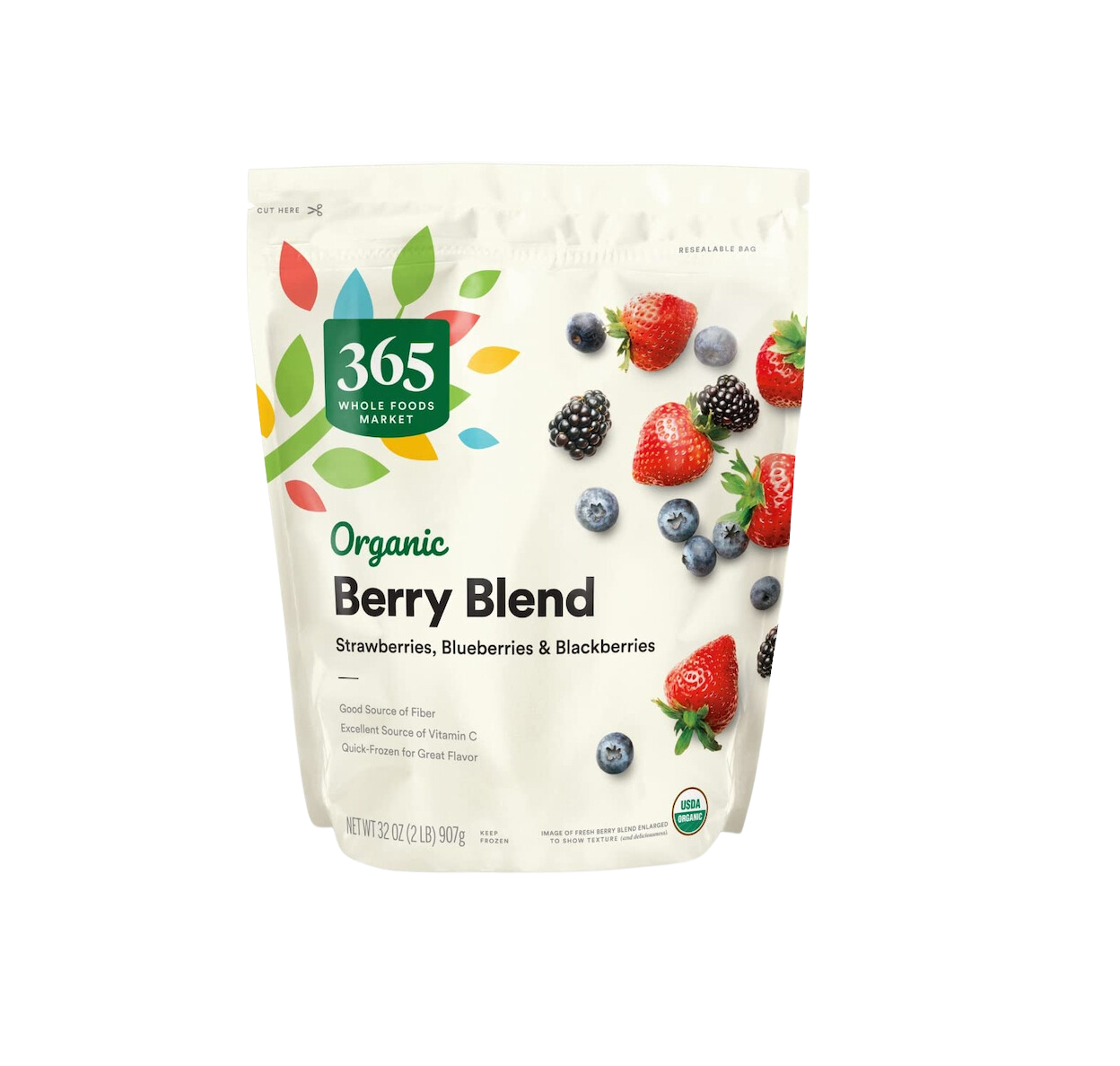
Great addition to smoothies or oatmeal for nutrient density & antioxidant support.
-
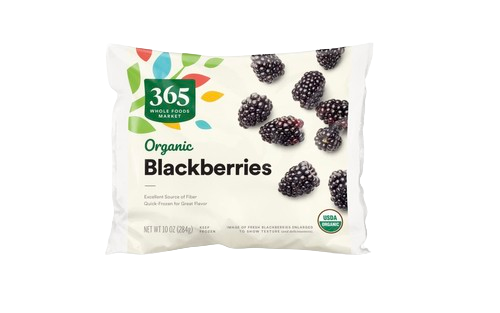
GF, LH, HF,
-
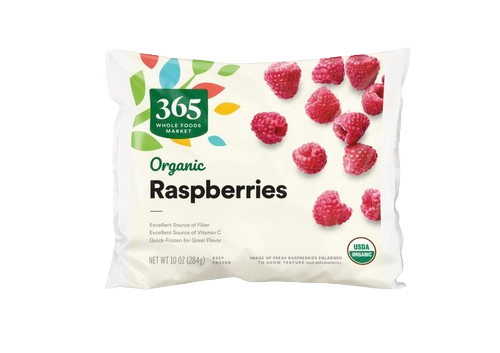
Raspberries are the most fiber-dense fruit and have a low glycemic index.
-

-
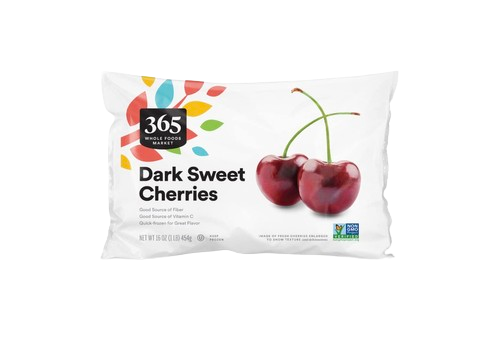
-
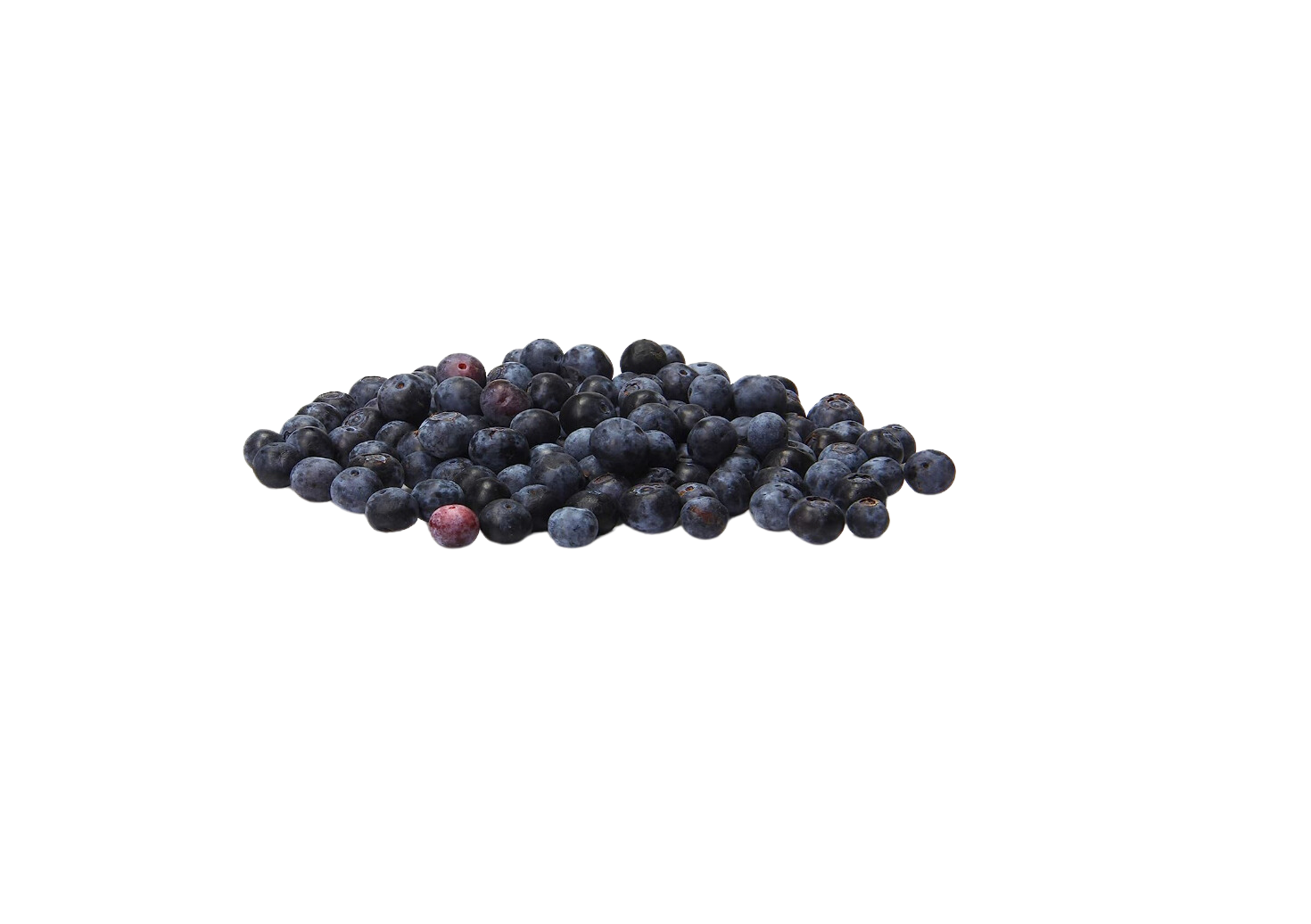
-

-

-

-
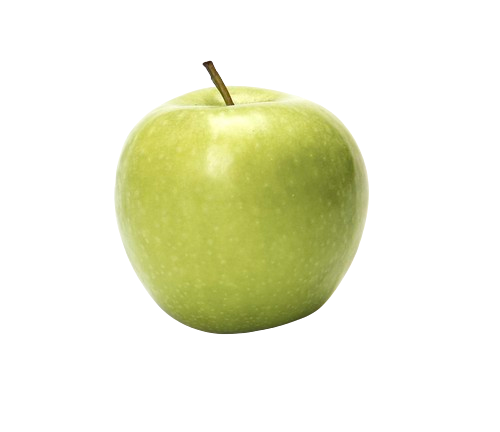
-

-

Gut Soothing Carbohydrates
Non-starchy vegetables are technically carbohydrates, yet they stand out due to their notably low carb and calorie content, warranting their distinction in a separate group. Their richness in antioxidants and micronutrients is pivotal for the body's multifaceted biochemical reactions which encompasses functions like methylation, detoxification, ATP energy production, and beyond. Moreover, their abundance in fiber significantly contributes to a healthy gut microbiome, aids in regulating blood sugar levels, and provides cardiovascular protection. Choose from a variety of the categories below to ensure optimal nutrient diversity.
-

-
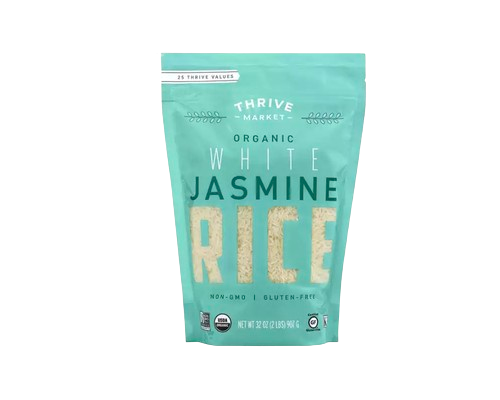
Organic White Rice
-

-

-
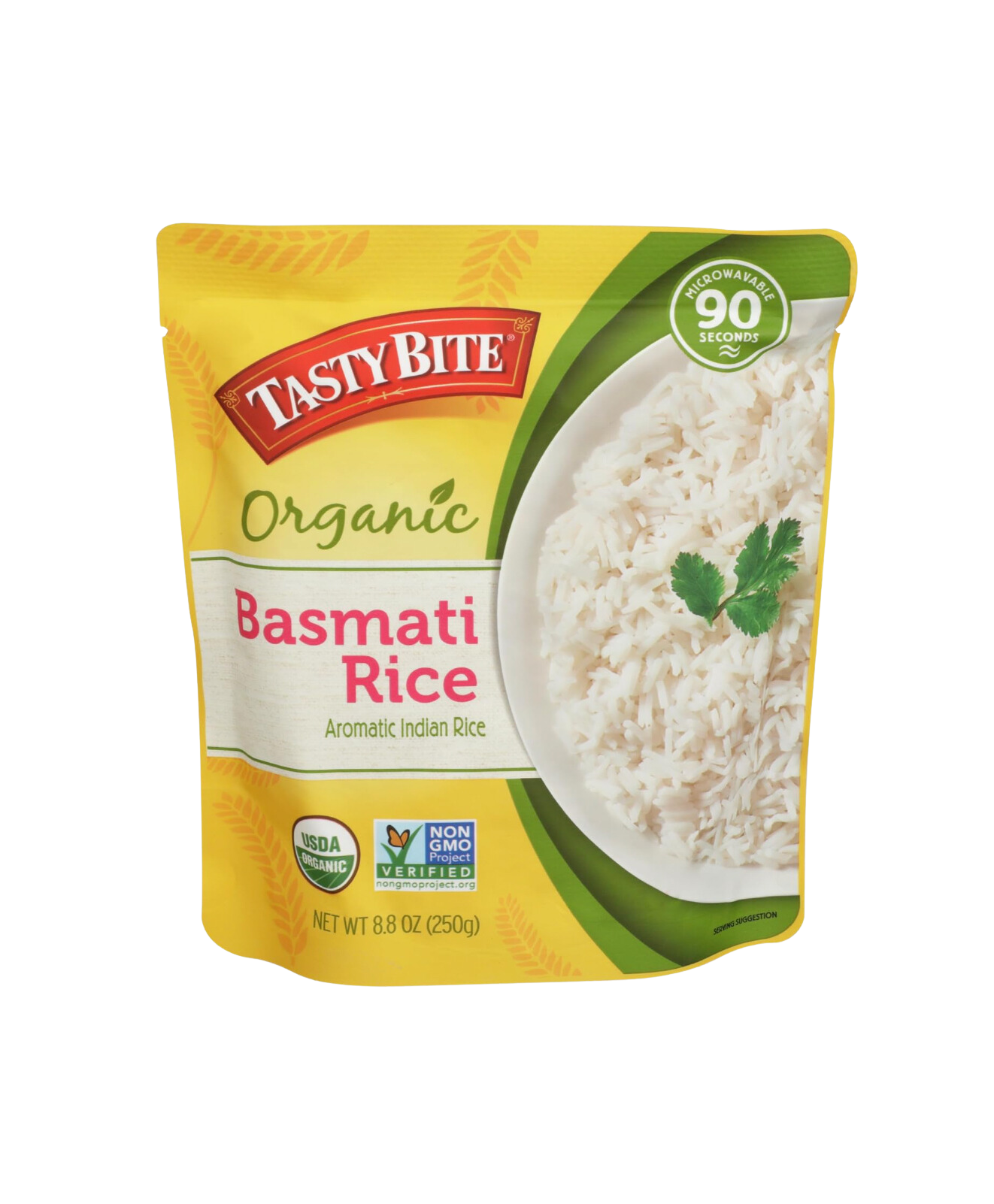
-

-

-

-

-

-

Gluten-Free Breads, Wraps & Crackers
Non-starchy vegetables are technically carbohydrates, yet they stand out due to their notably low carb and calorie content, warranting their distinction in a separate group. Their richness in antioxidants and micronutrients is pivotal for the body's multifaceted biochemical reactions which encompasses functions like methylation, detoxification, ATP energy production, and beyond. Moreover, their abundance in fiber significantly contributes to a healthy gut microbiome, aids in regulating blood sugar levels, and provides cardiovascular protection. Choose from a variety of the categories below to ensure optimal nutrient diversity.
-
Makes a great quesadilla or wrap.
-
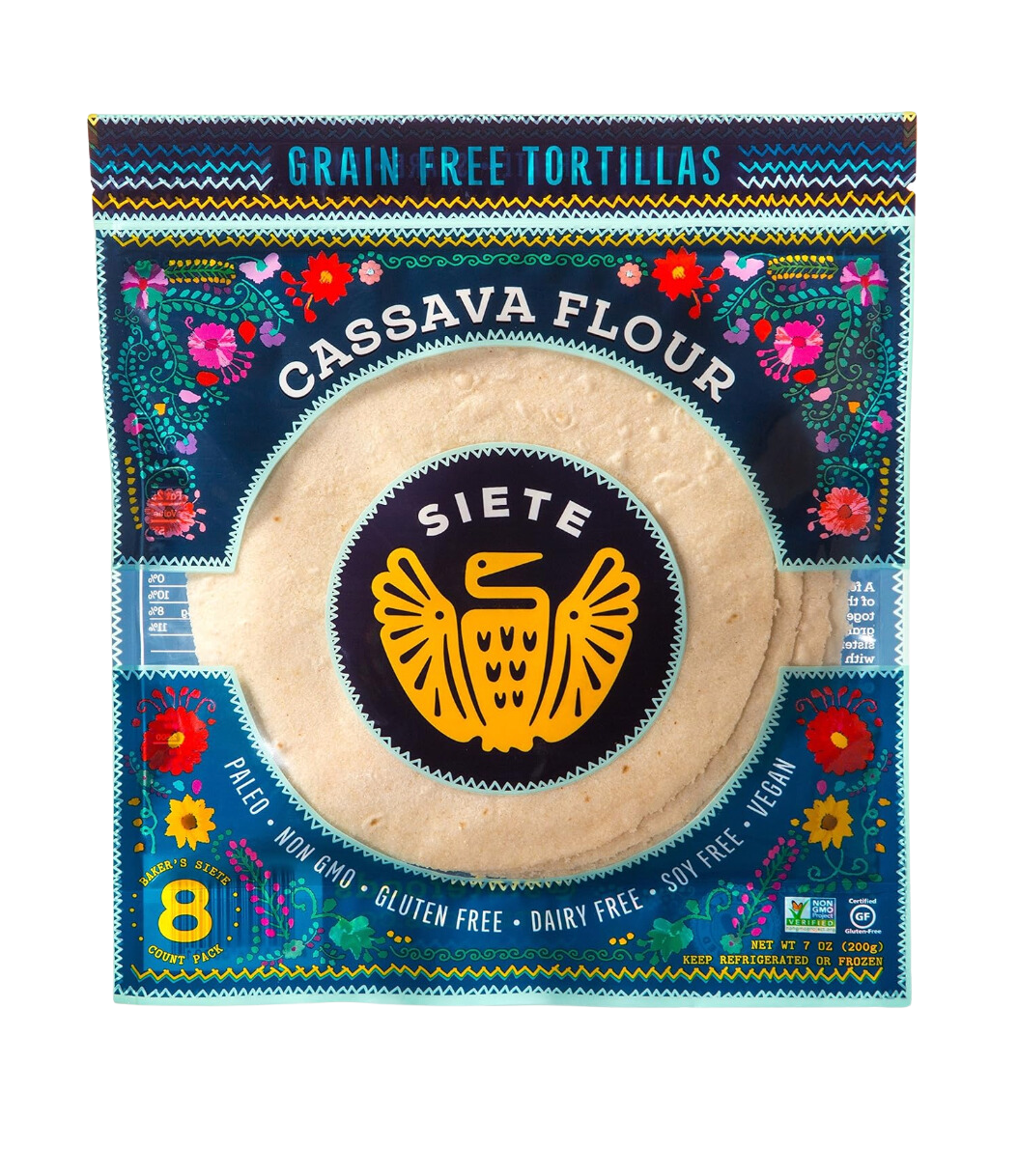
Cassava Flour Wrap
-
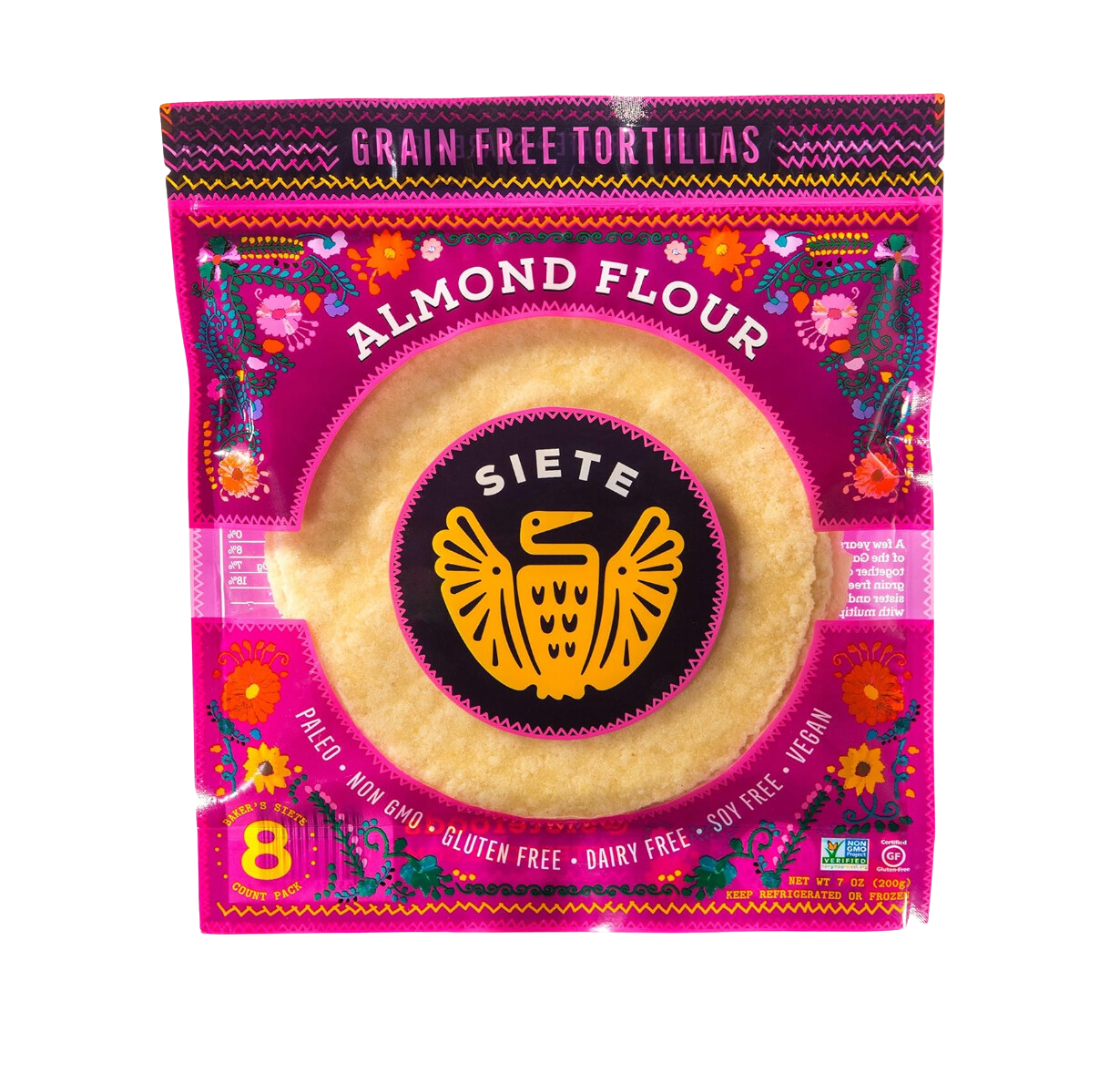
-
 Description goes here
Description goes here -

-

-

-
Lean Poultry & Bison Based Proteins
-
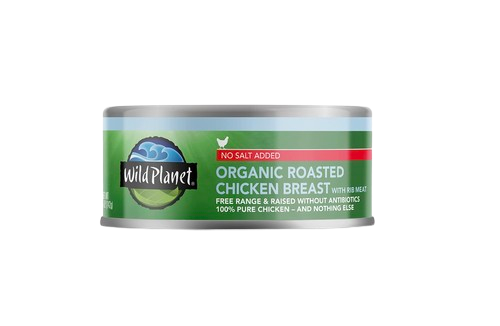
Makes a great chicken salad with chopped celery, bell peppers & onion.
-

-

-
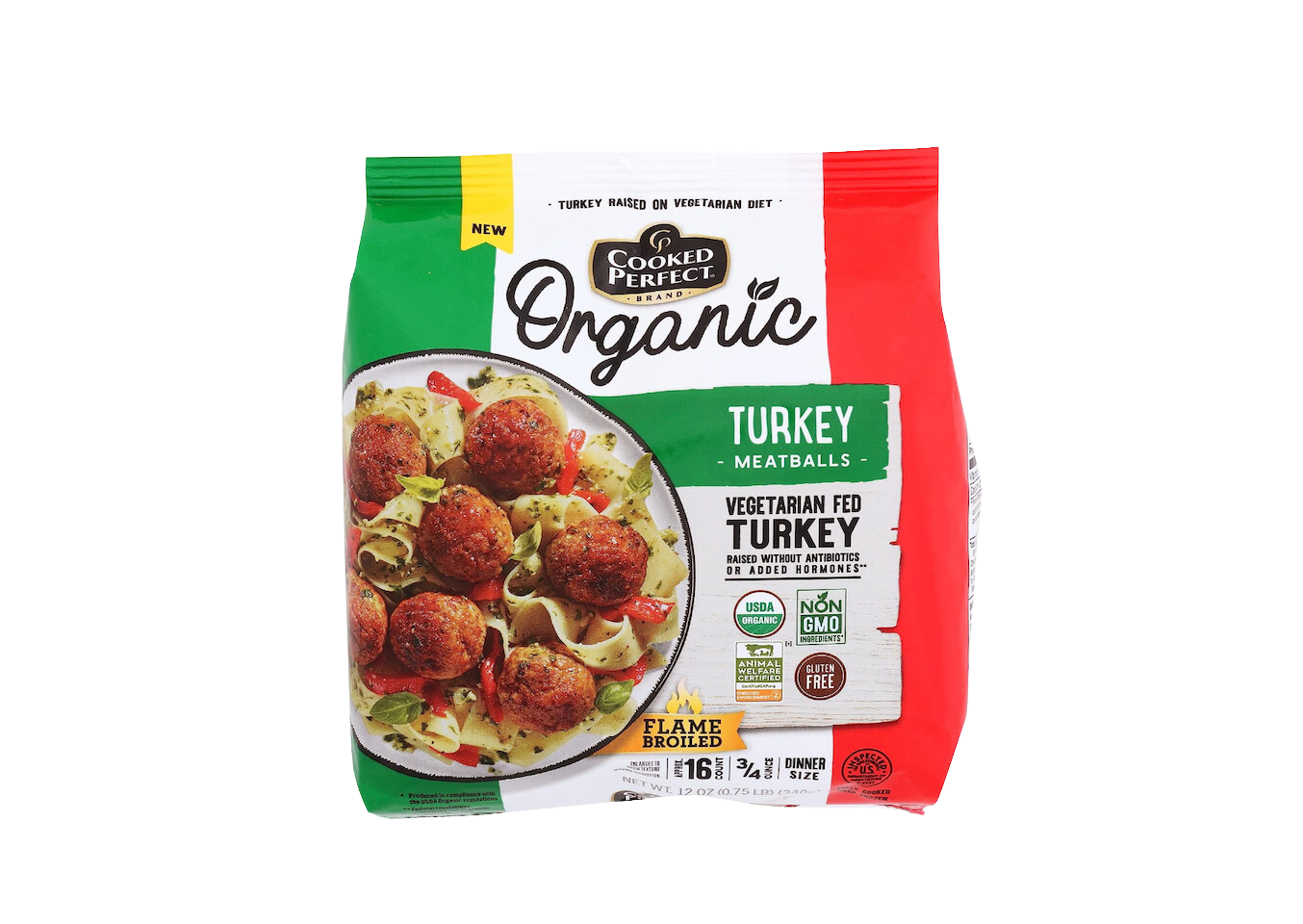
-
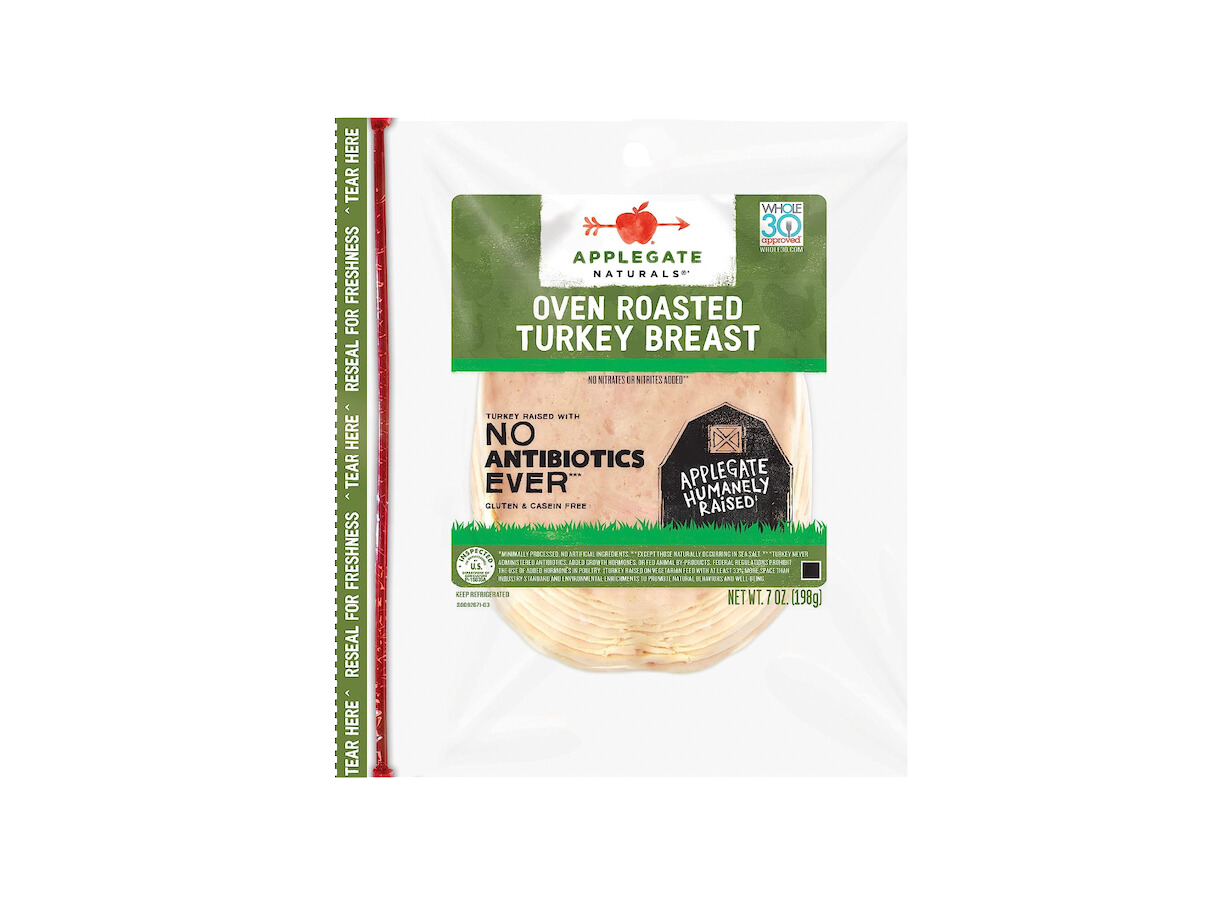
-

-
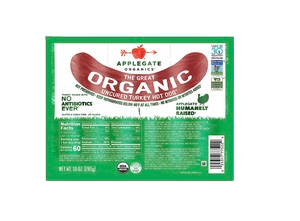
-
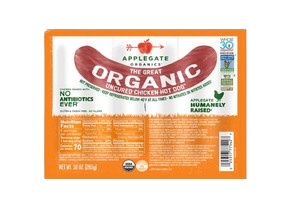
Beef Animal-Based Proteins
High Protein Breakfast Options
-
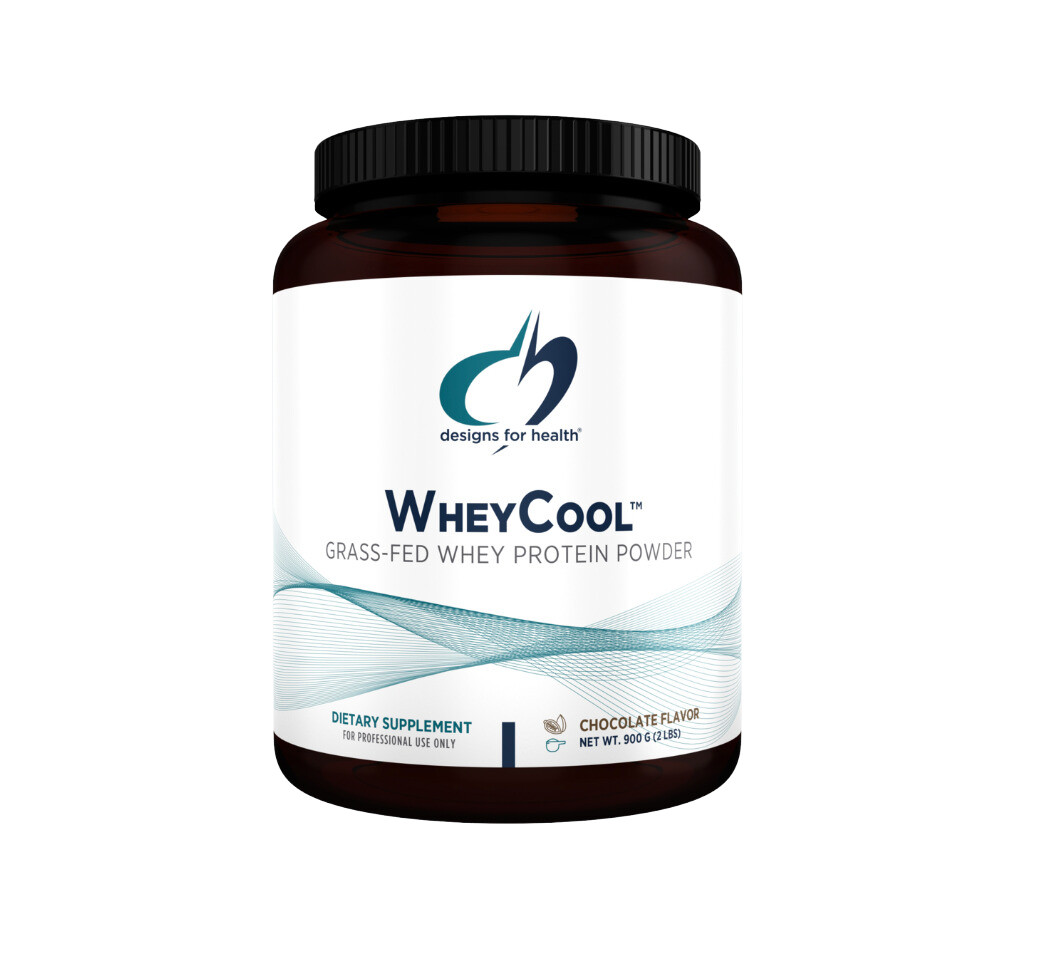
Blend with frozen berries for a high anti-oxidant & protein breakfast.
-
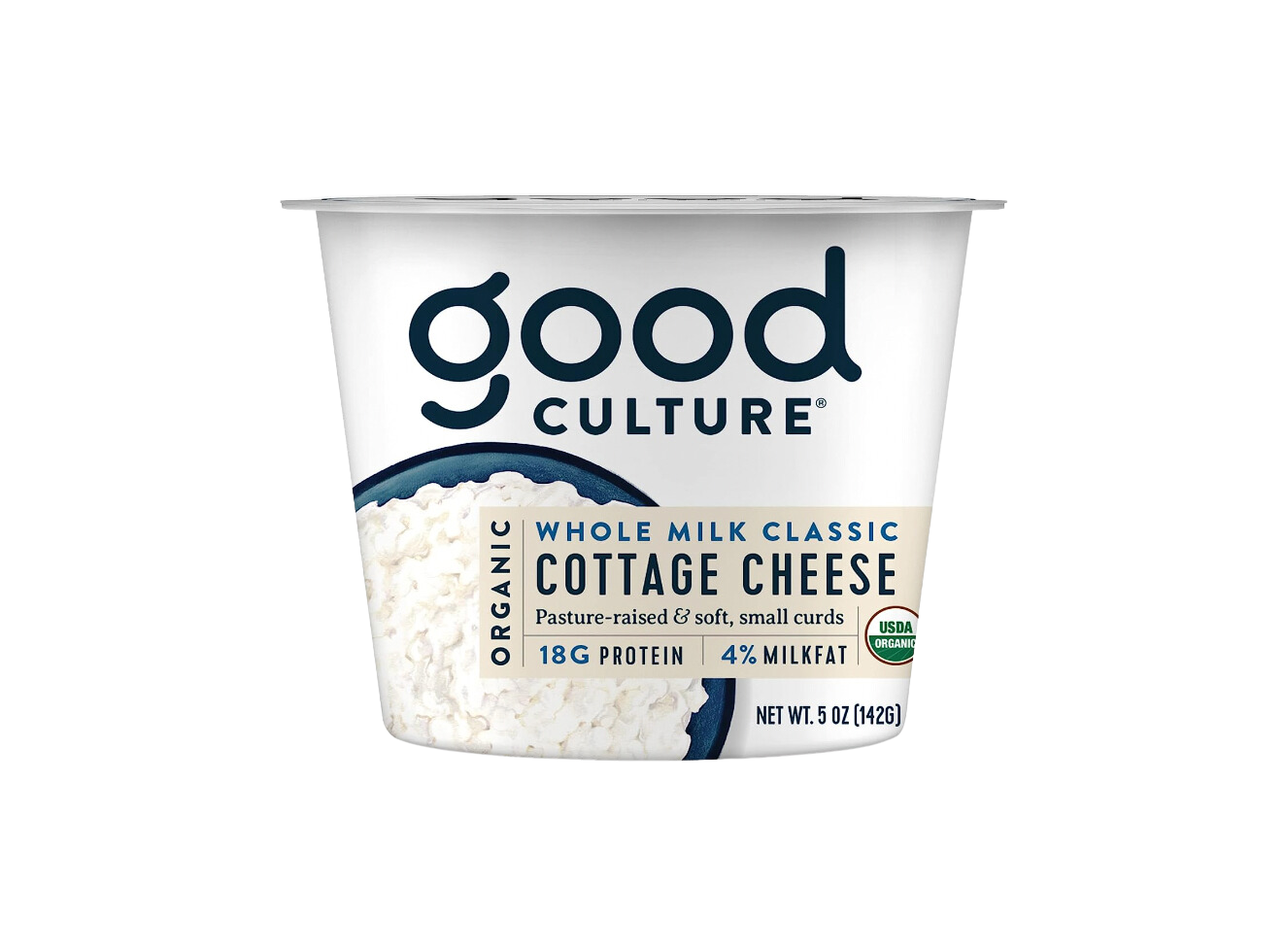
-
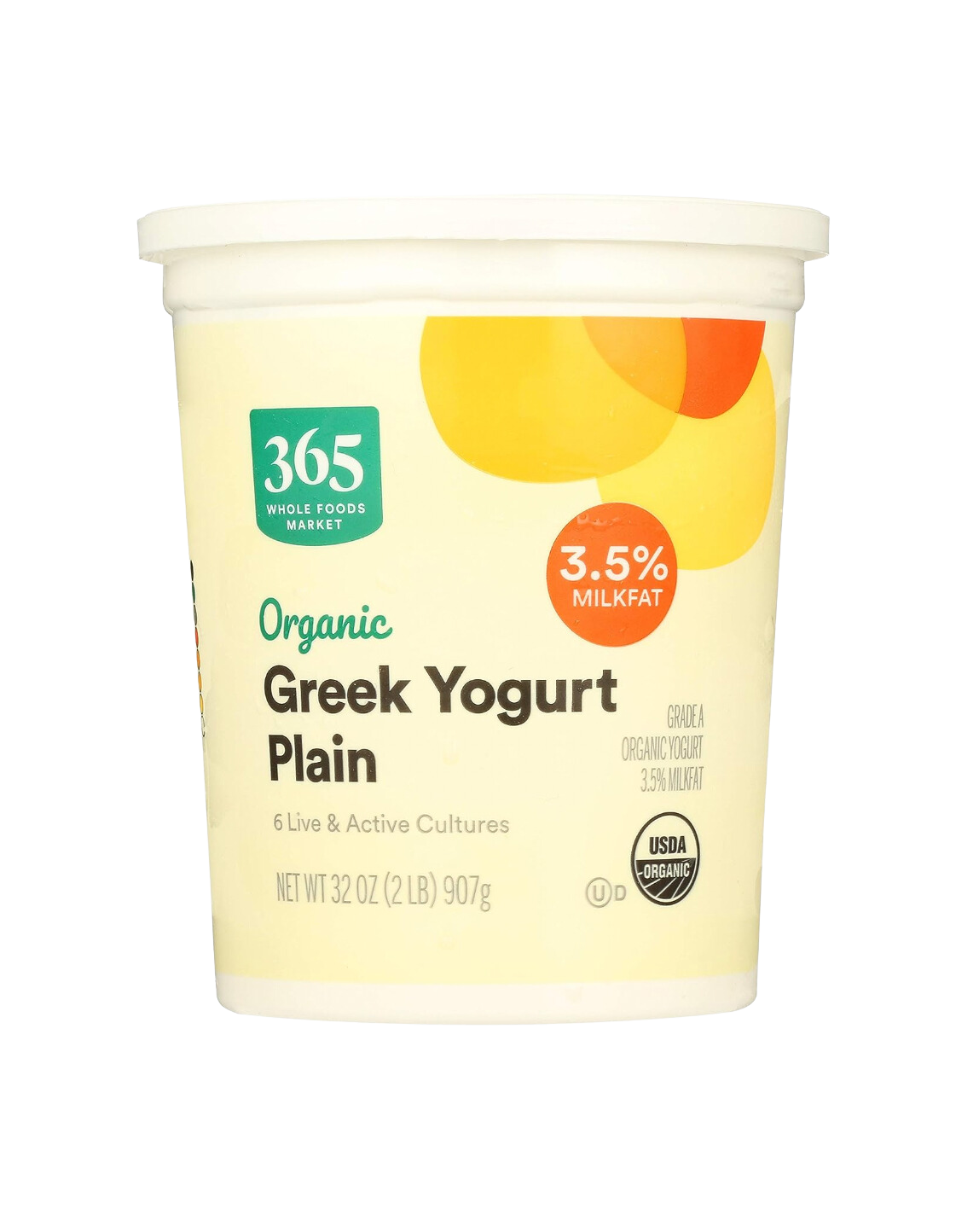
-
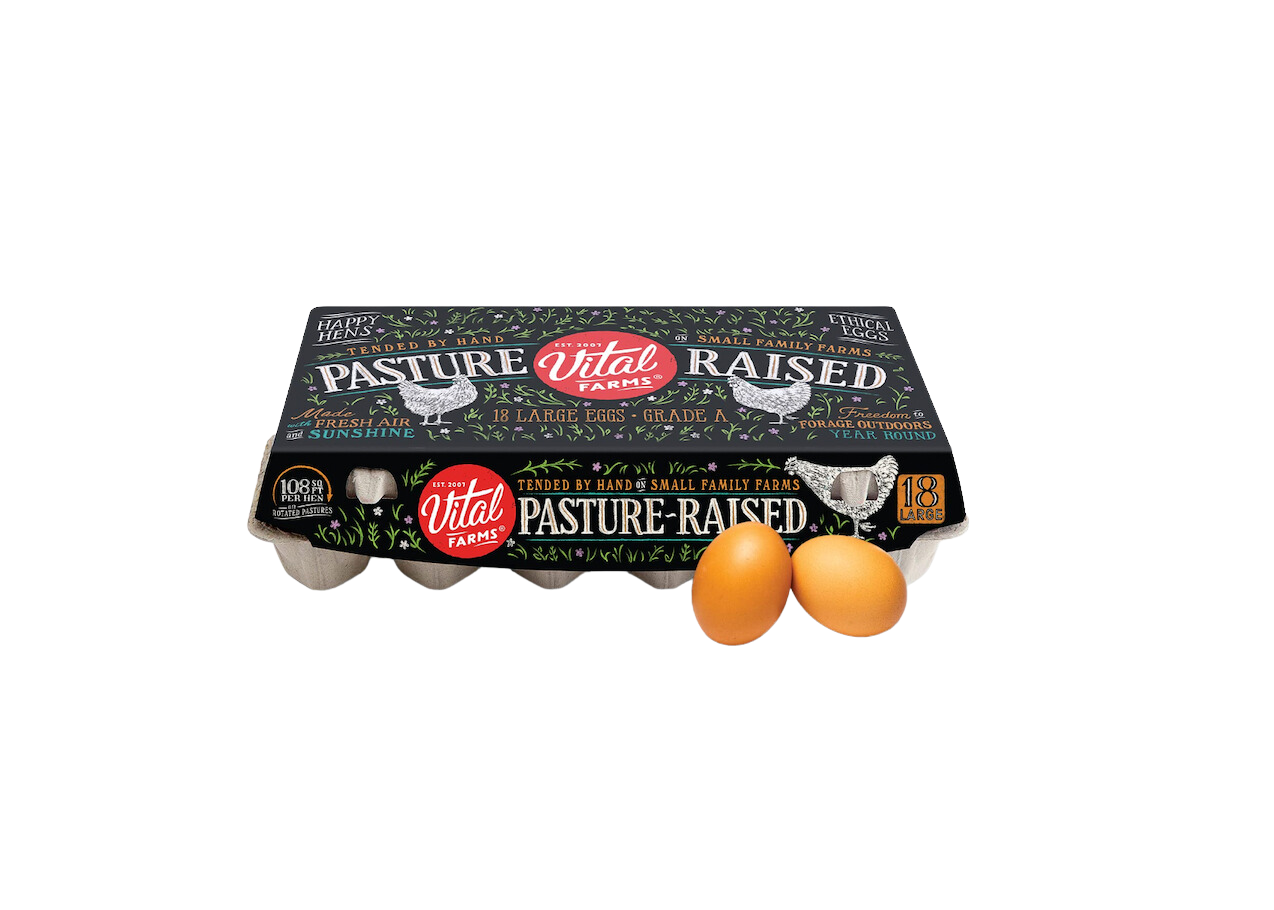
-

-

-

-
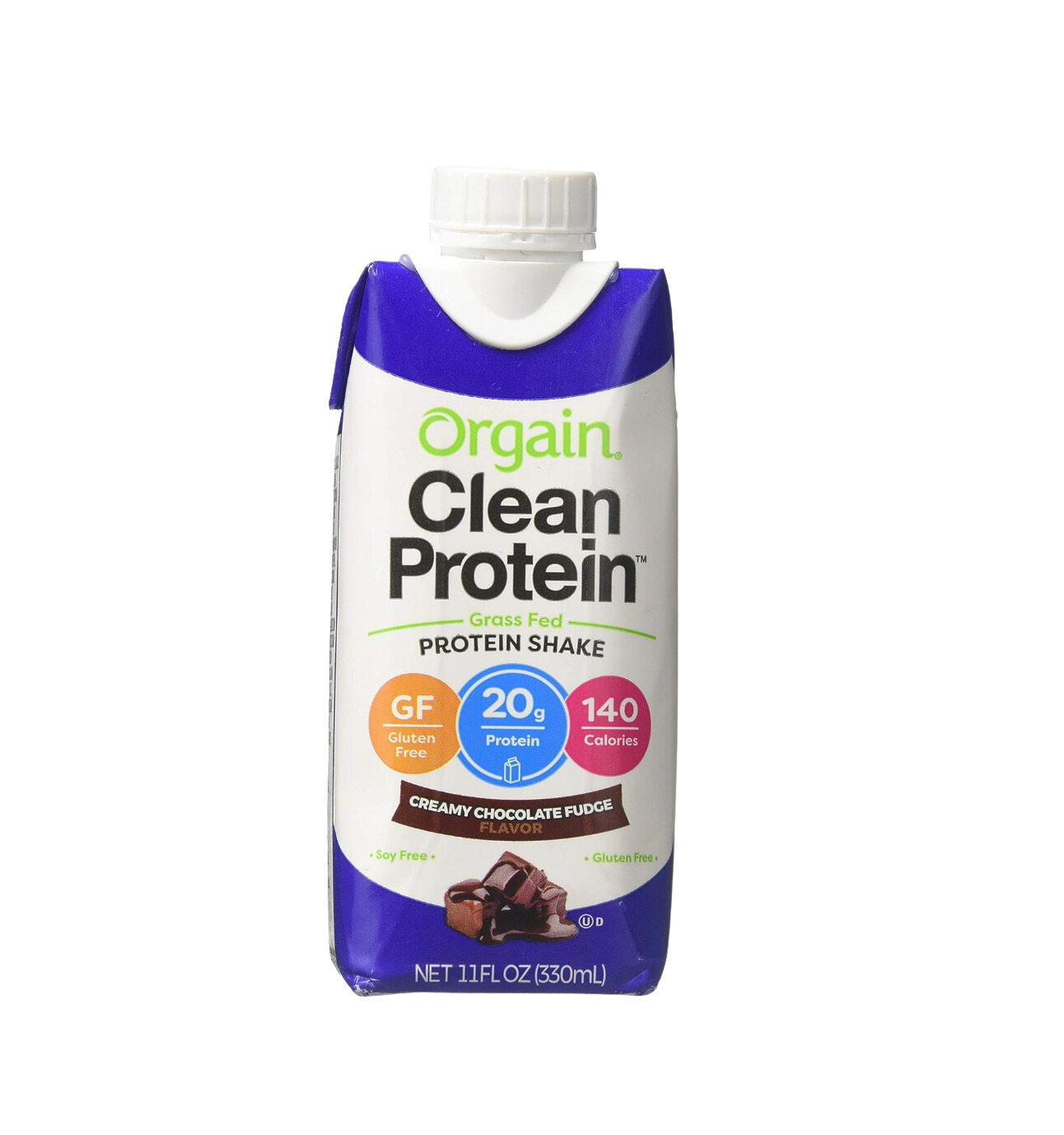
-
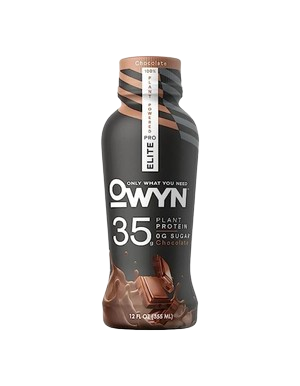
-
 Description goes here
Description goes here -
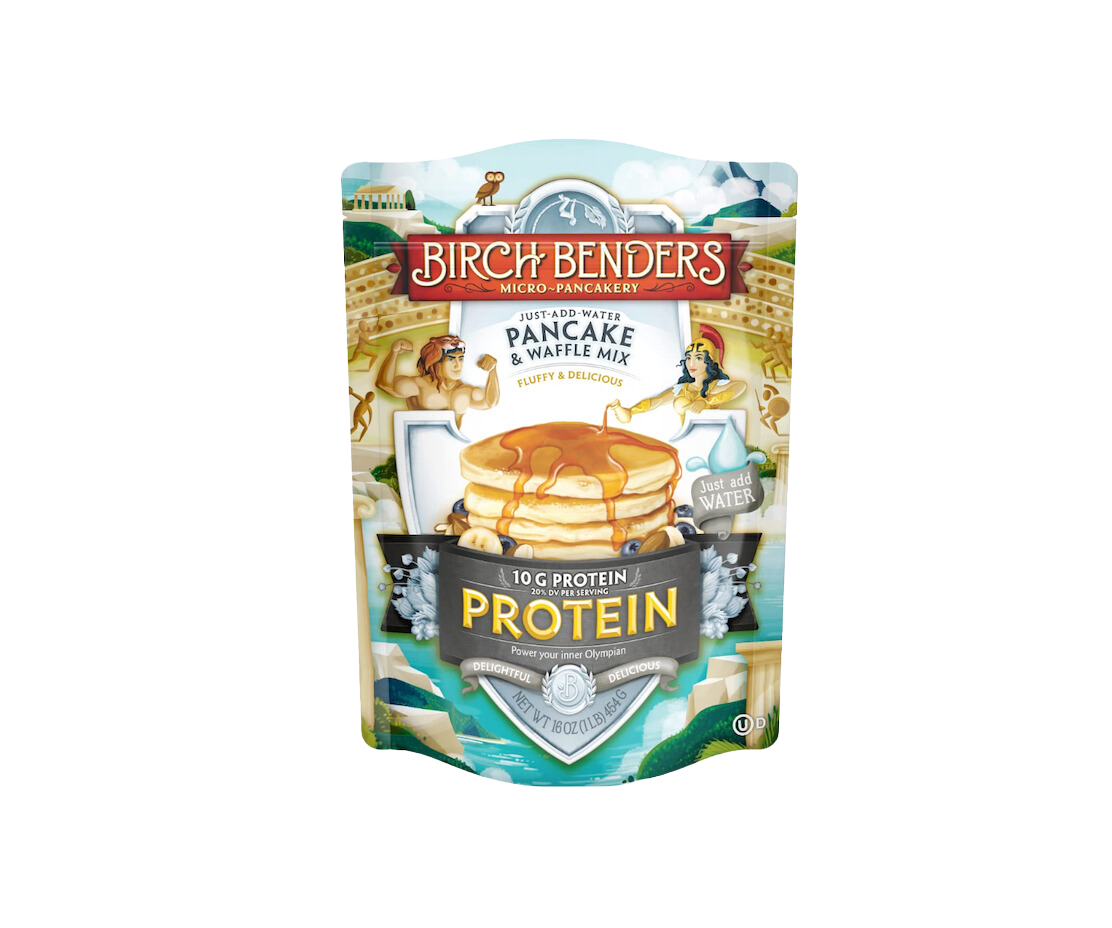
-
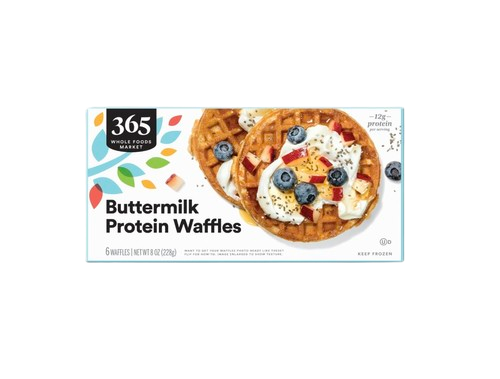
-

-

Low Mercury Seafood-Based Proteins
Anti-Inflammatory Oils & Butter
-

-

A spray helps reduce calories from fat.
-
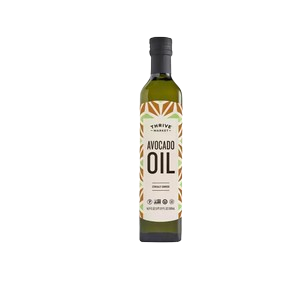
-
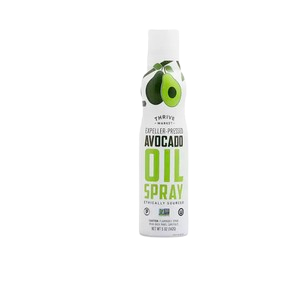
-

Good for individuals with lactose or casein sensitivities as it is clarified to remove most of these components. It has a higher smoke point than butter & a longer shelf life.
-
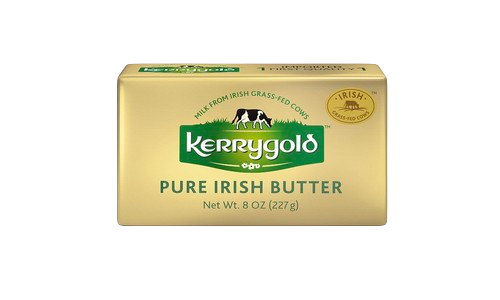
Bone Broths
Veggie & Chip Dips
-
New List Item
Description goes here
Polyflavonol Rich Non-Toxic Spices & Seasonings
Nuts, Seeds & Nut Butter
Smoothie Ingredients
Sweet Treats
Non Inflammatory Chips & Crackers
-
New List Item
Description goes here
Non Inflammatory Dressings, Dips & Sauces
Fermented Foods
Health Supportive Beverages
-
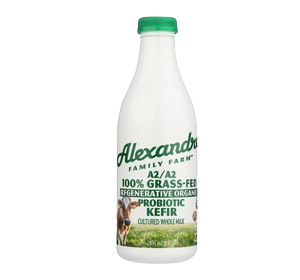
-

-
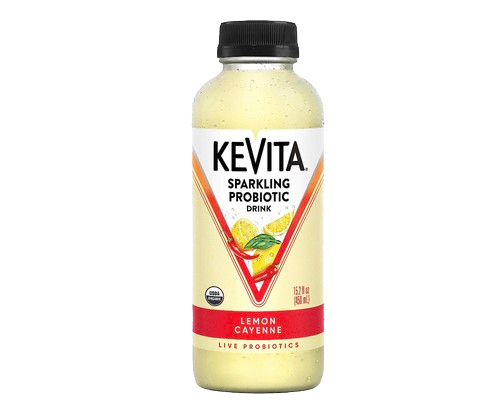
-
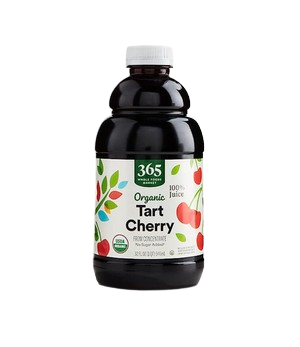
4 oz for sleep support.
Milk & “Mylks”
Non- Caffeinated Teas & Beverages
Caffeinated Teas & Beverages









